The Slow Food NYC Urban Harvest program operates the Ujima Garden in East New York Brooklyn. This urban farm grows and donates thousands of pounds of locally-grown, organic produce to NYC communities. Through free summer programming, Urban Harvest teaches New York City children about the effects of good food on their wellbeing, communities, and the planet. The Ujima Garden is 100% funded by donations! We appreciate your support.
Ujima Garden Location - 660 New Jersey Ave in Brooklyn
Slow Food NYC's Urban Harvest Farm produces and donates 7arm fresh produce during the growing season—including tomatoes, squash, cucumbers, eggplants, okra, beans, and basil—to the Coretta Scott-King Senior Housing Facility and to a mutual-aid fridge at Universe City, two organizations based in the same neighborhood as our garden.
Here is what your contributions can help us accomplish in the future:
We know there are numerous nonprofits doing exceptional work in the NYC community and appreciate every donation. No amount is too small to keep our vital programming going and growing. Every dollar helps, and we are incredibly grateful for every level of support.
Through our Urban Harvest program, we provide structured learning experiences for more than 2,000 New York City children each year to expose them to good food—inspiring them to share what they learn with their families, friends and communities. There are two unique, complementary program components:
Urban Harvest in Schools, operating during the academic year from September to June
Urban Harvest Farm at Ujima, a tuition-free, educational urban farm community resource operating in East New York, Brooklyn during the growing season, April through September
Special thanks to the ongoing support and dedication of our advisory board members including Michael Anthony, Mary Cleaver, Peter Hoffman, Jessamyn Waldman Rodriguez, June Russell, Naama Tamir, Andrew Tarlow, Bill Telepan, and Ed Yowell!
URBAN HARVEST IN SCHOOLS
Urban Harvest in Schools started as a single school in East Harlem in 2007 and was the first Slow Food in School program in the United States. Today, the program supports good food education in New York City schools in the South Bronx, East Harlem, on the Lower East Side, and in Central and South Brooklyn. On average, 75% of the students in these schools qualify for the federal free lunch program for children of low-income families.
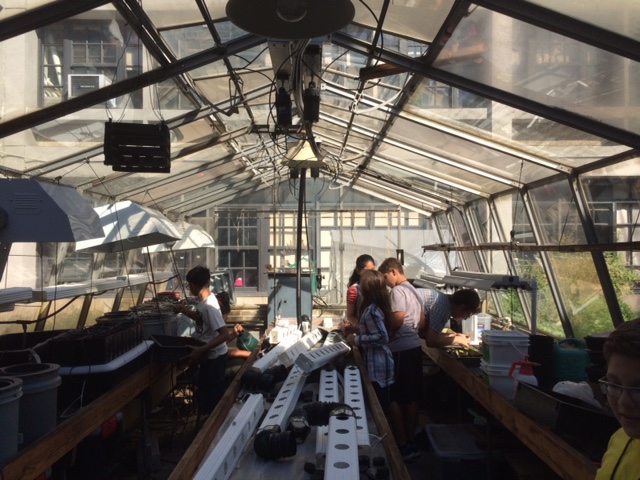
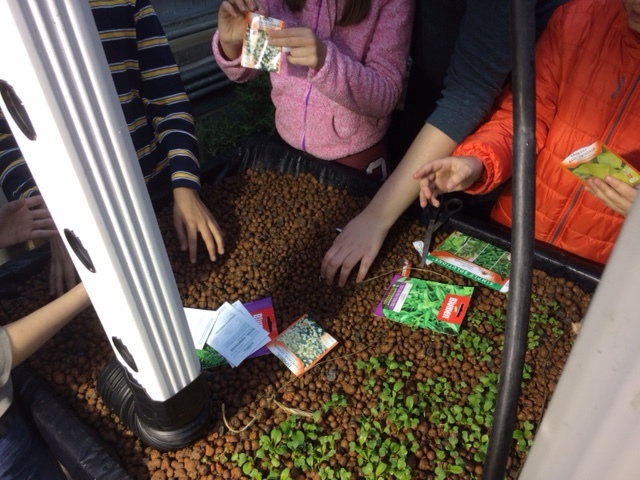
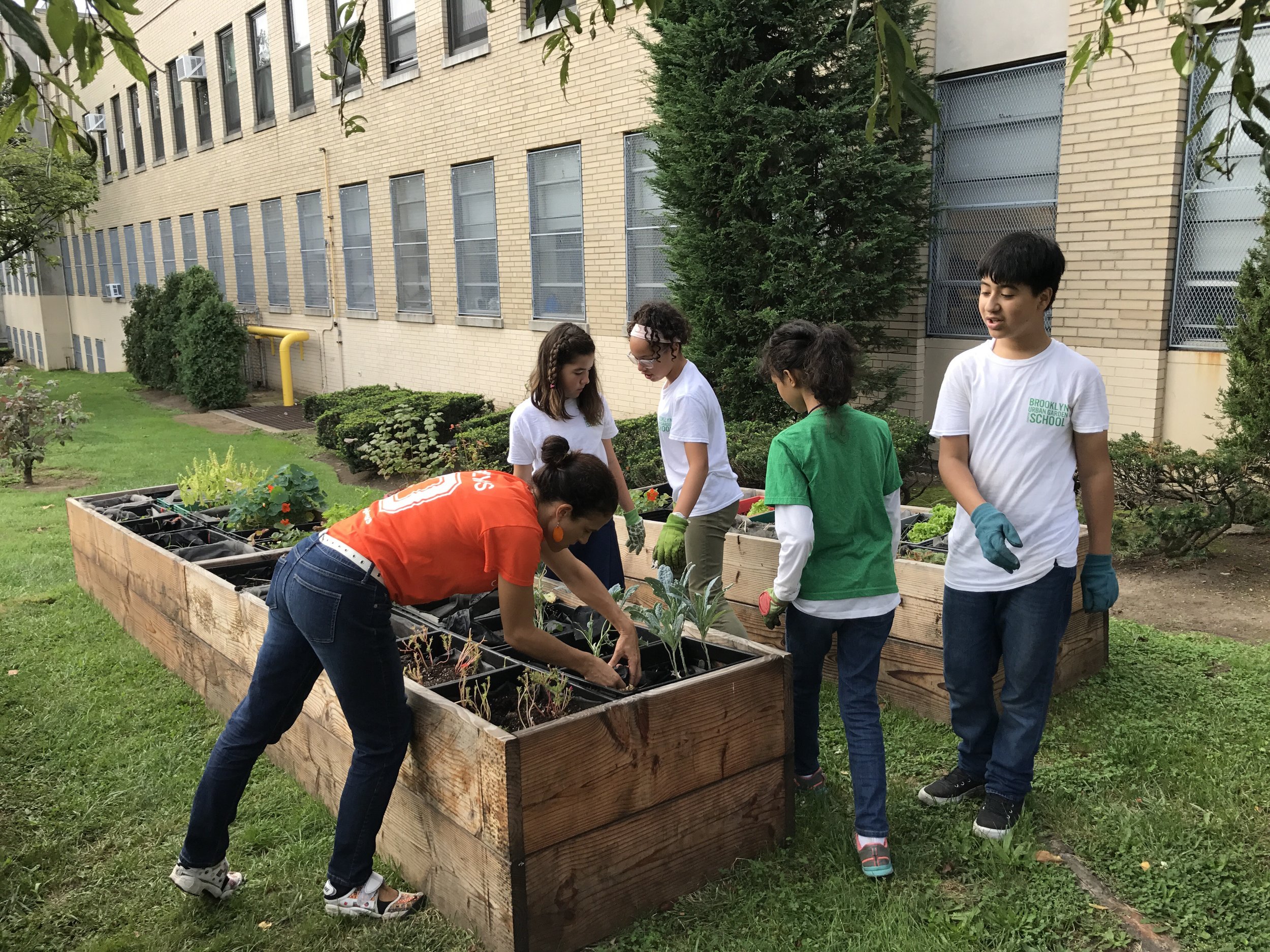
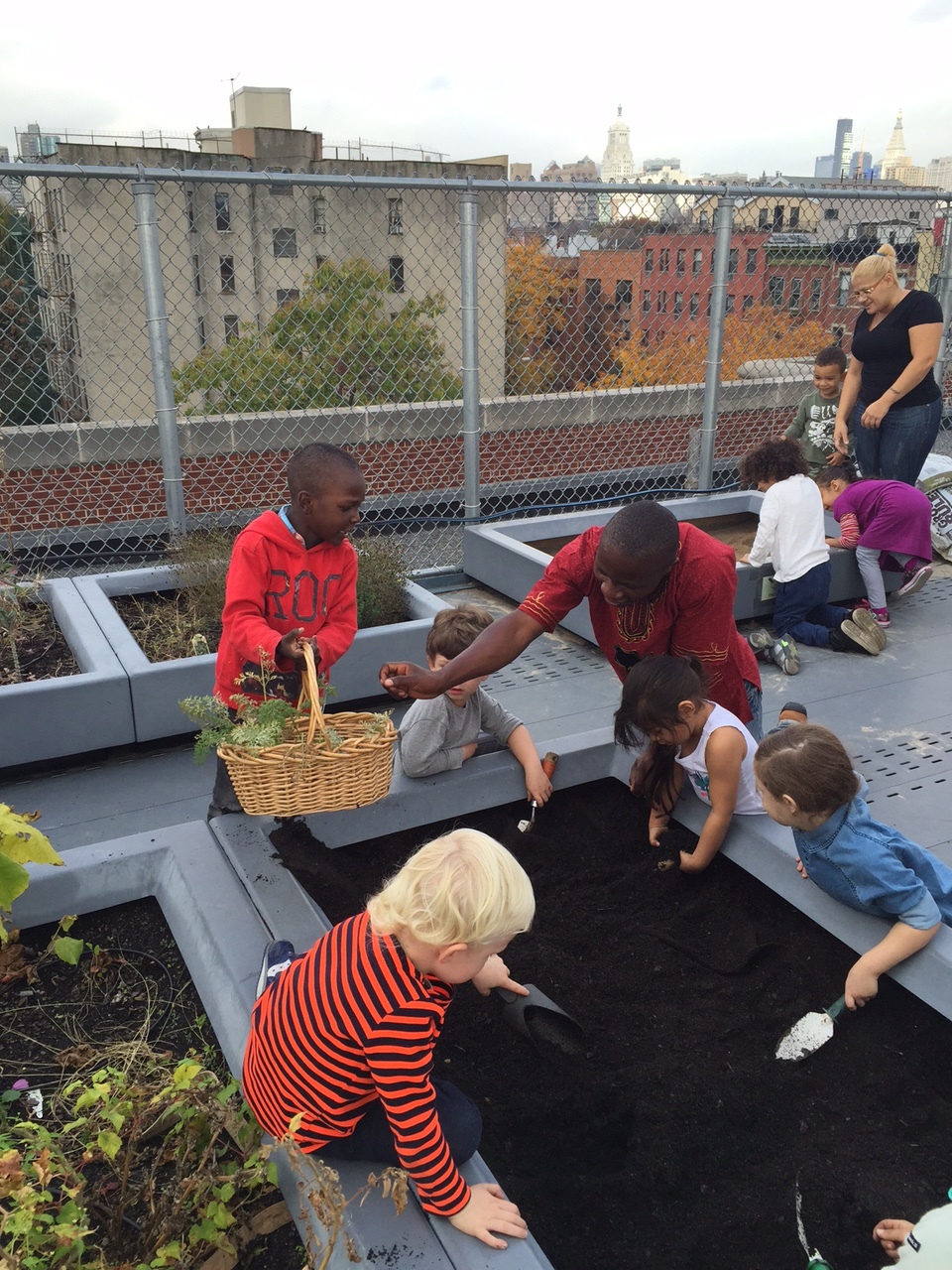
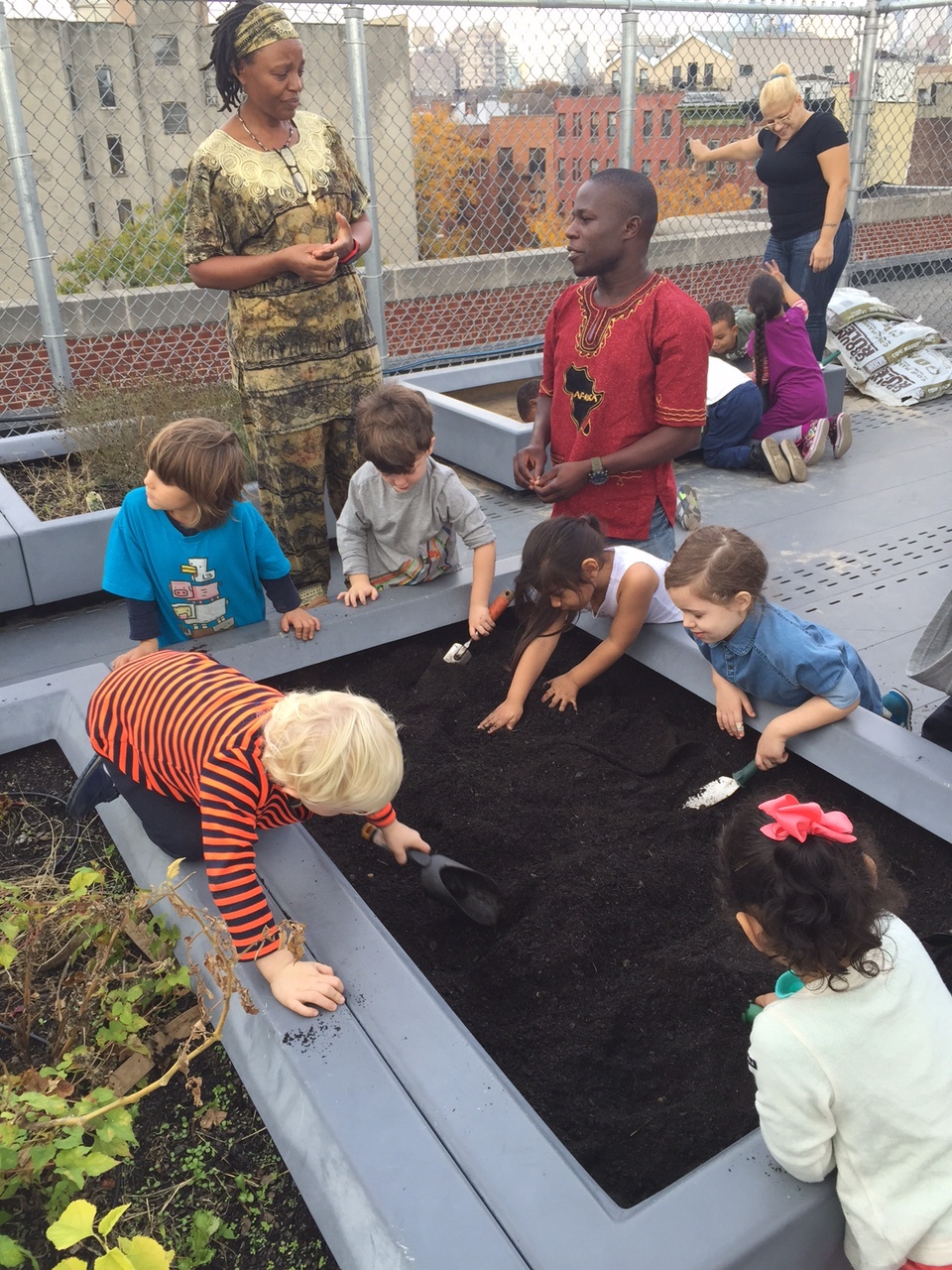
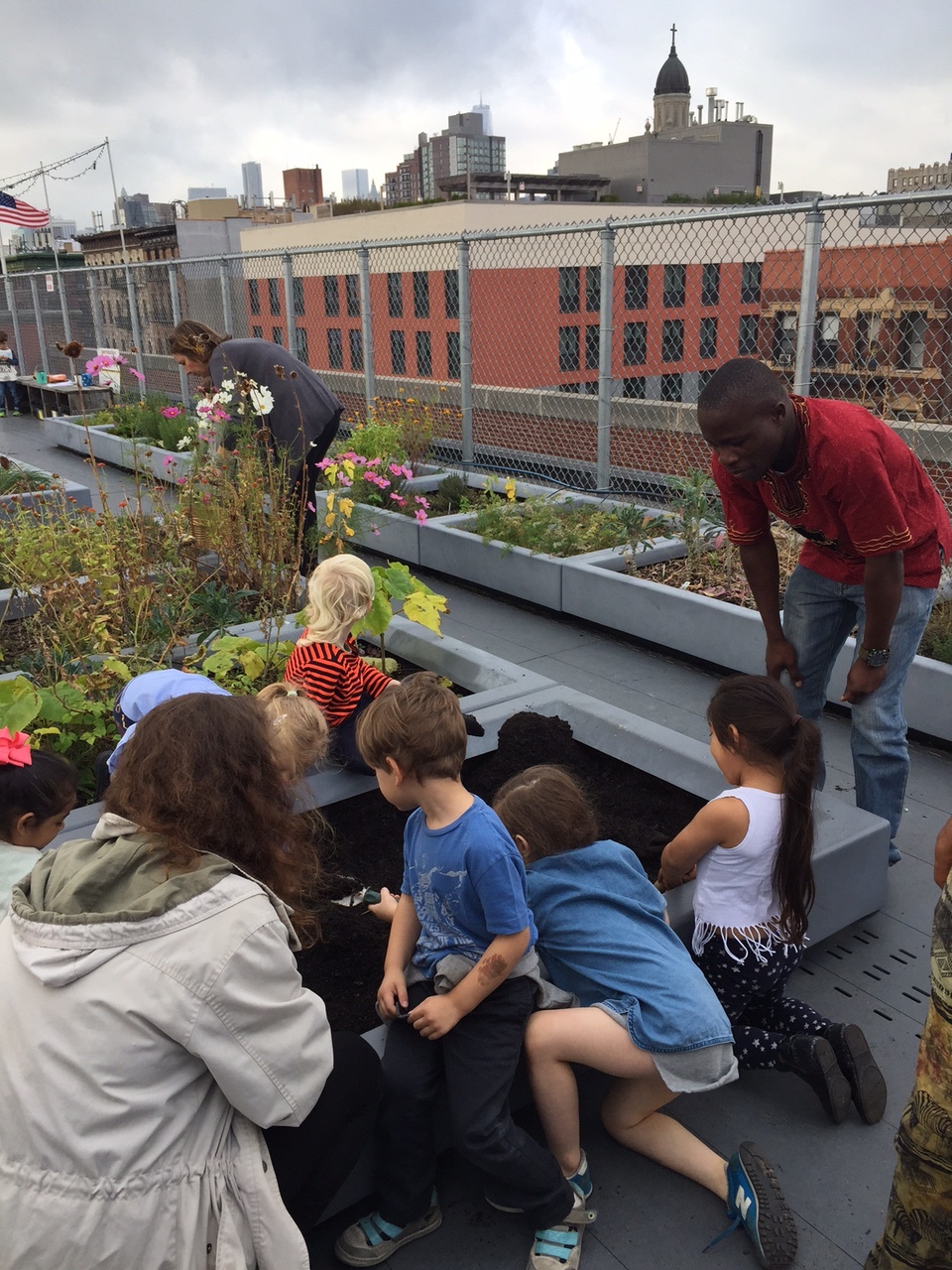
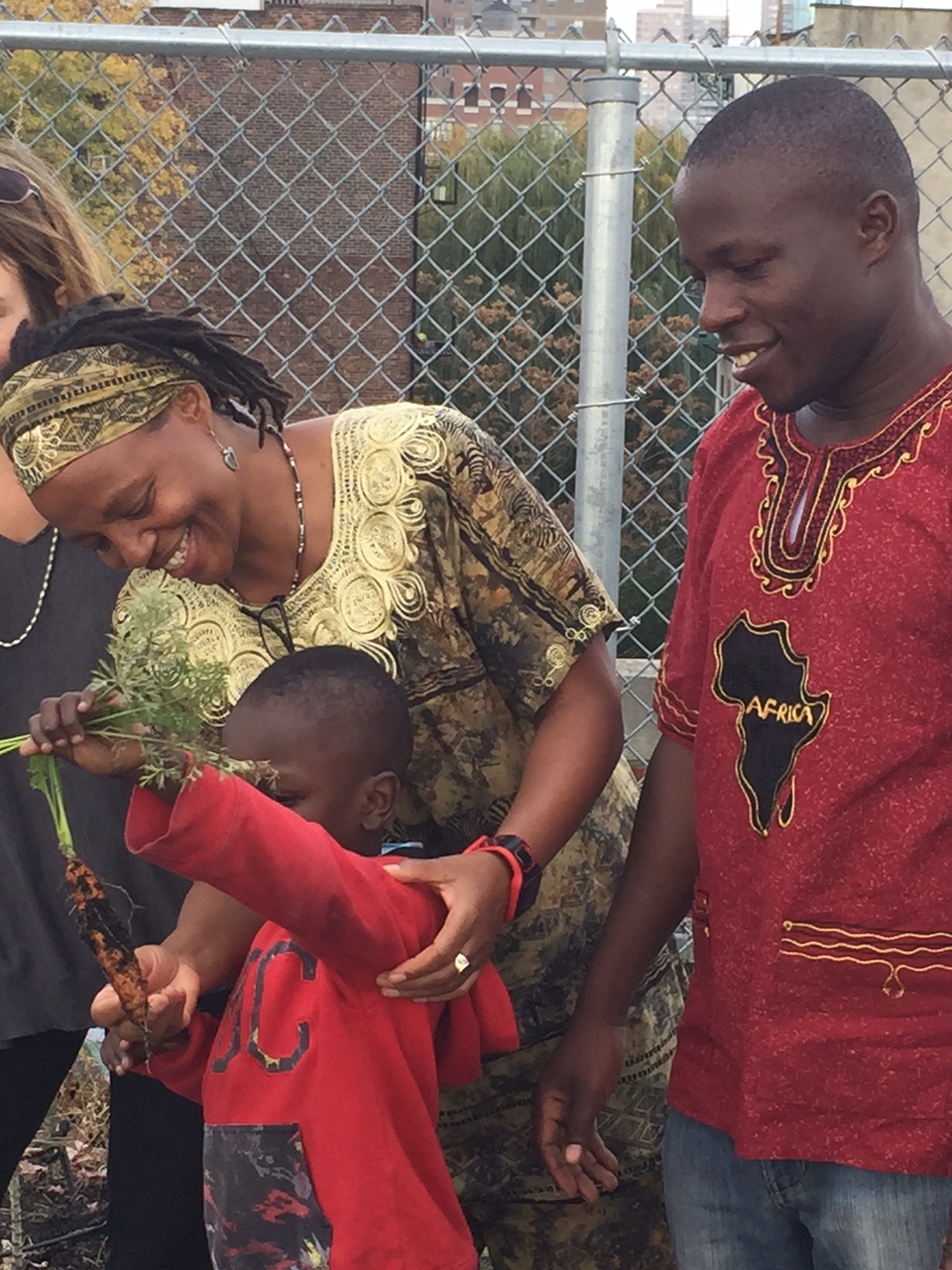
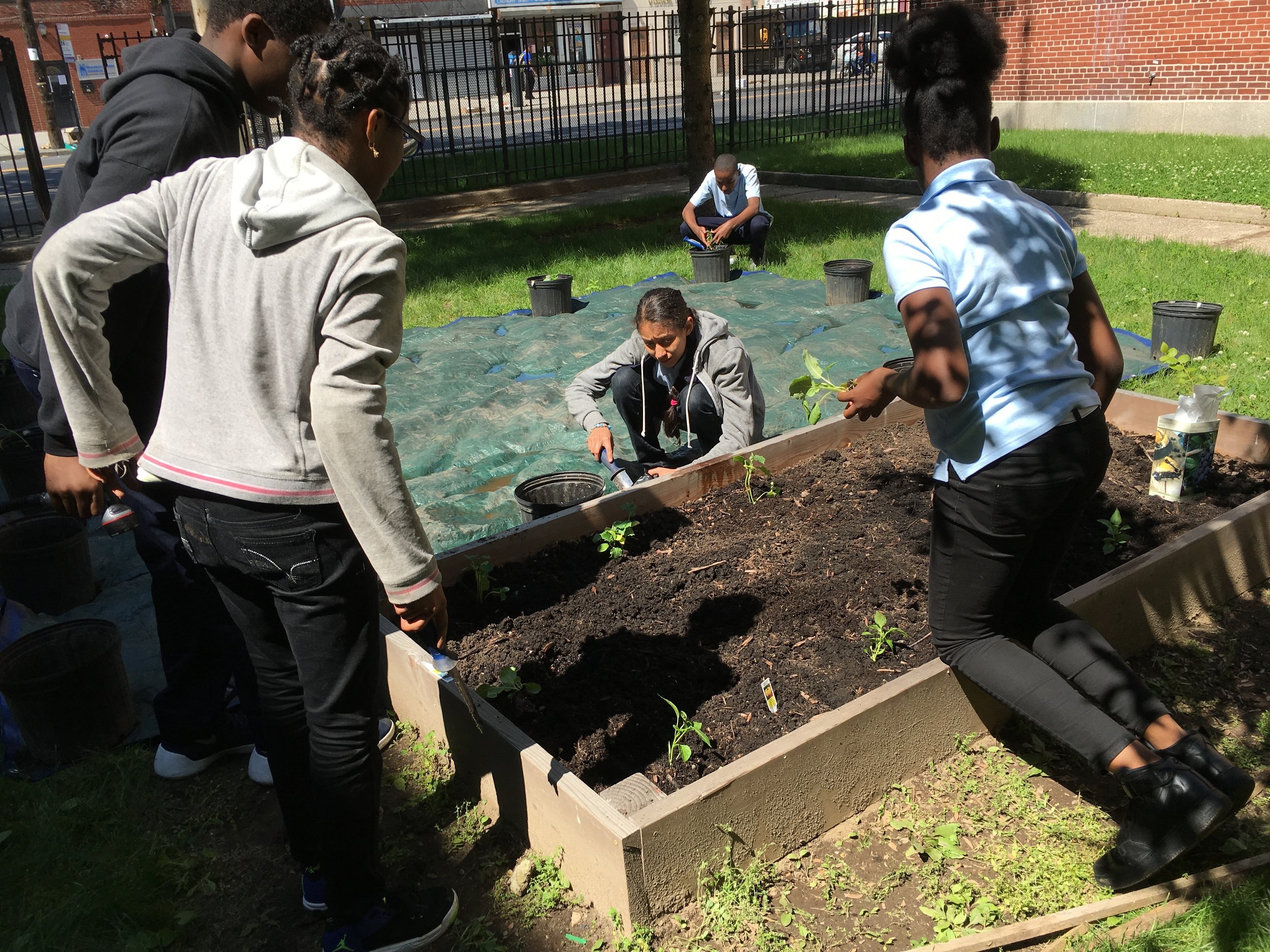
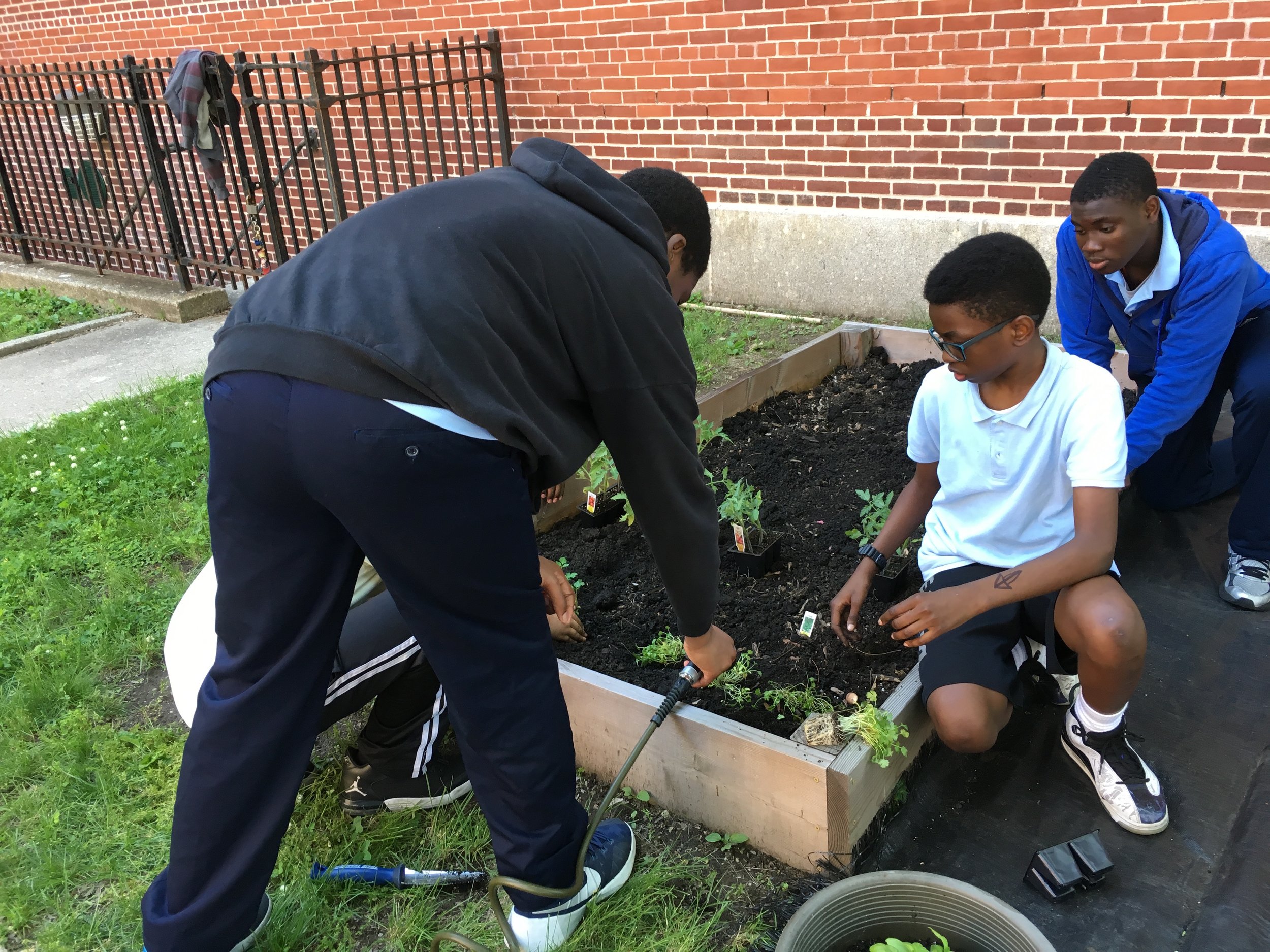
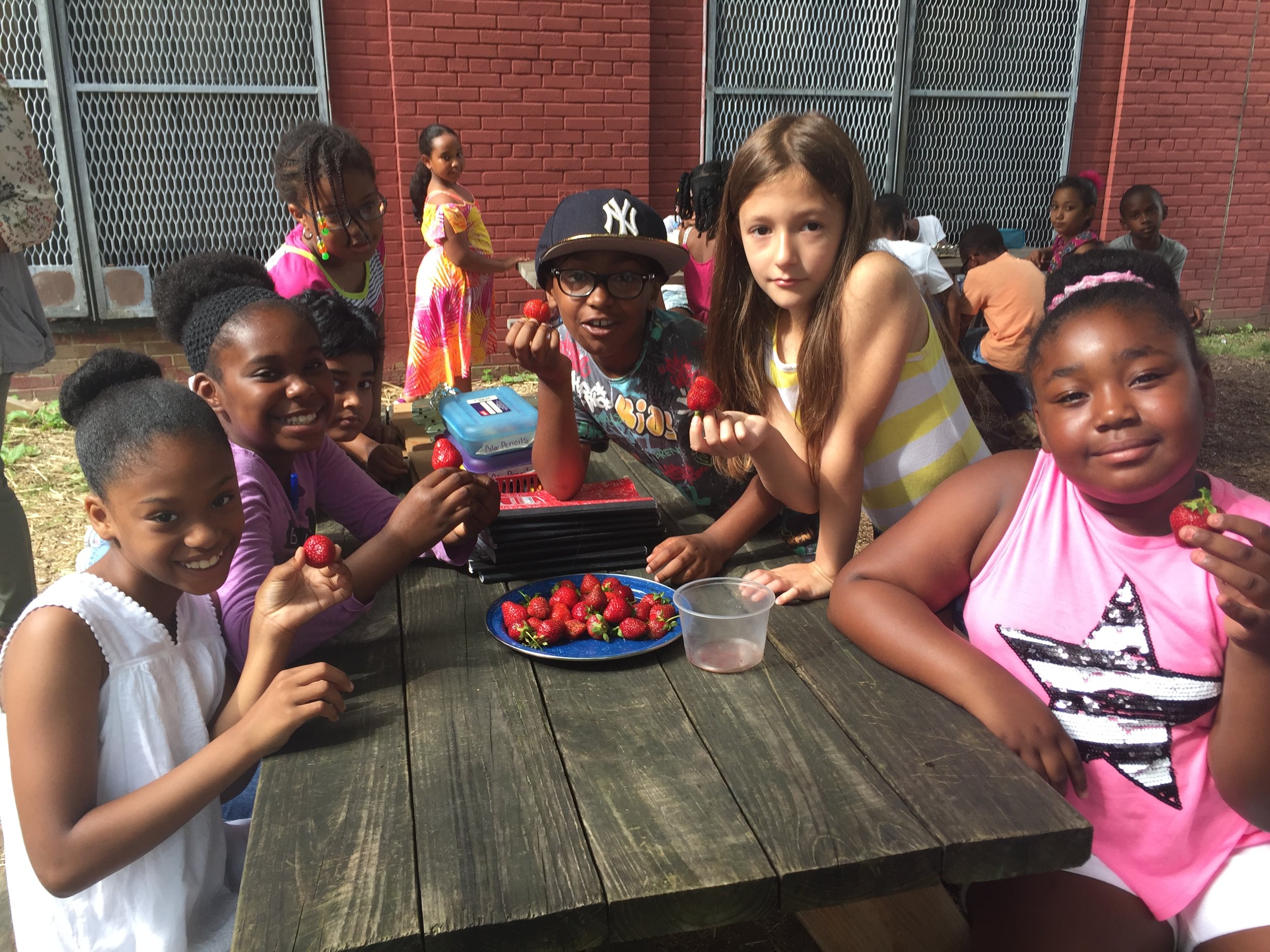
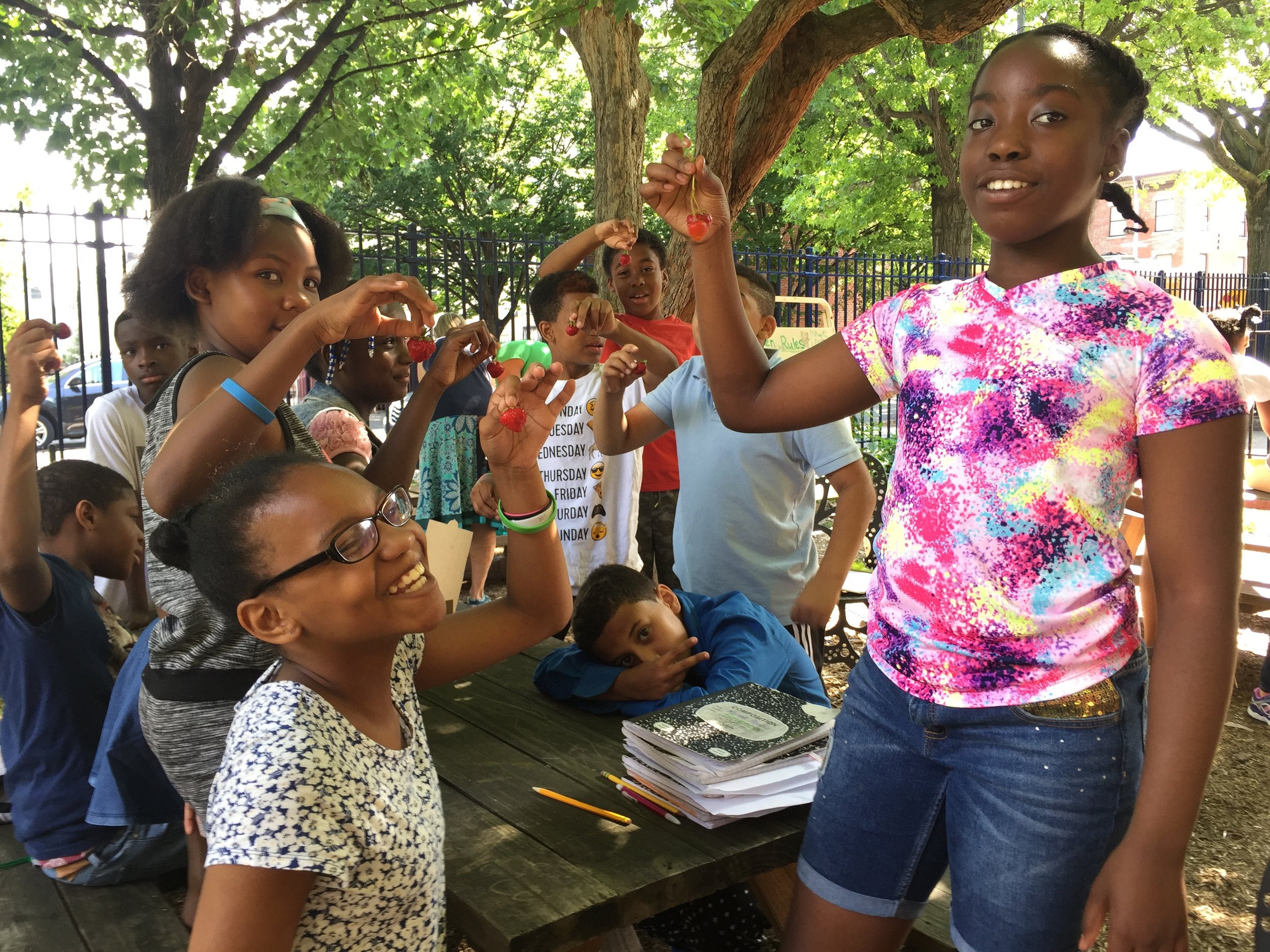
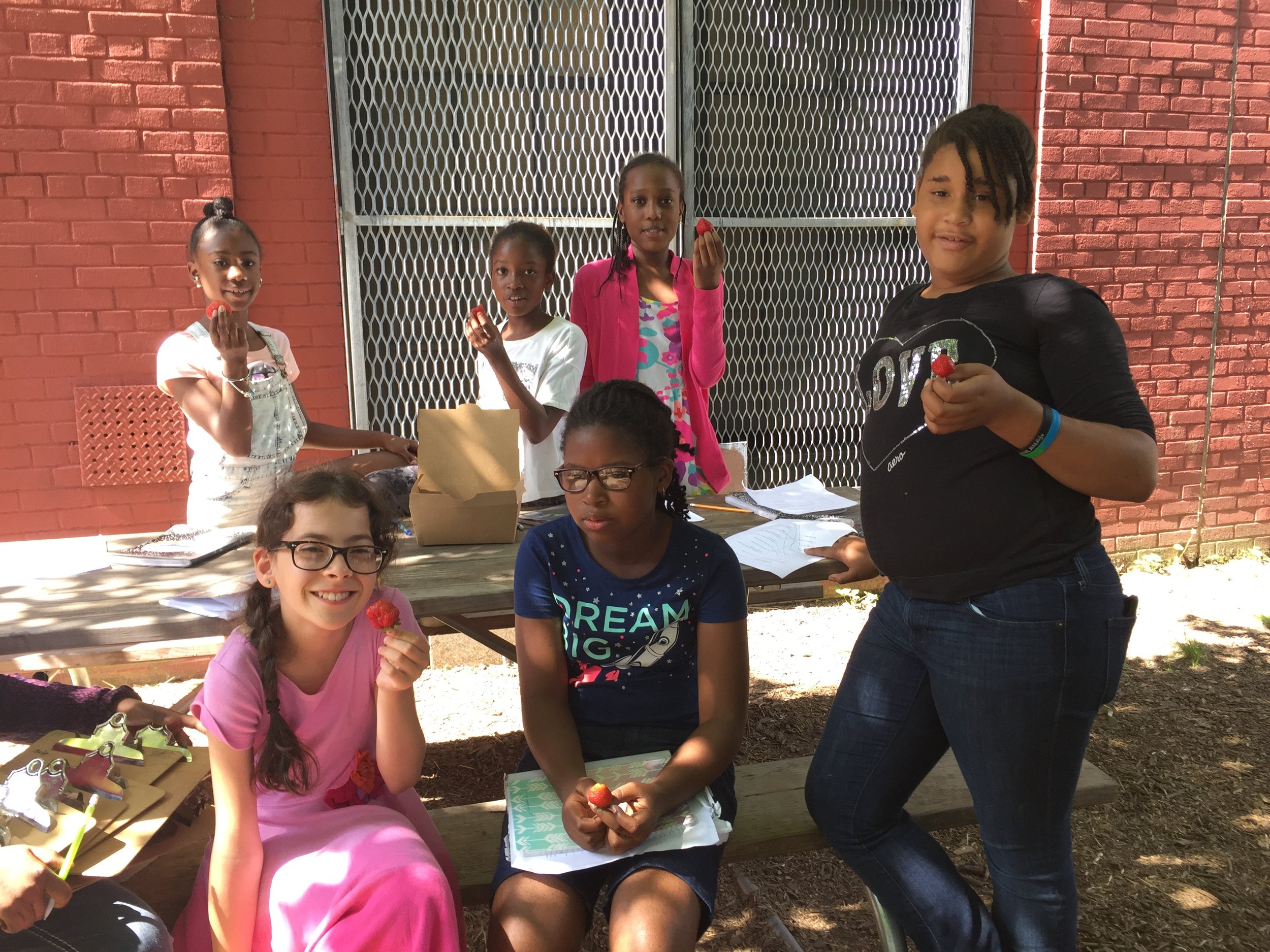
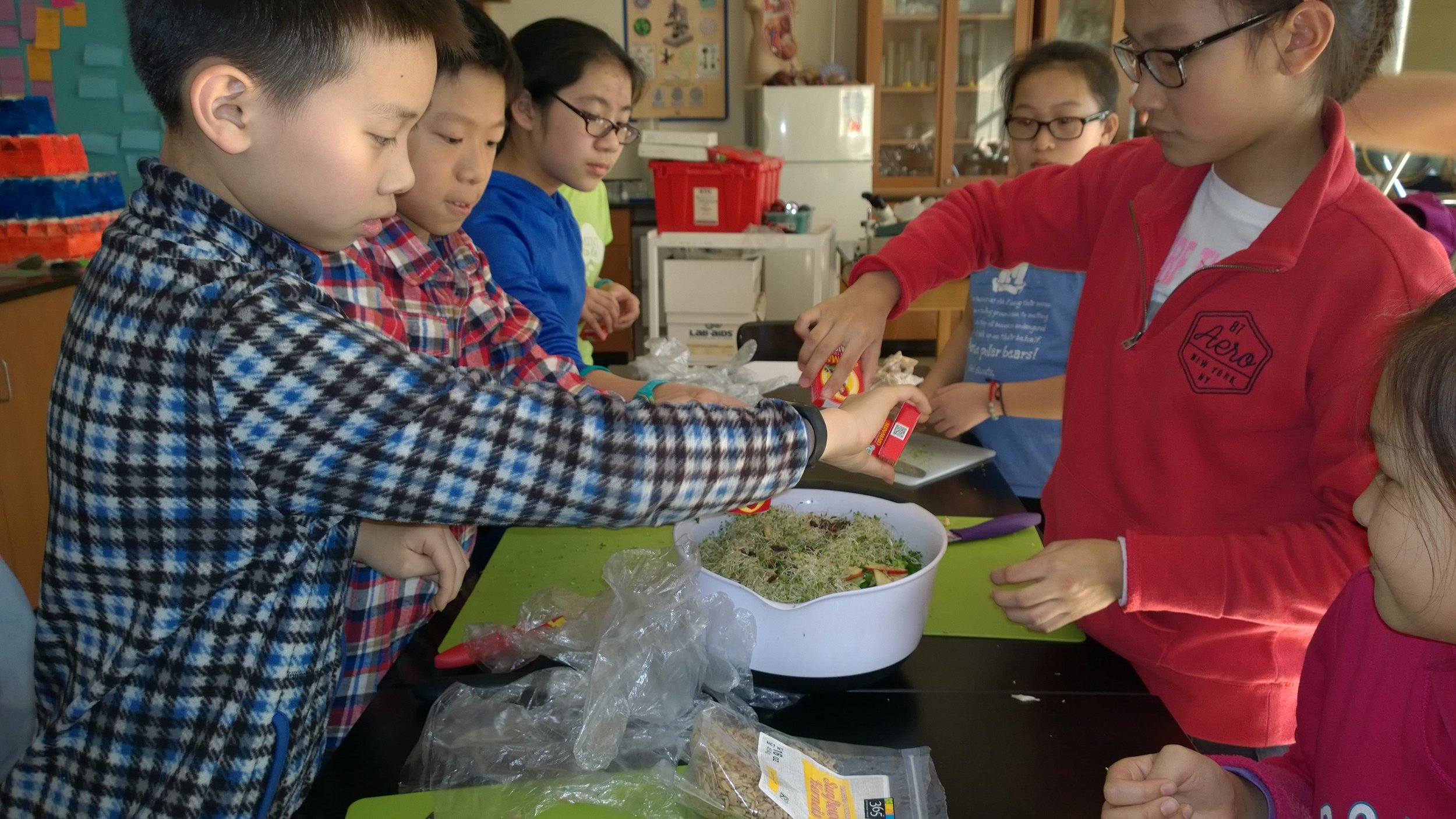
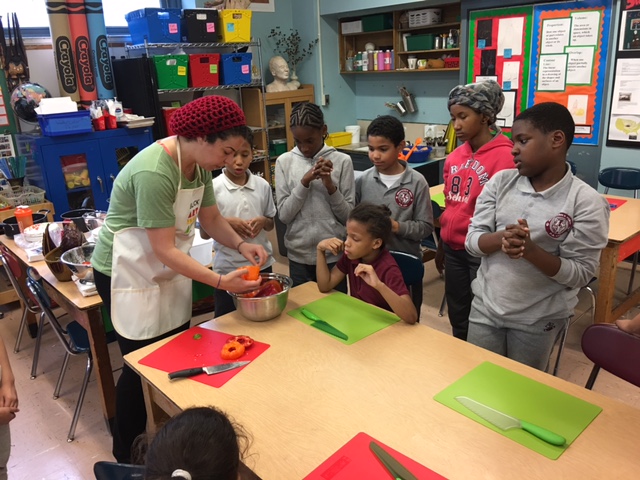
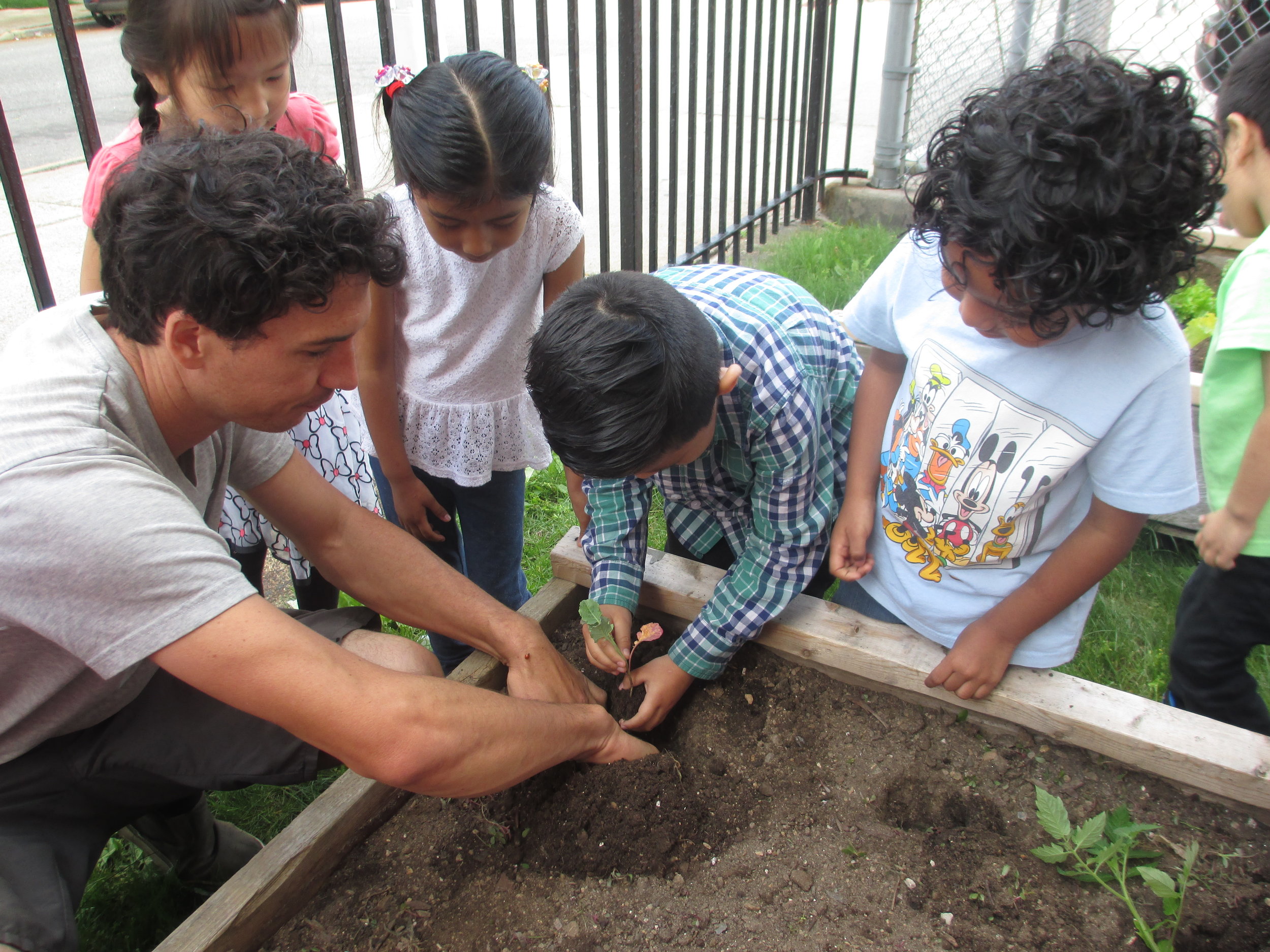
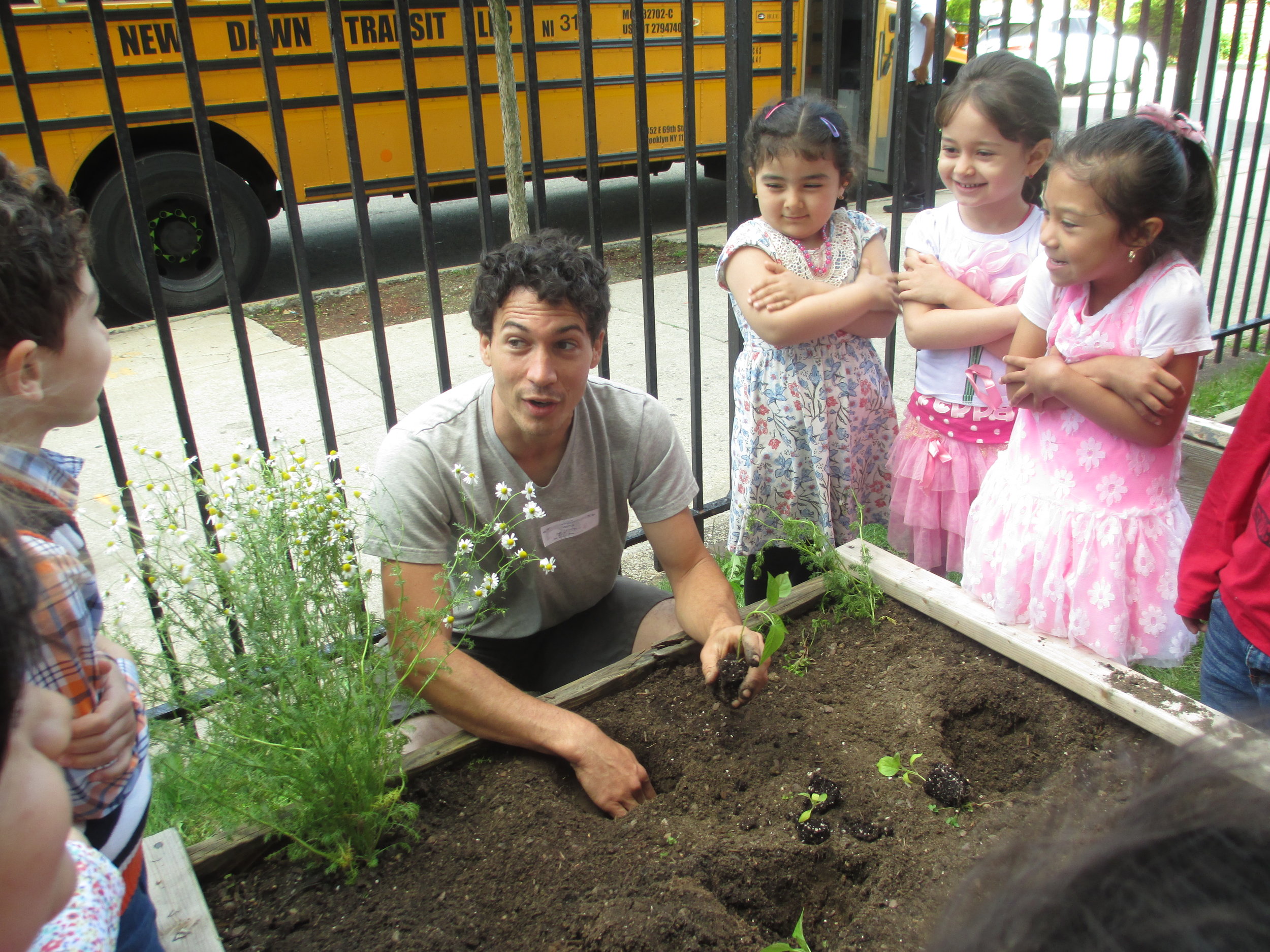
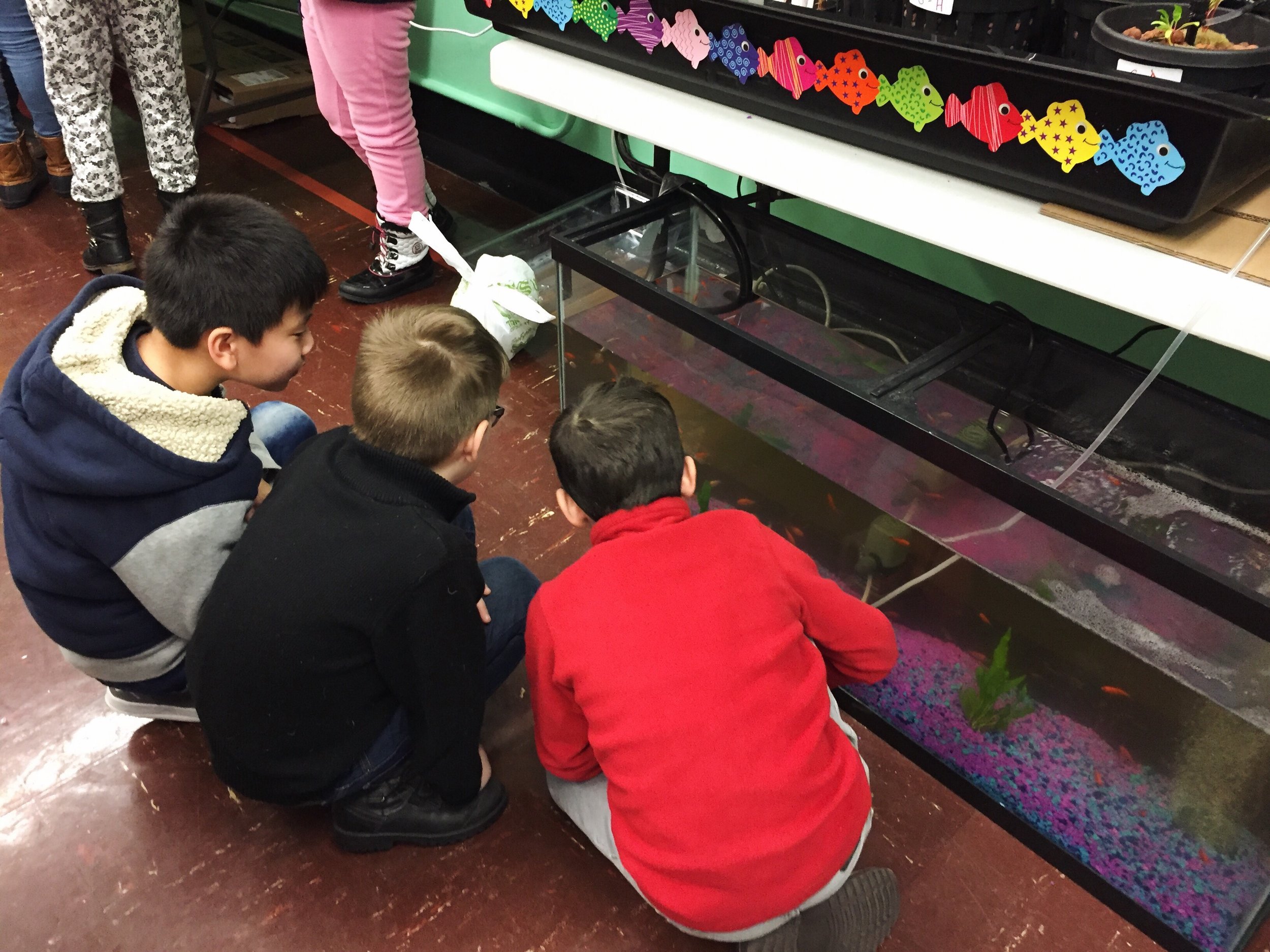
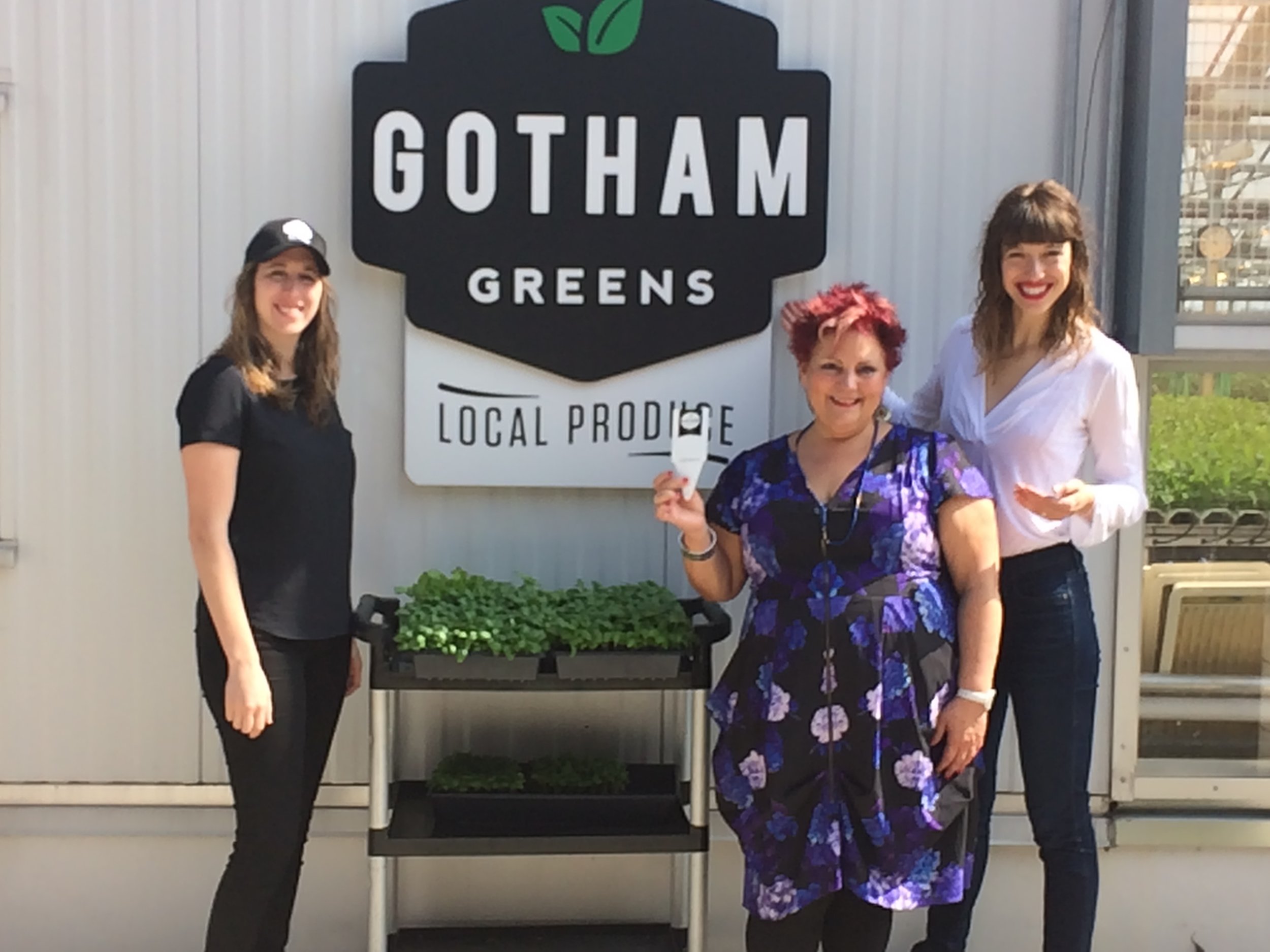
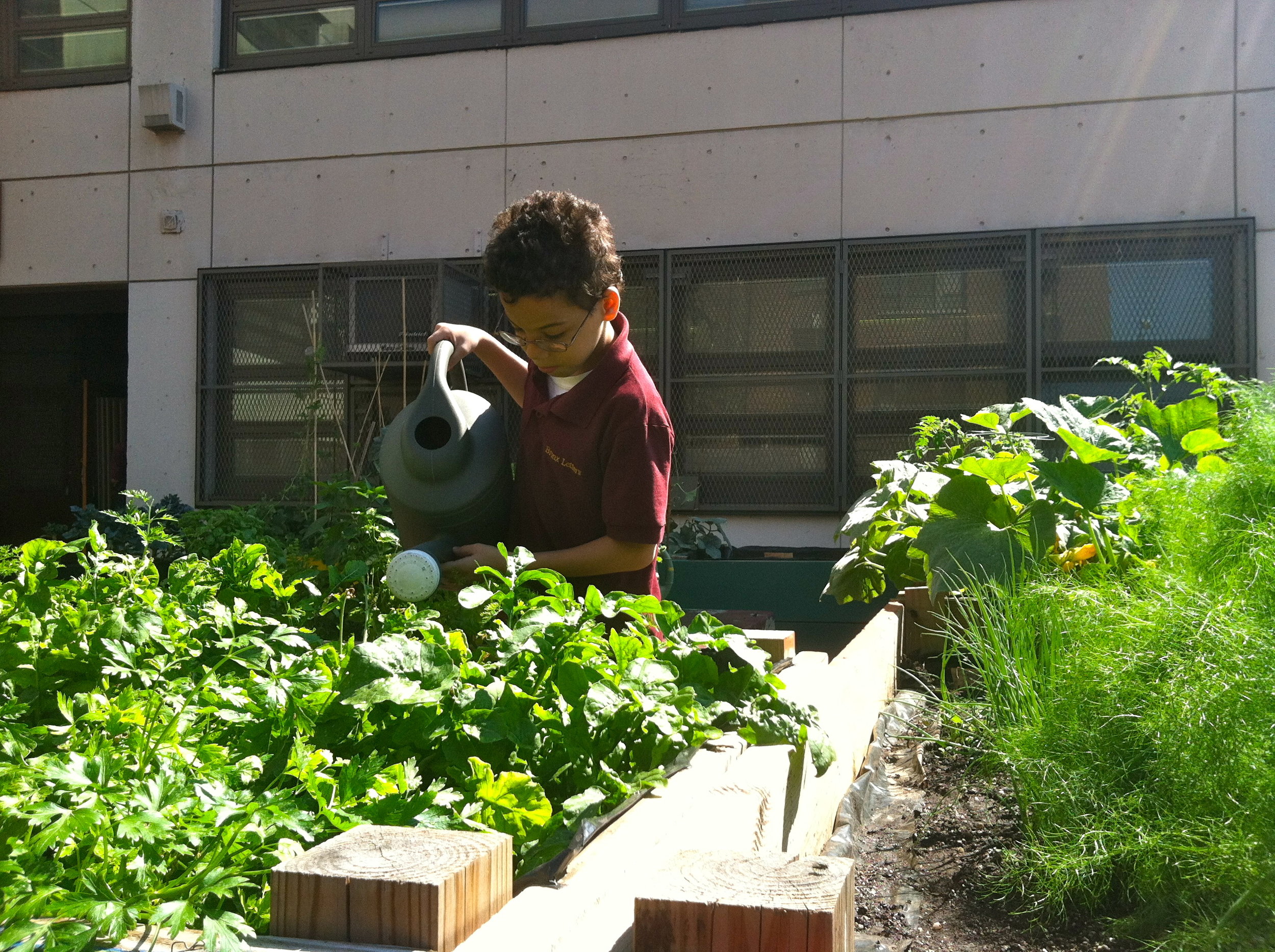
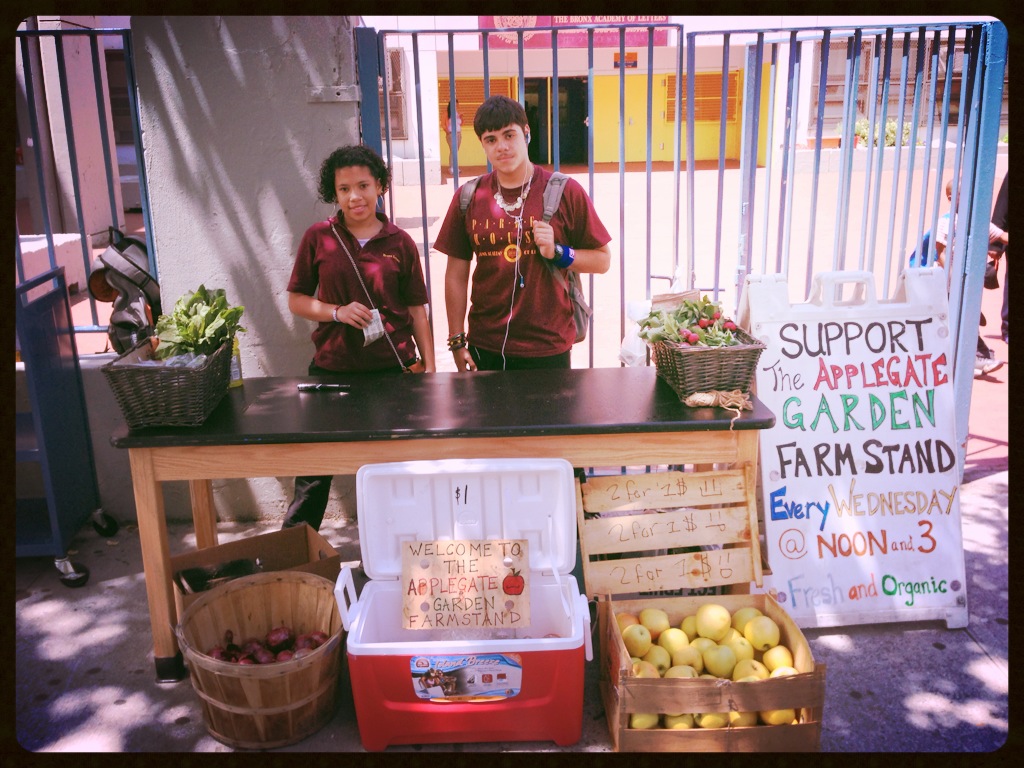
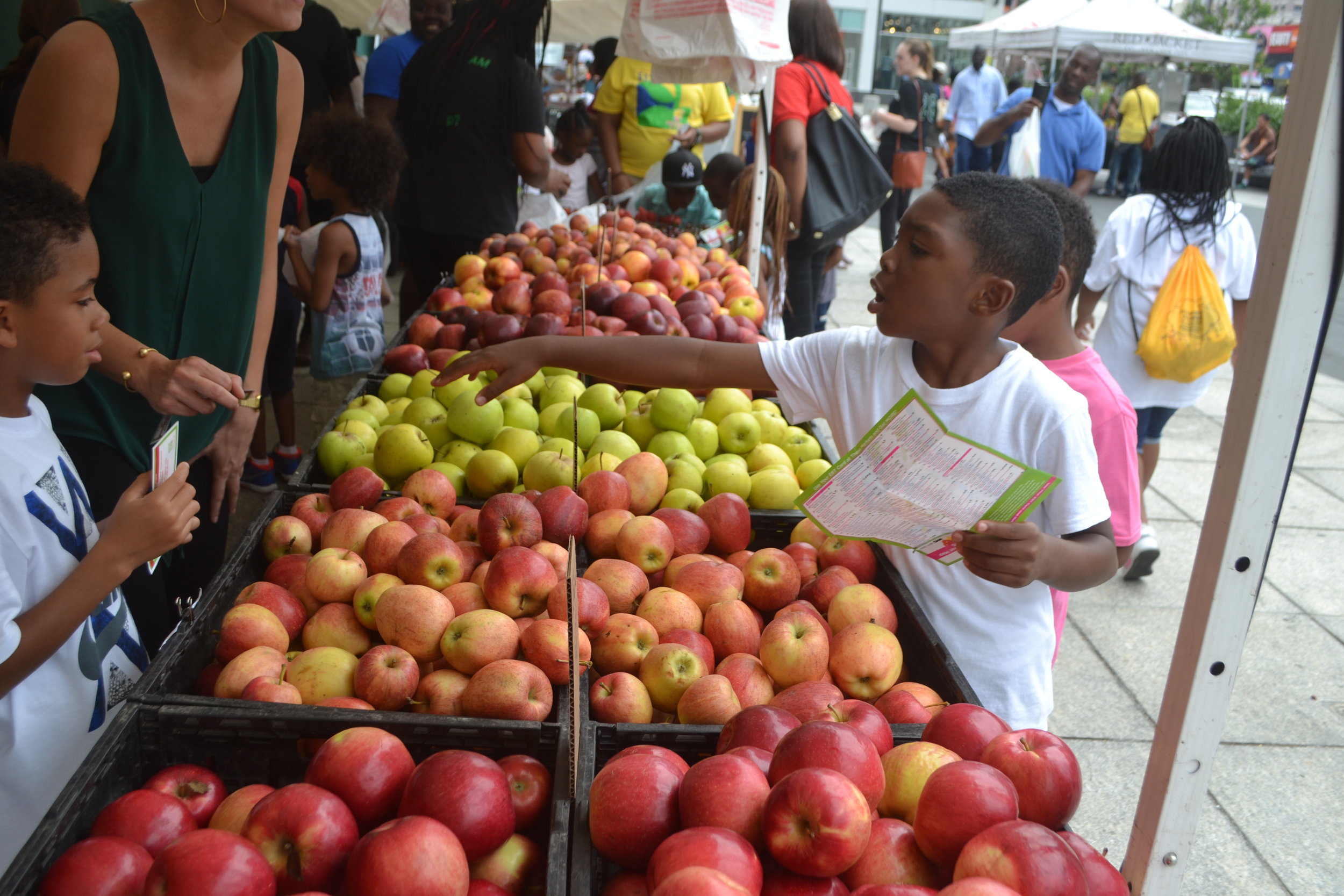
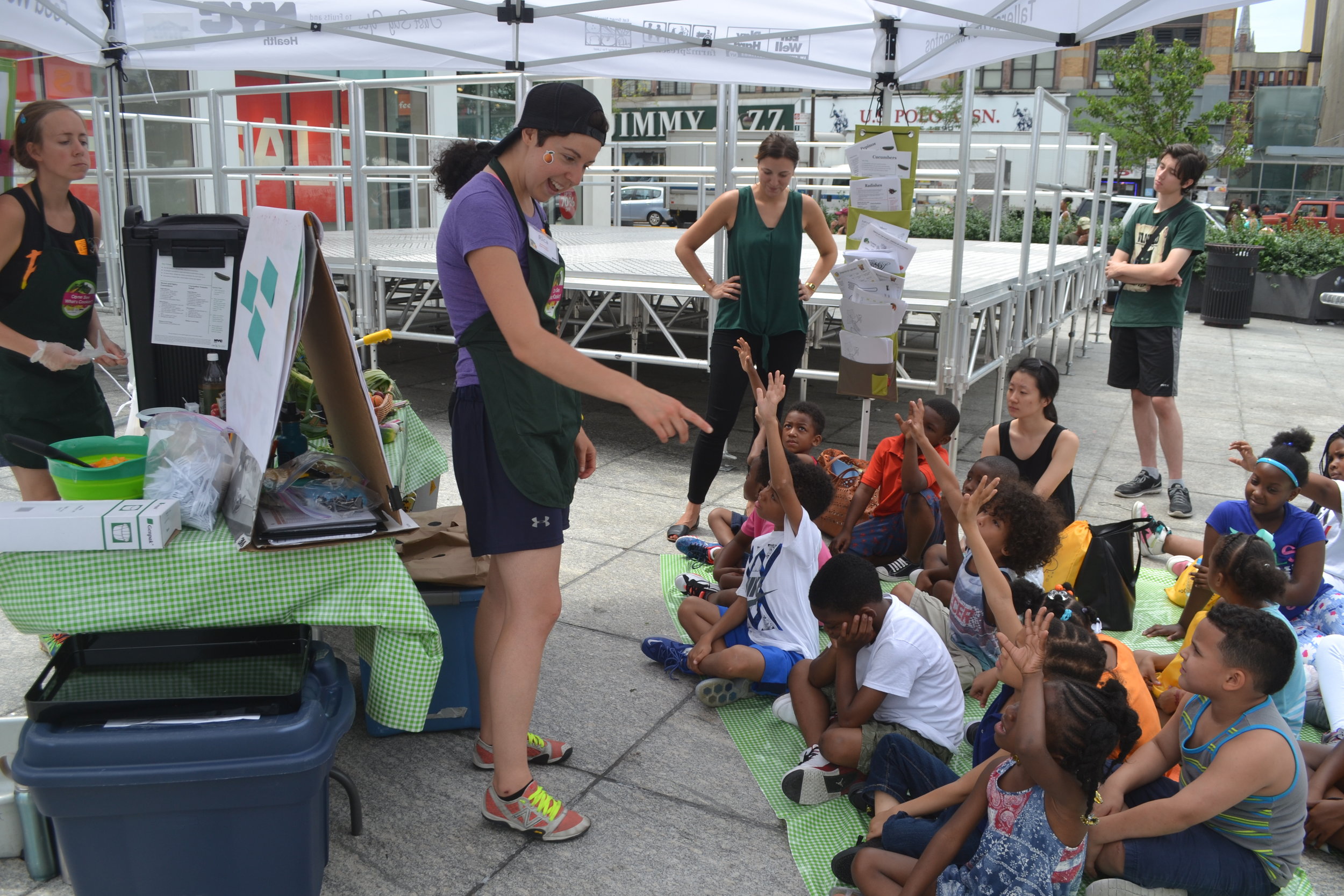
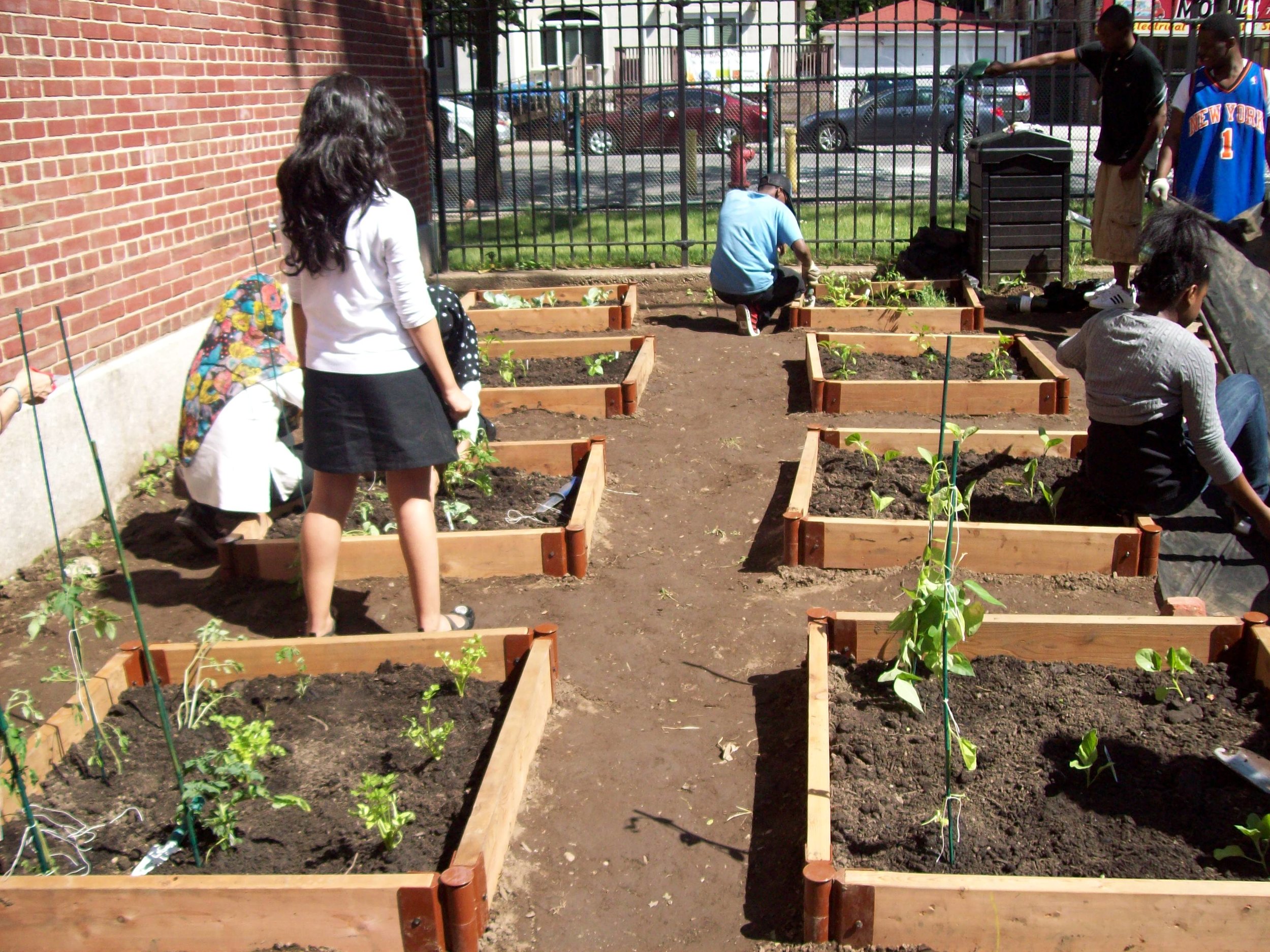
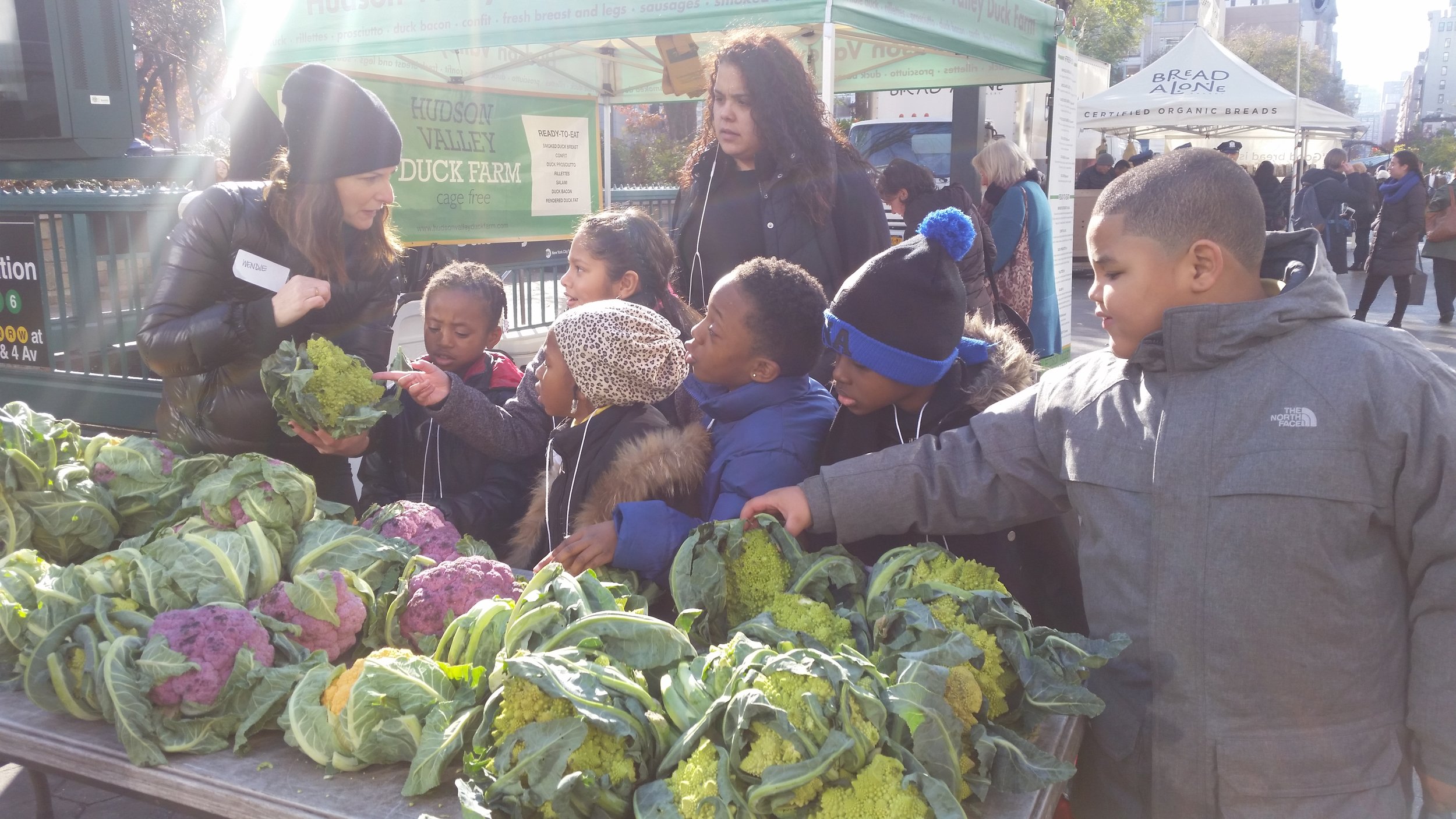
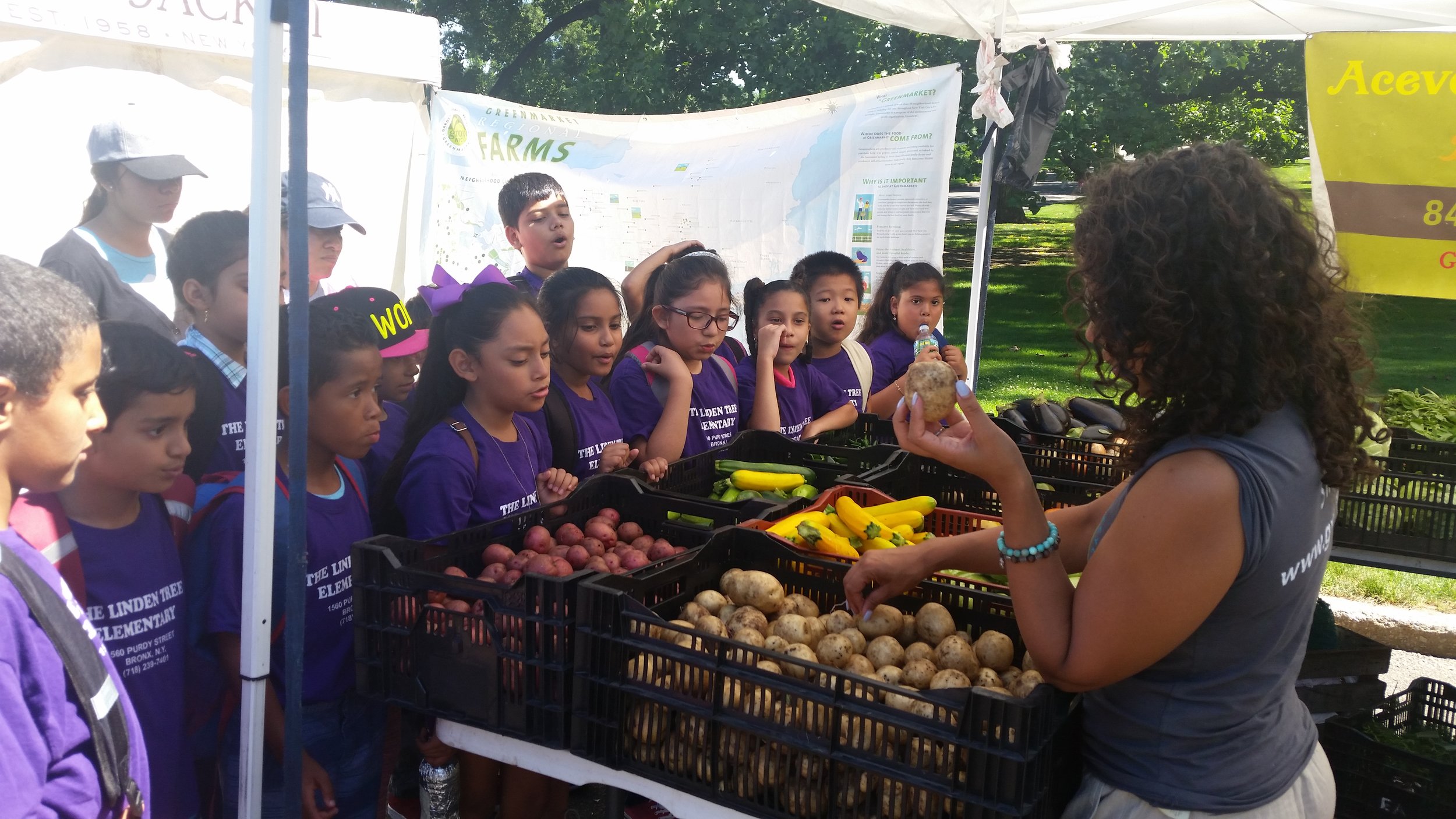
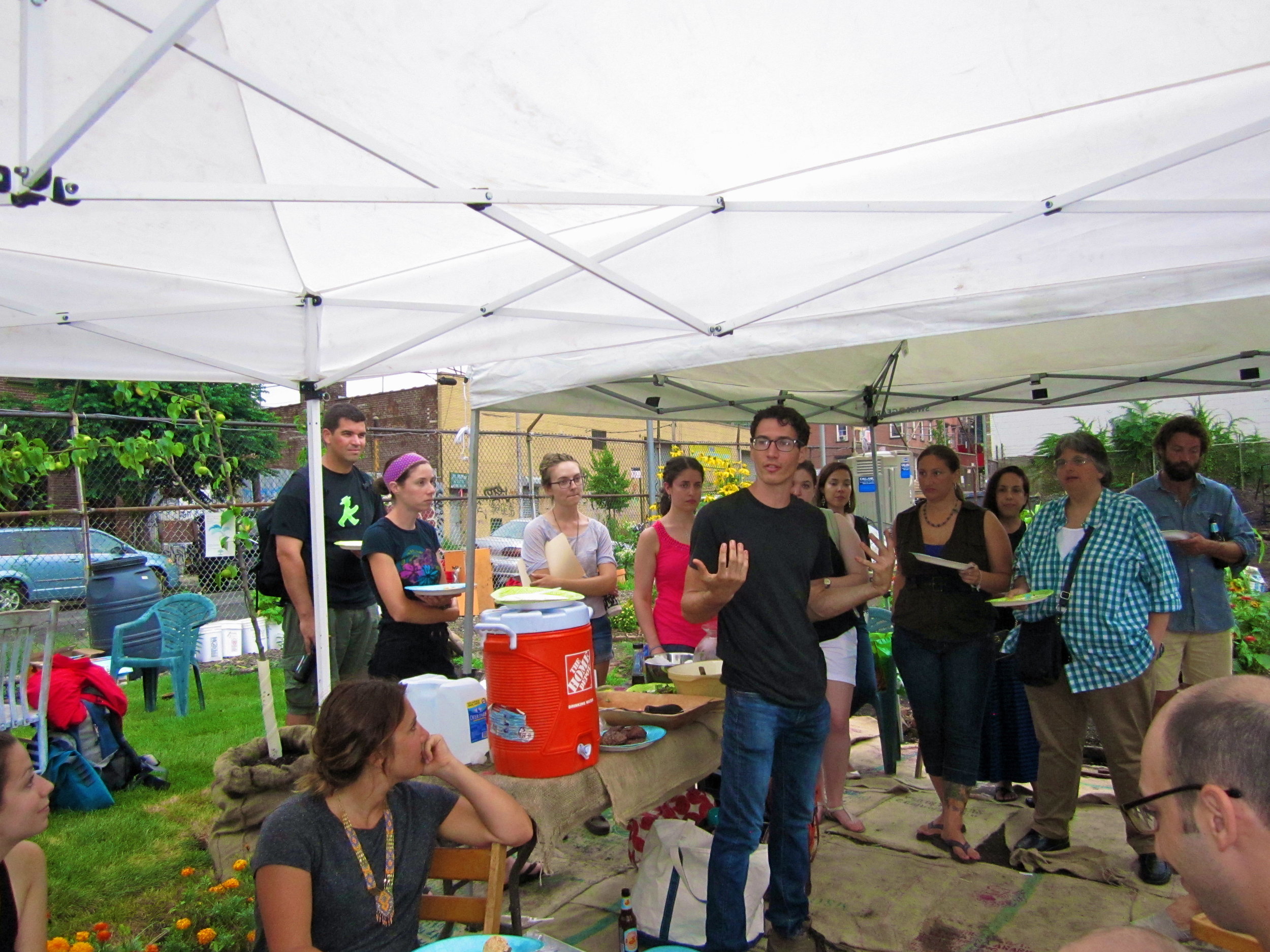
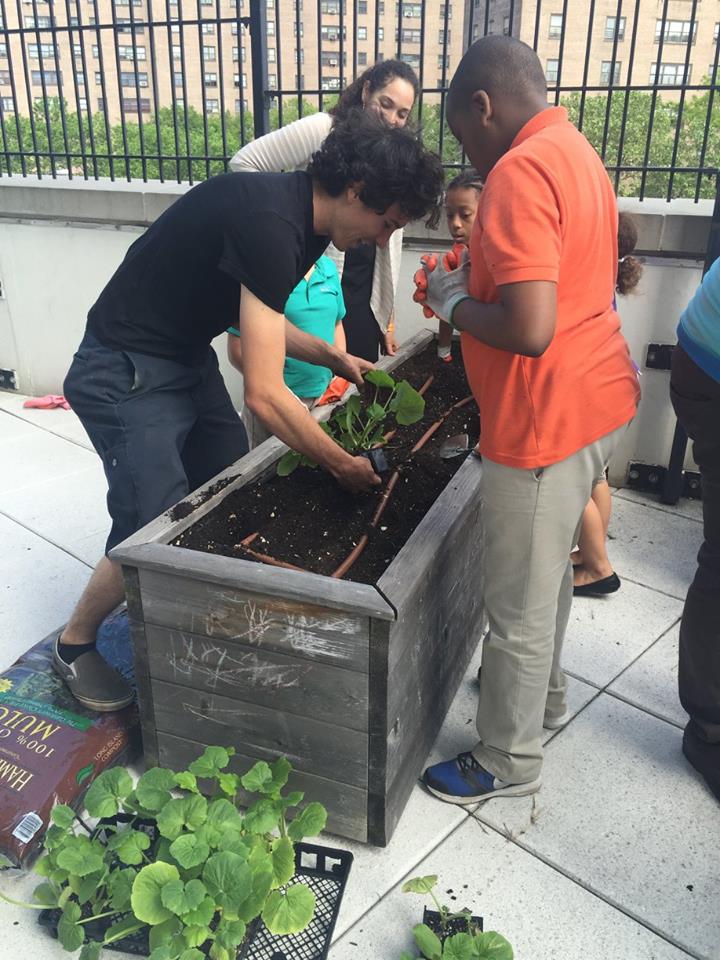
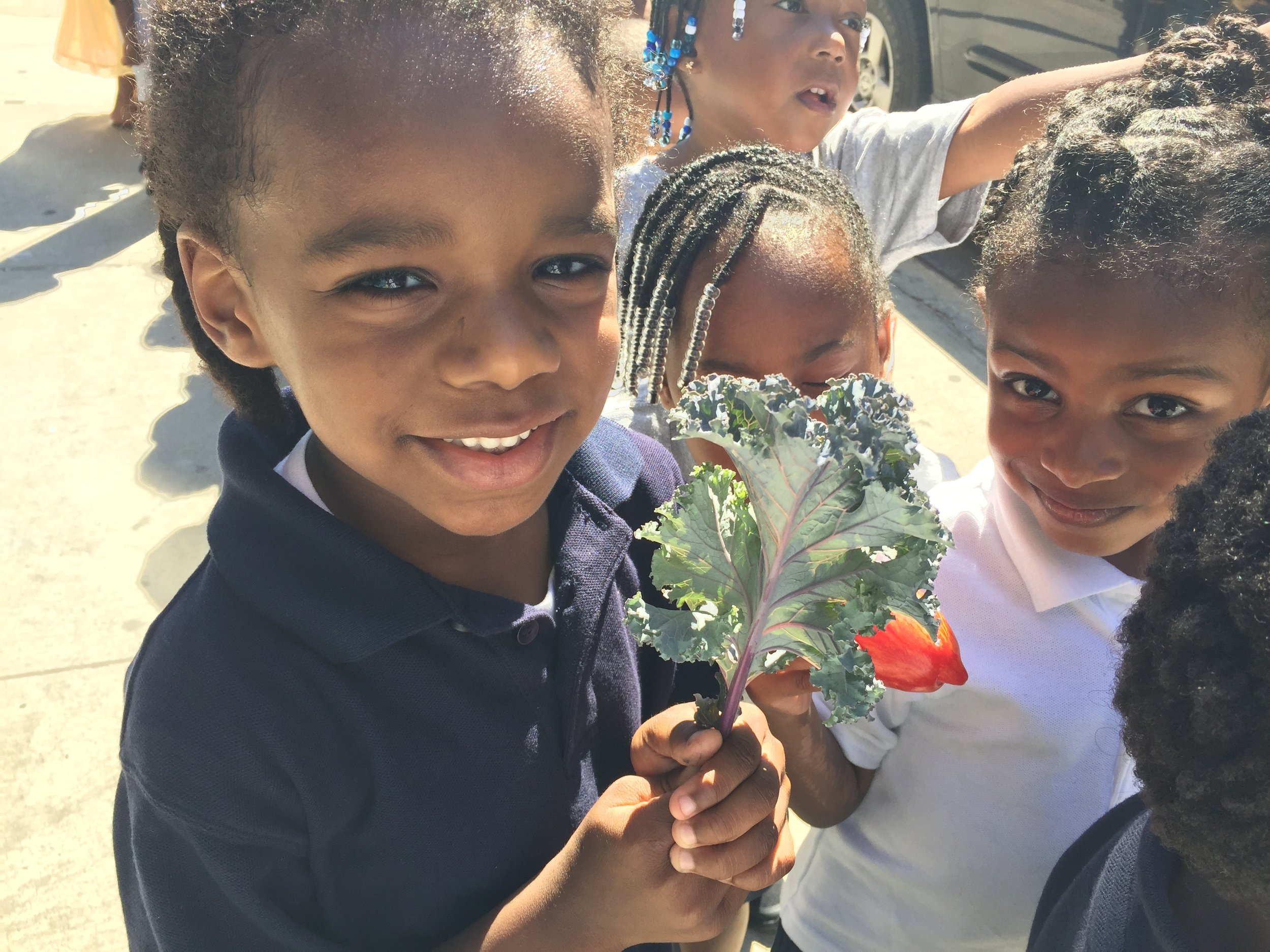
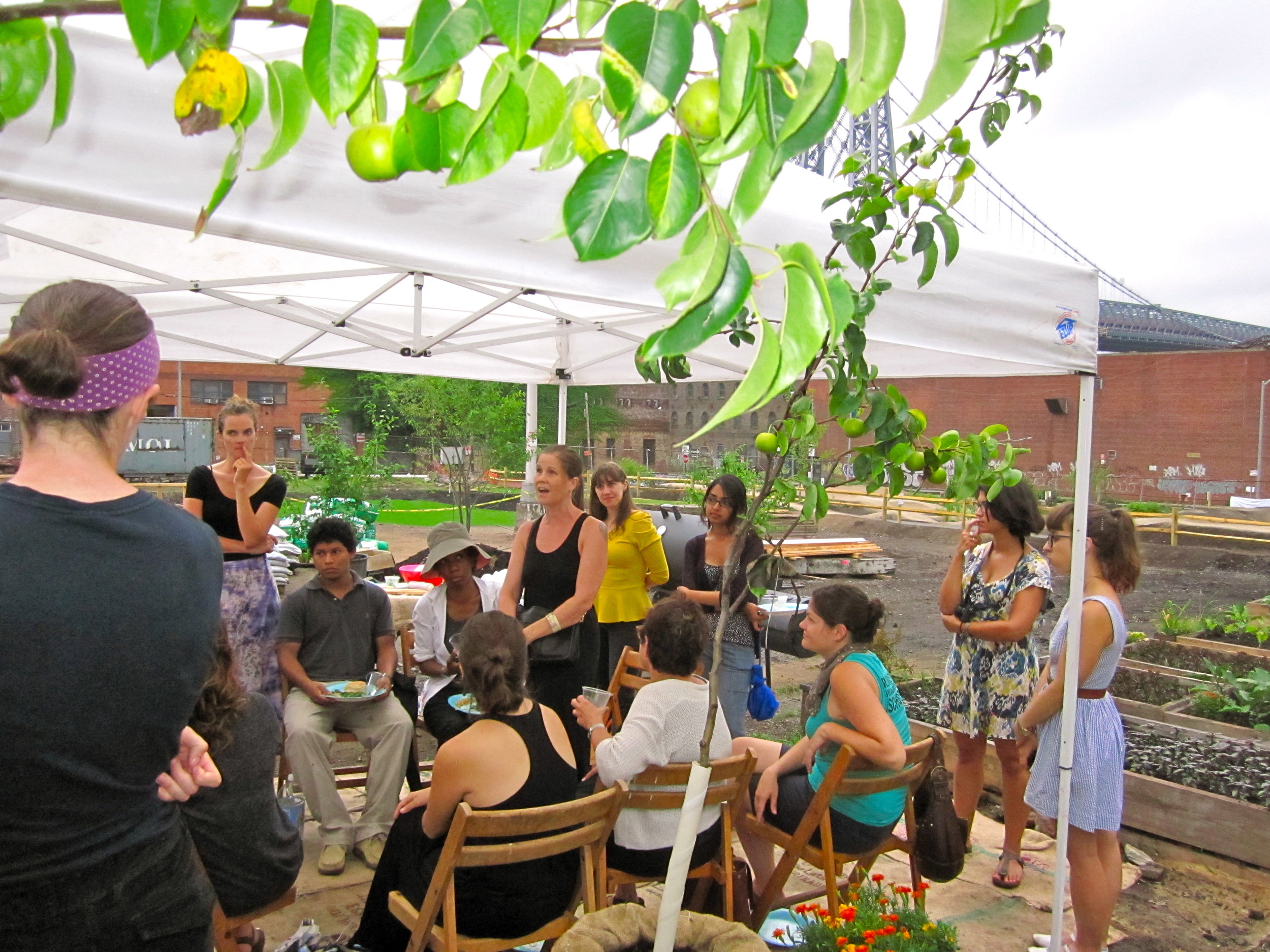
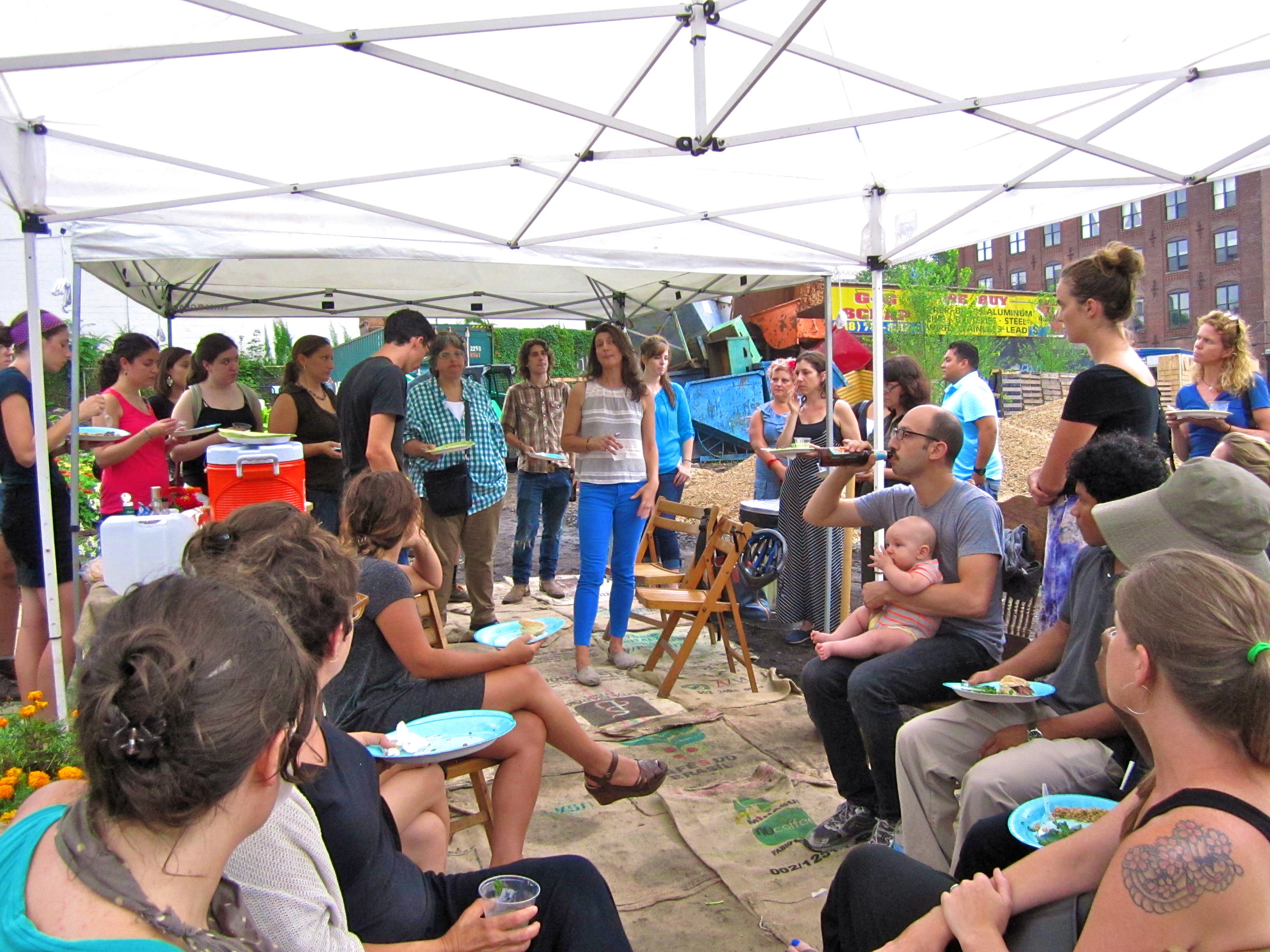
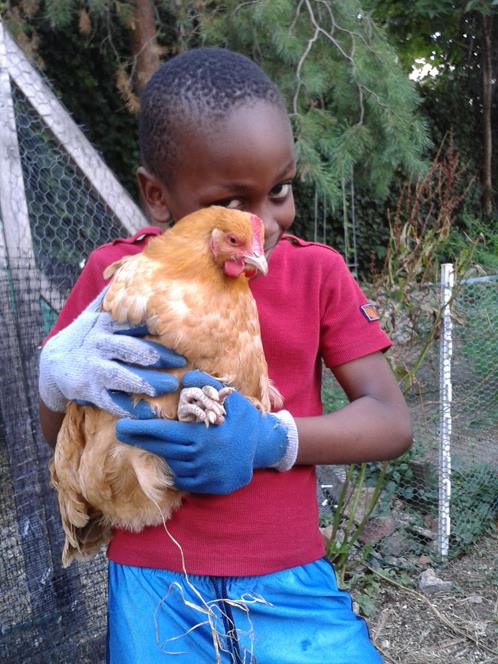
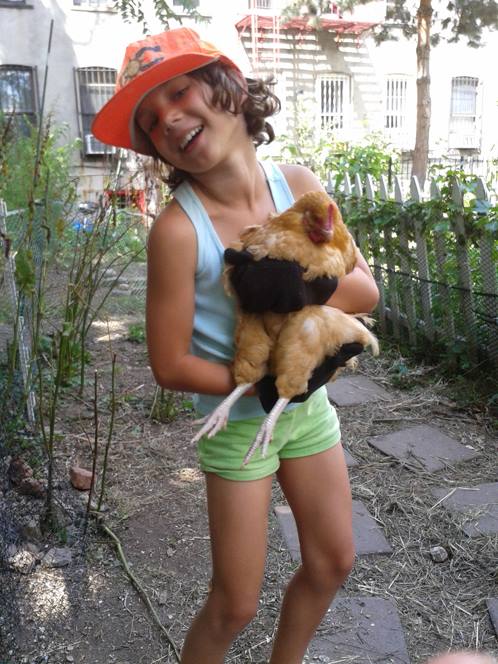


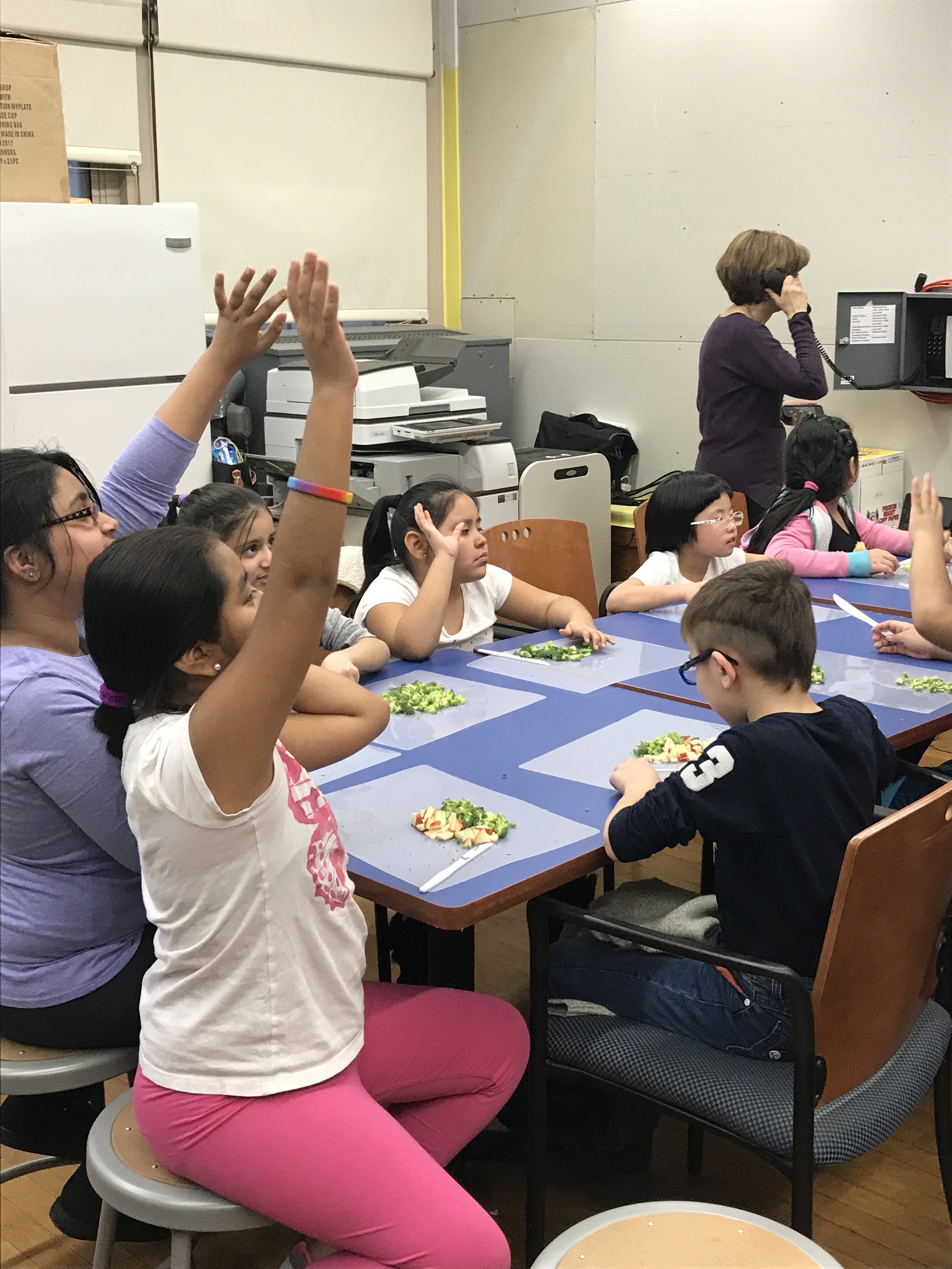
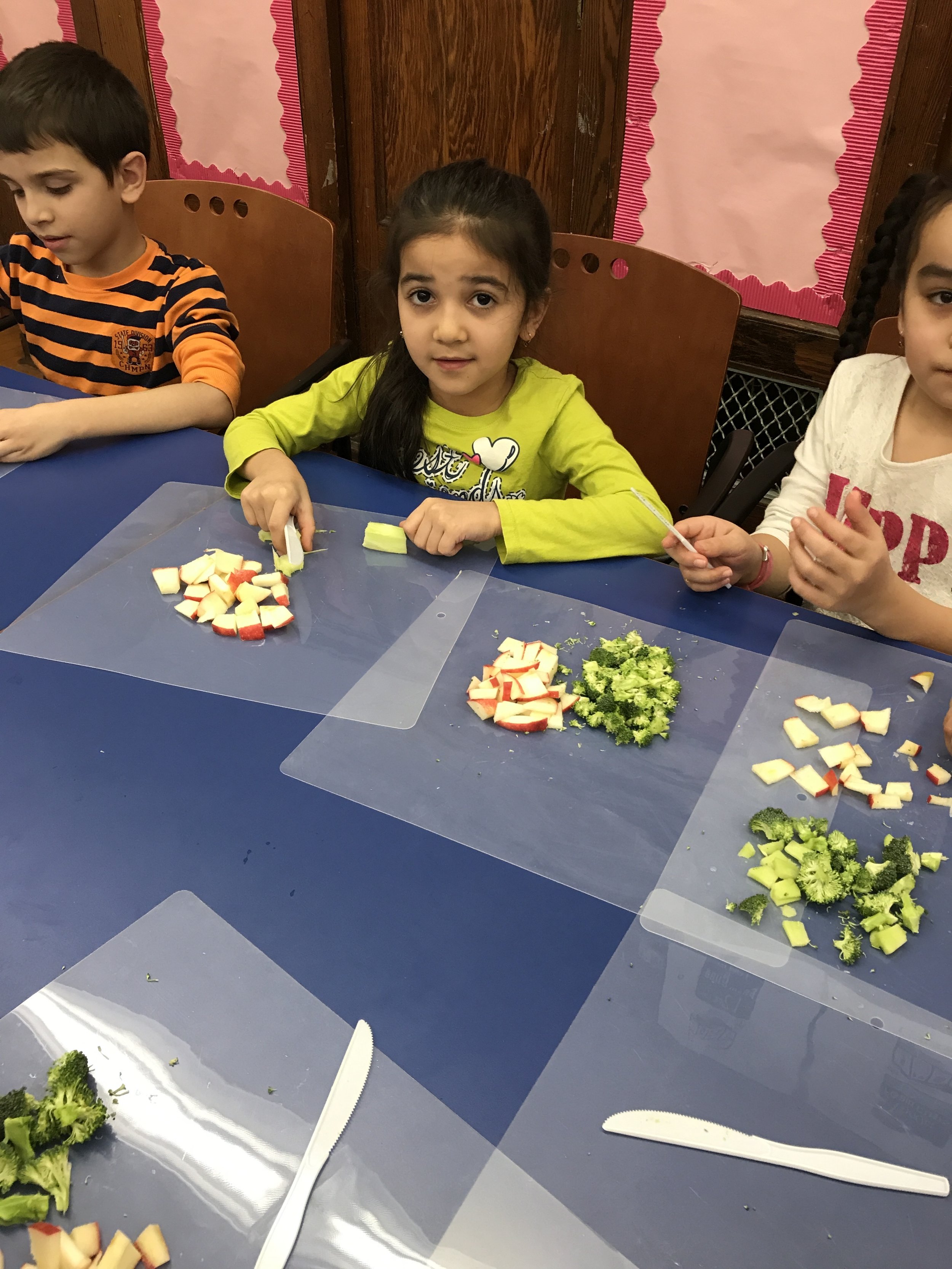
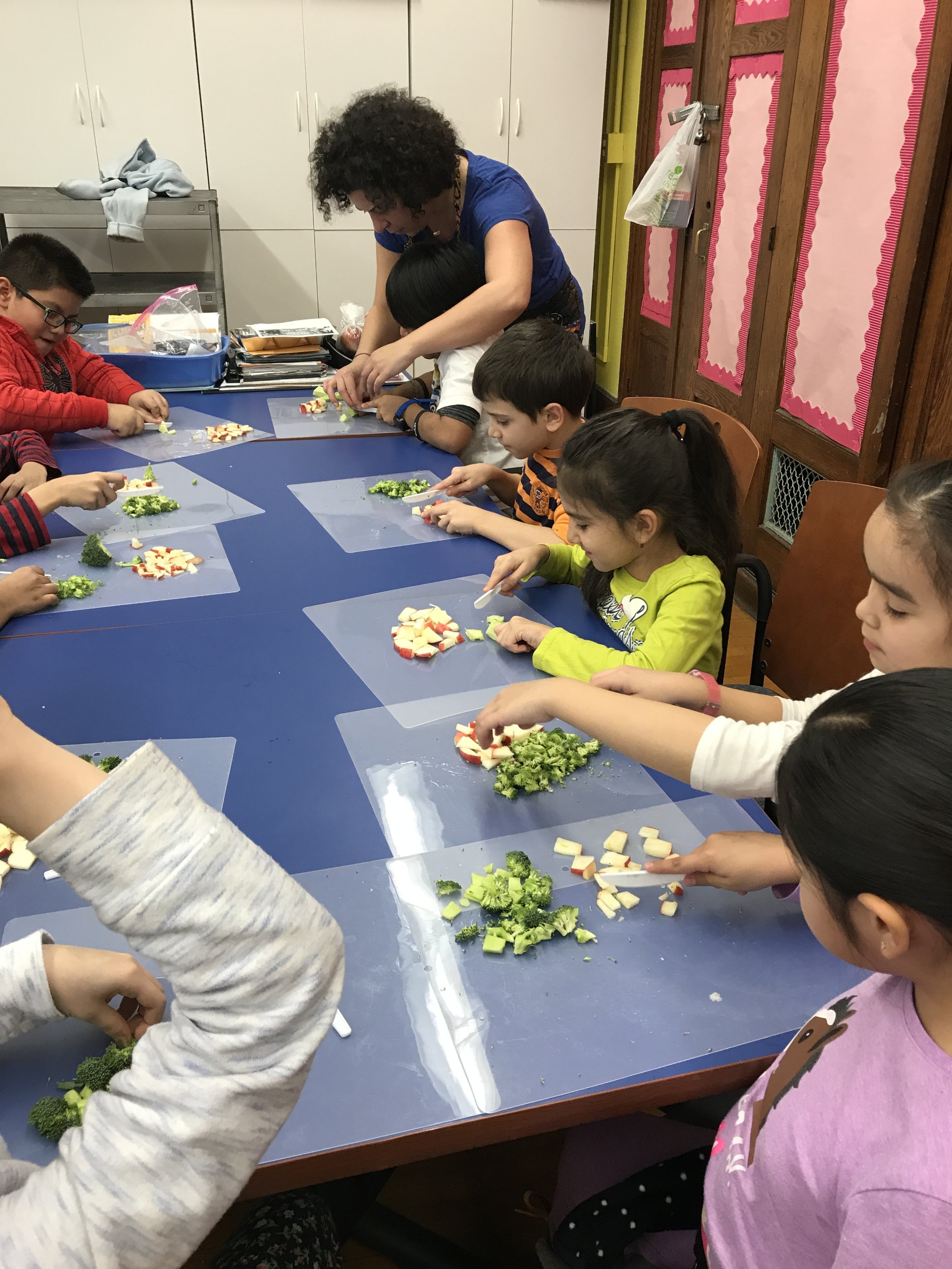

Each academic year, from September through June, more than 2,000 children are engaged in Urban Harvest supported, good food educational programming, which is customized to meet each school’s need that can include:
Professional teacher development incorporating gardens and good food education into class curriculum
Outdoor gardens and indoor hydroponic/aquaponic gardening consultations, planning, implementation, and operational support provided by a master urban farmer
Culinary nutrition education classes and cooking demonstrations
Educated eating classes focused on understanding food labels, portion sizes, calories, ingredients, and nutrition
Student planting lessons provided by a master urban farmer
Sponsorship and logistical support of student-run farm stands selling local produce (or bounty from school gardens) to the community and neighborhood residents
Sponsored Greenmarket tours and market lesson plans to learn about local food production, meet farmers, and taste local produce provided by Grow NYC educators to take home
Expense support related to school gardens (equipment, materials, supplies), food and farming-related field trips, cooking classes, farm-to-cafeteria days, and educational class materials focused on food in relation to justice, health, and the environment
Urban Harvest provides ongoing assistance, resources, and troubleshooting throughout the year to our school’s educators as well as support in volunteer recruitment.
Our participating schools include:
The Bronx - Storefront Academy South Bronx, PS 811X The Academy for Career and Living Skills
Brooklyn - PS 238 The Anne Sullivan School, PS 9 Teunis G. Bergen, PS 295 Studio School of Arts & Culture, Brooklyn Urban Garden Charter School (BUGS), IS 98 Bay Academy for the Arts & Sciences, IS 240 Andreis Huddle Junior High School, Compass Charter School
Manhattan - PS 126 Manhattan Academy of Technology, PS 364M The Earth School, PS 108 Assemblyman Angelo Del Toro Educational Complex, PS 20 Anna Silver School
URBAN HARVEST FARM AT UJIMA
Urban Harvest at Ujima, started in East New York in 2010, is a tuition-free, educational, urban farm community resource operated by Slow Food NYC during the summer growing season. East New York faces challenges including limited retail access to fresh, wholesome food and health disparities including avoidable illnesses and deaths. Urban Harvest Farm at Ujima provides comprehensive educational activities that give neighborhood children an understanding of what good, clean, and fair food is and how it affects them, their families, and the planet.
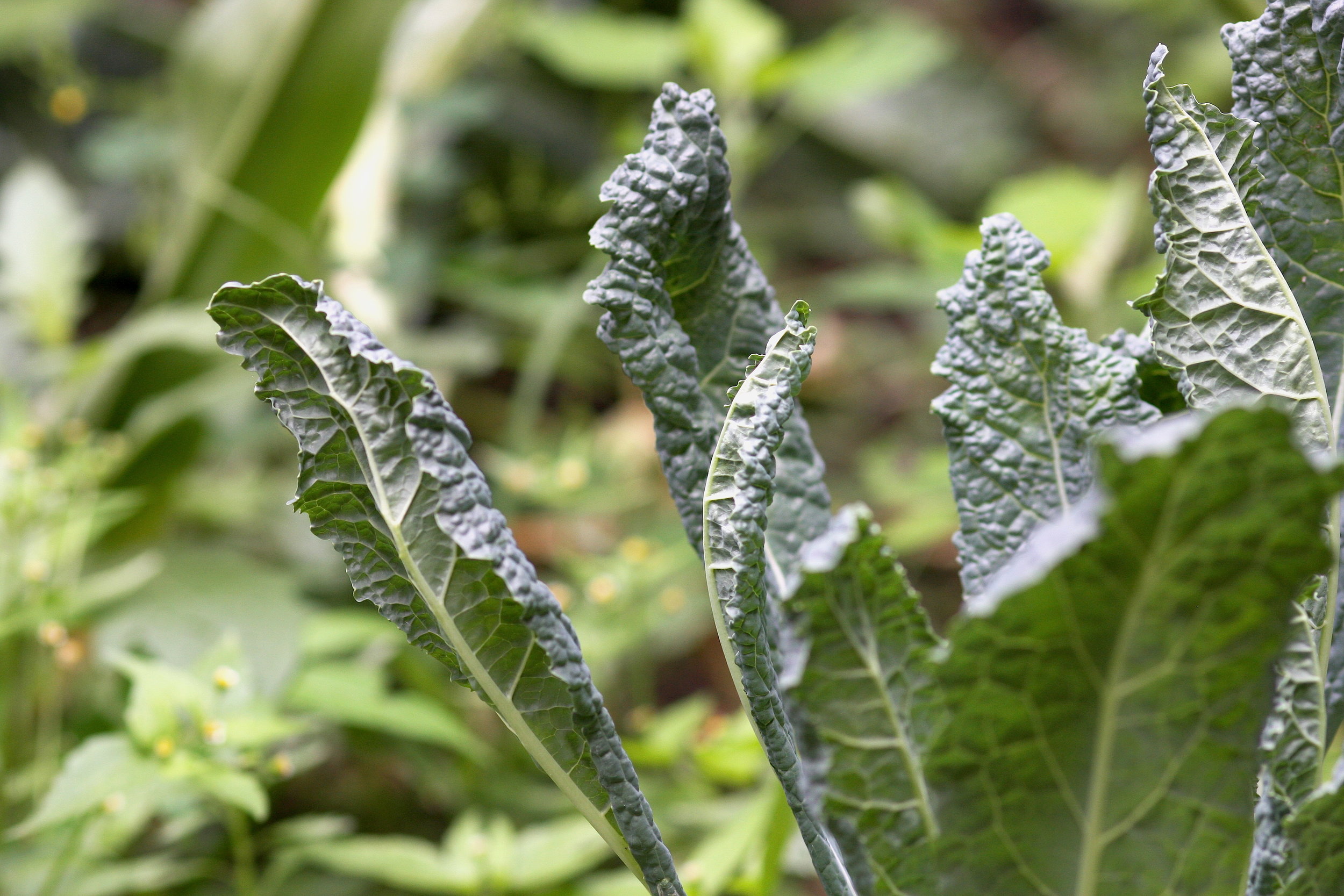
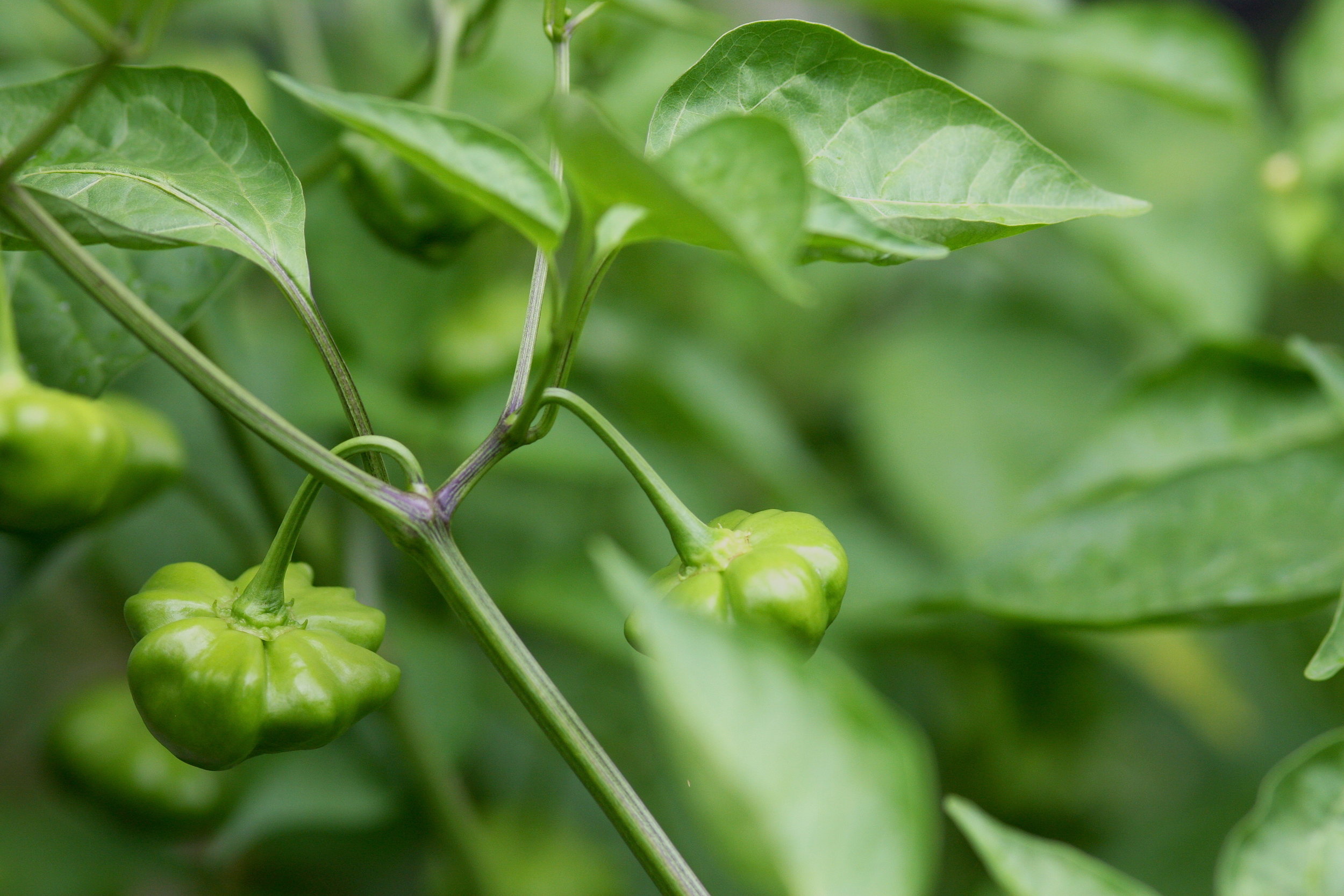
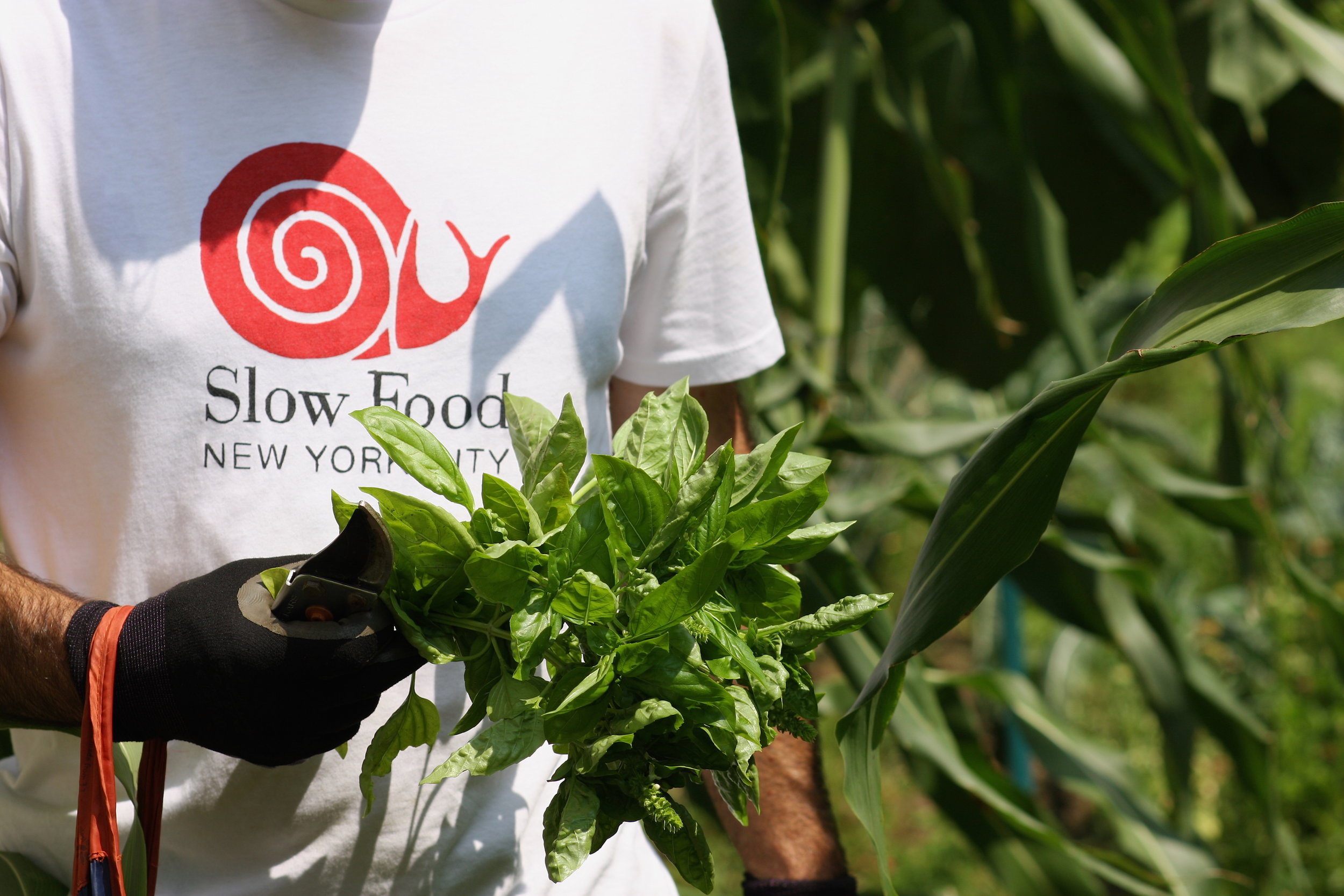
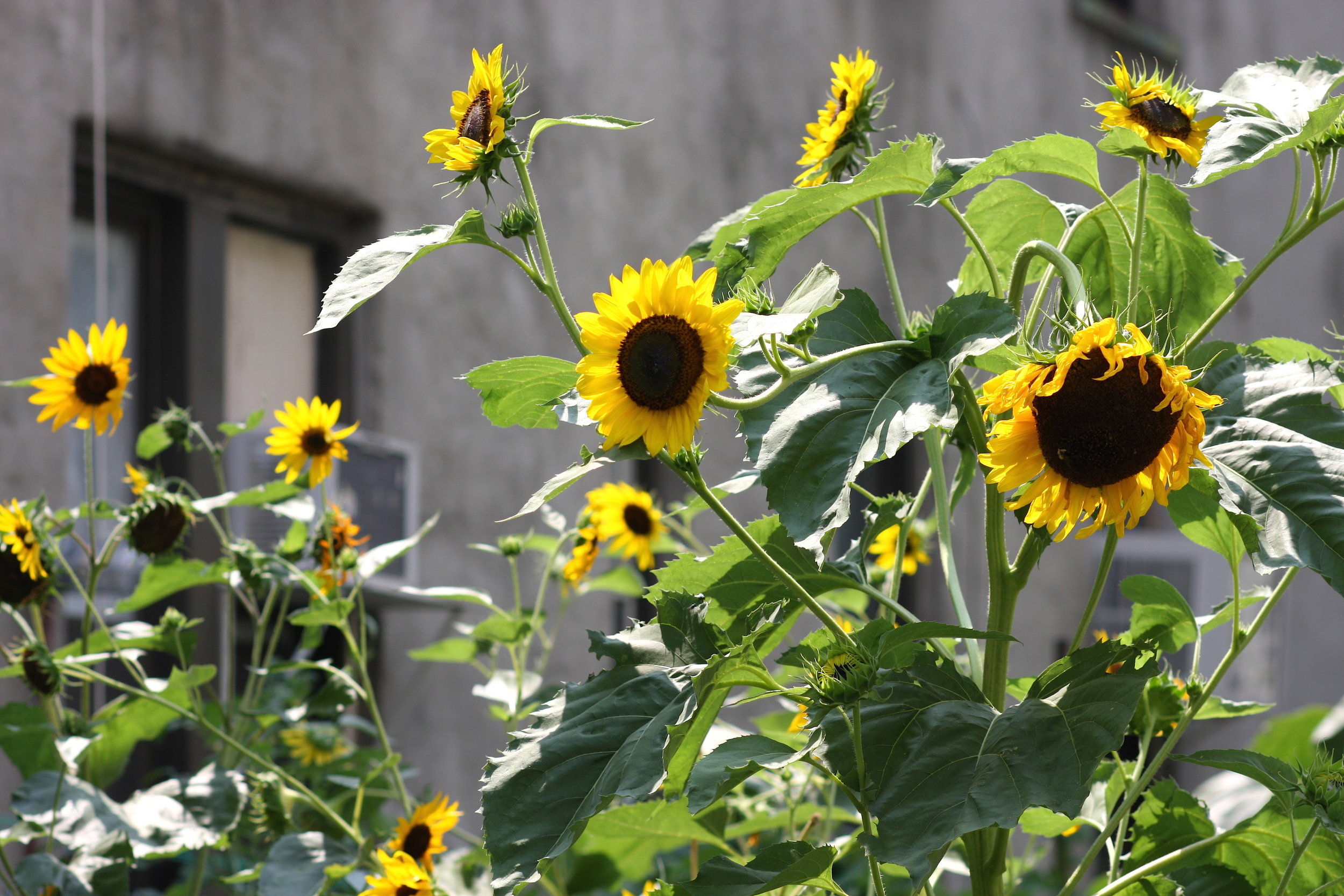
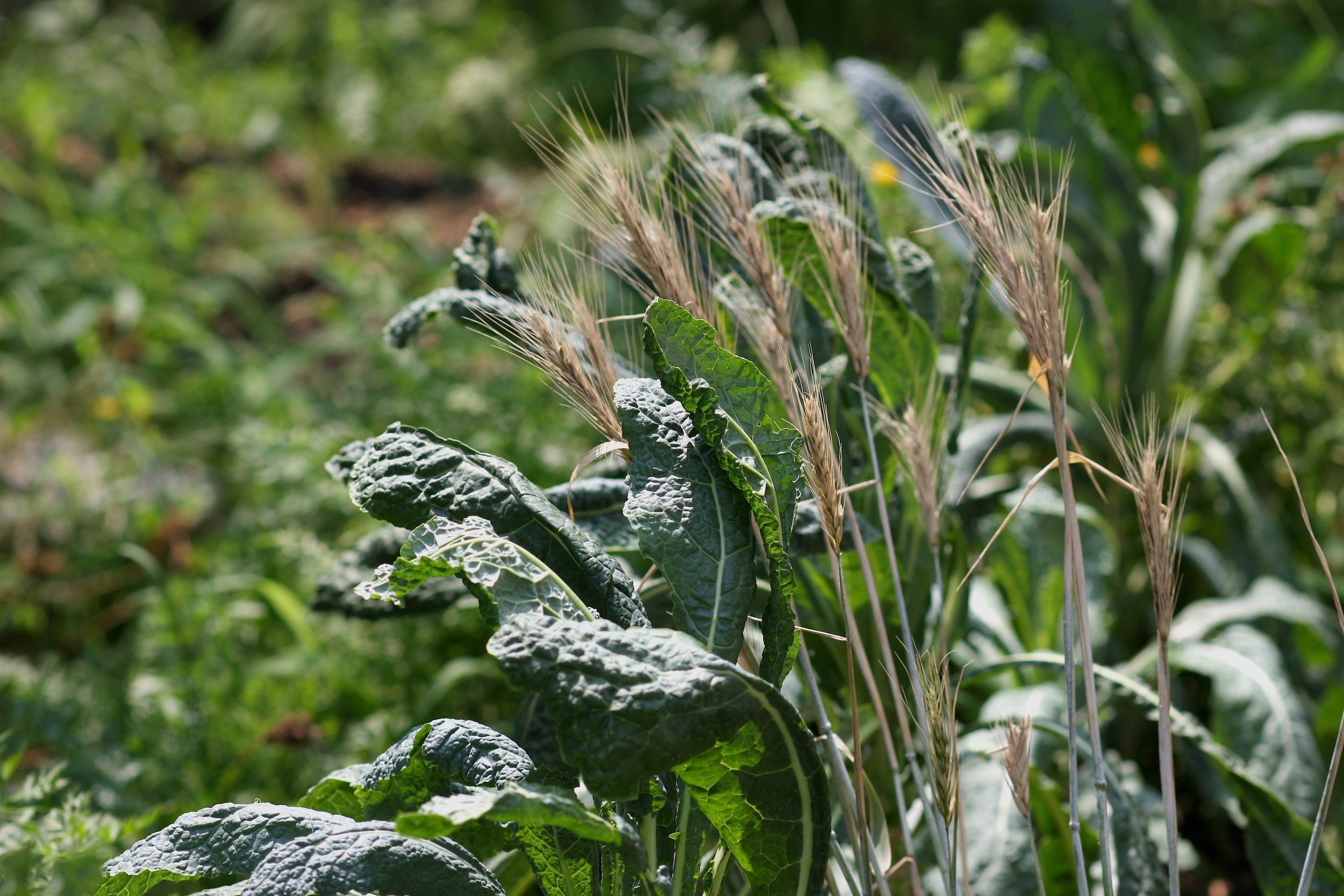
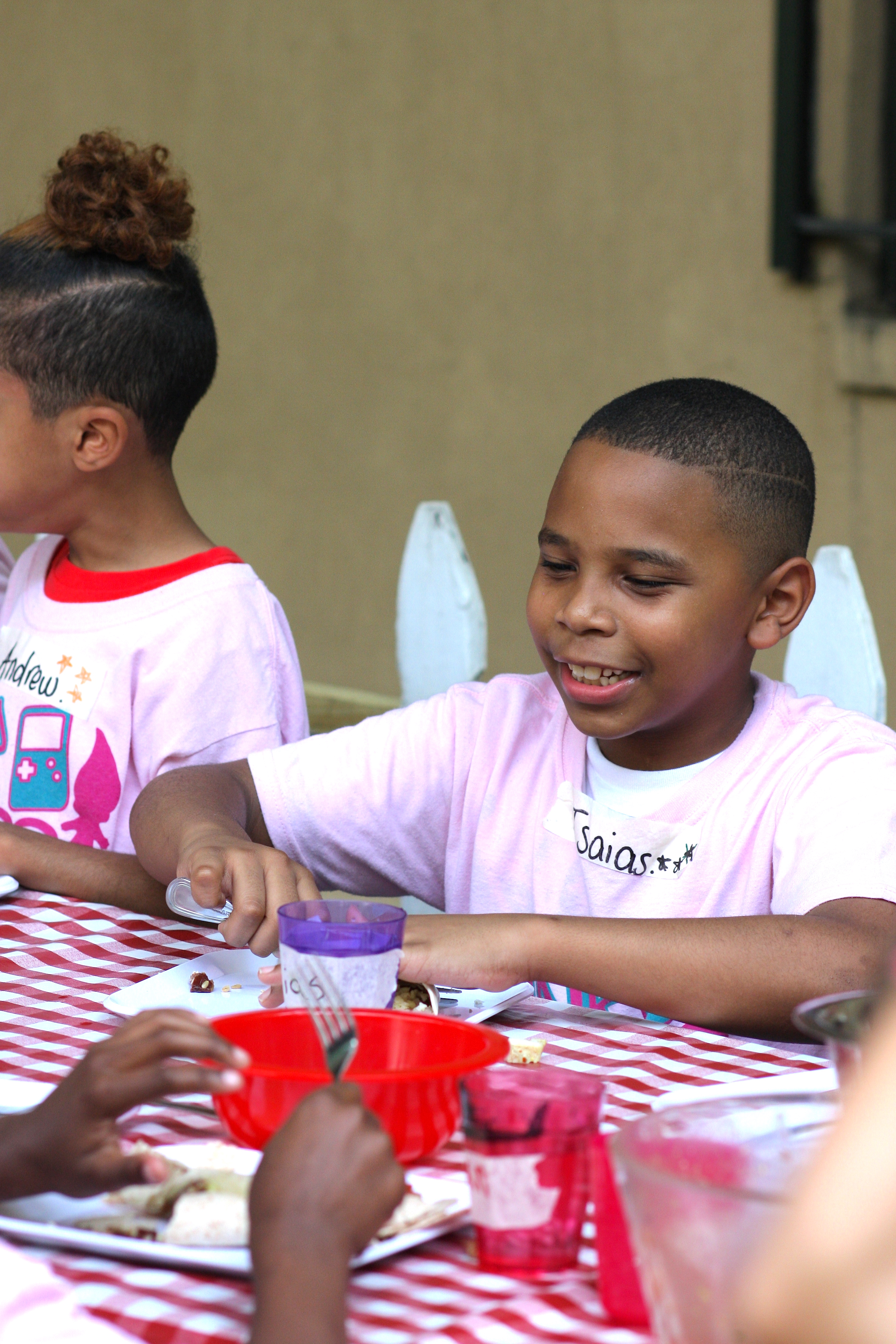
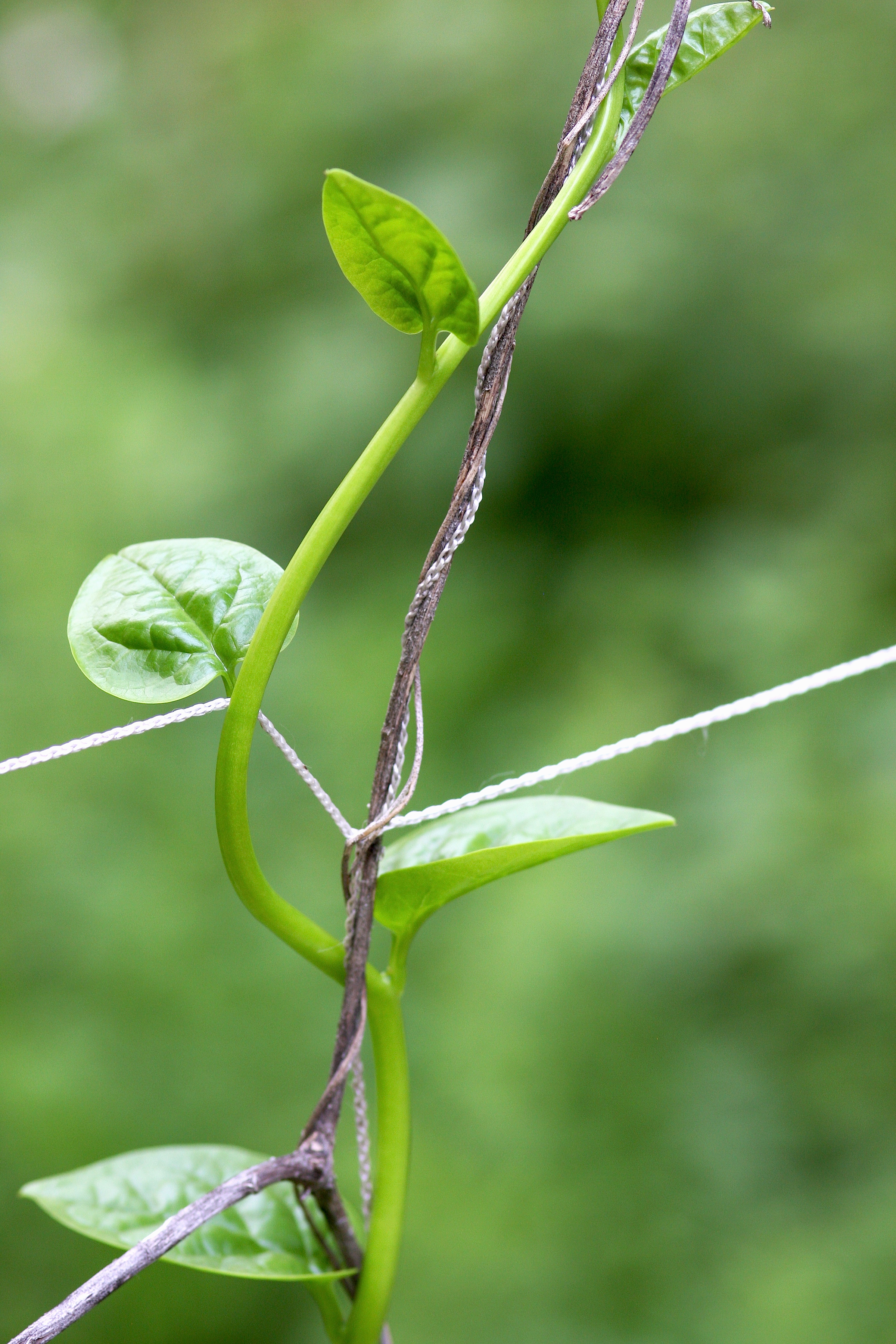
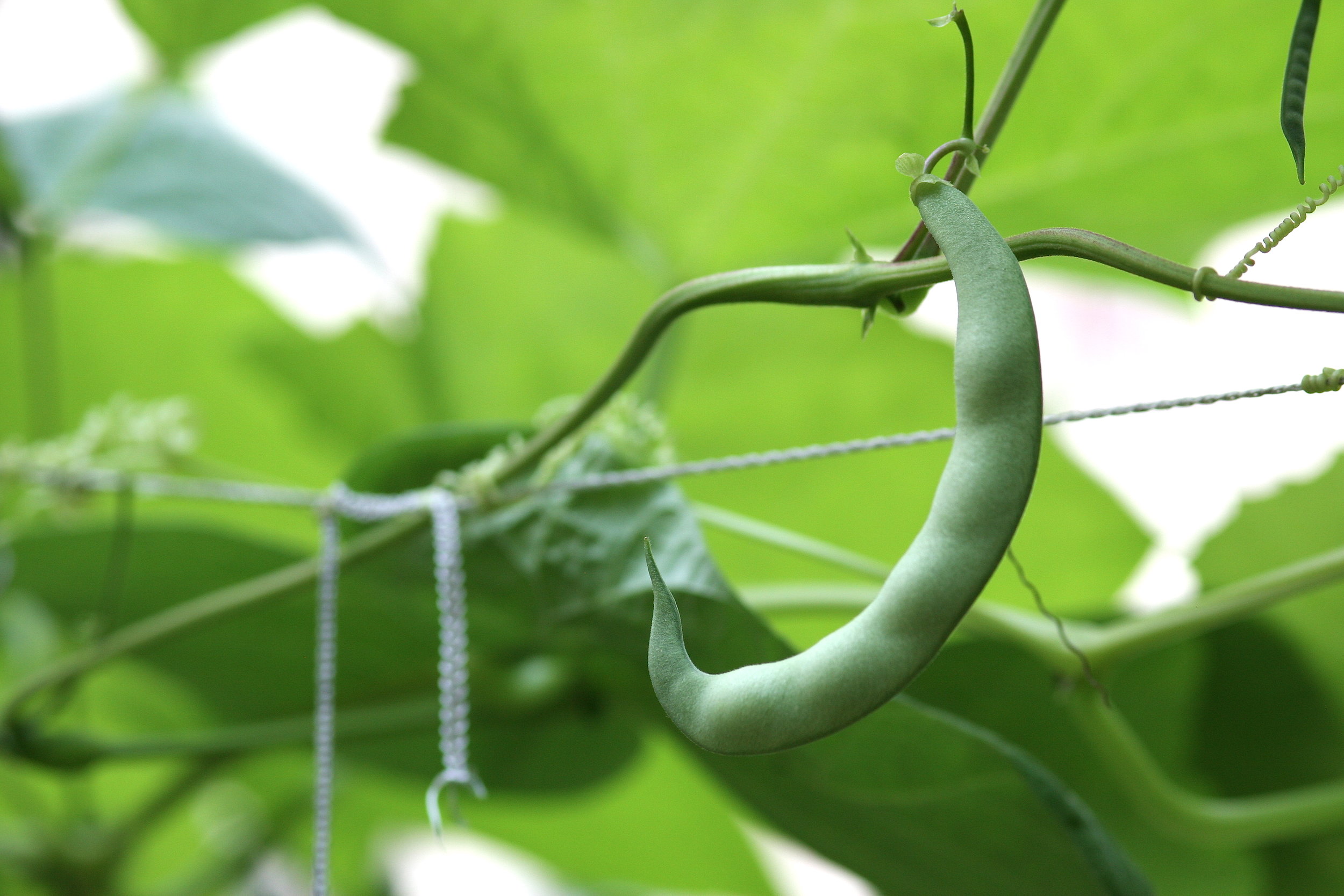
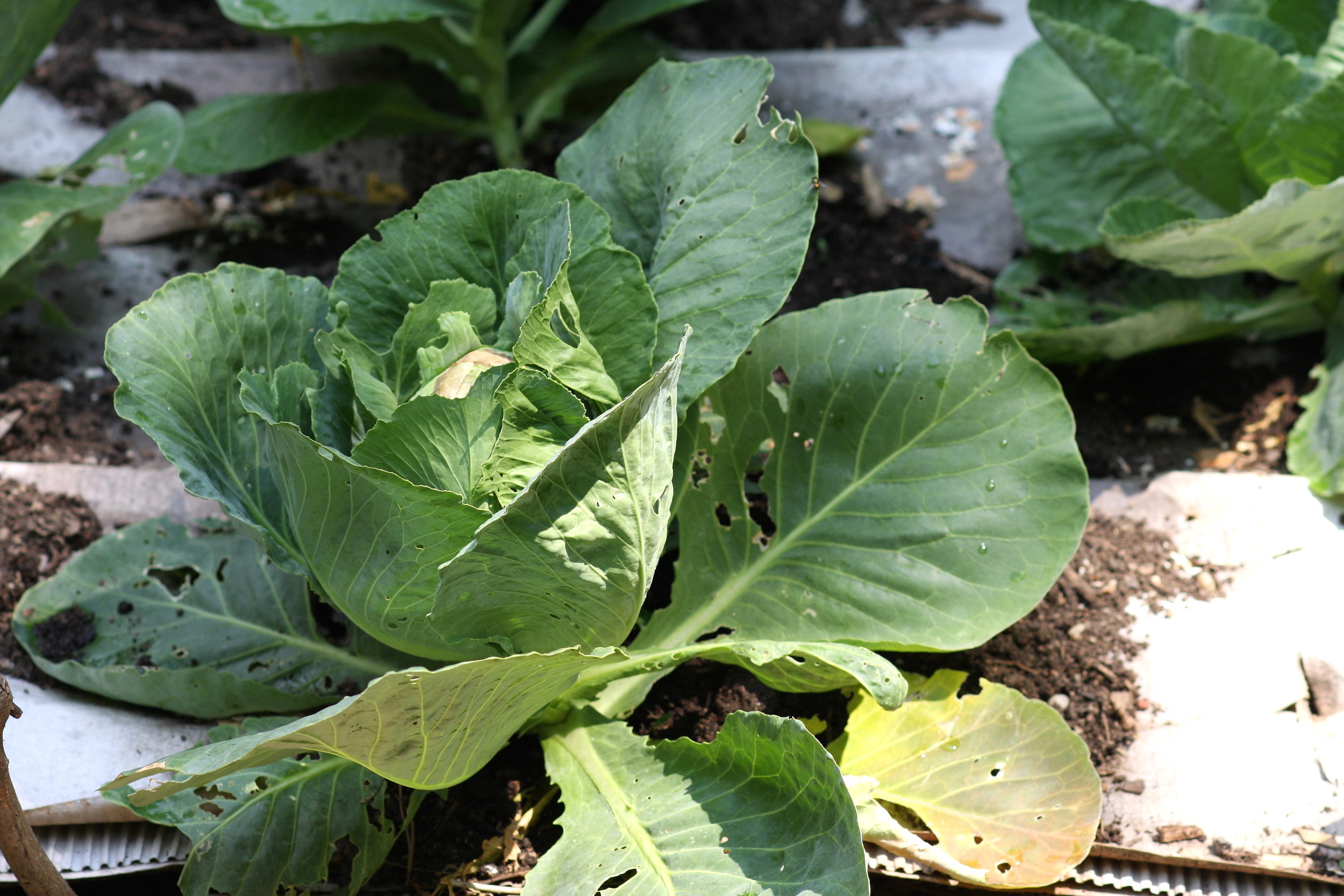
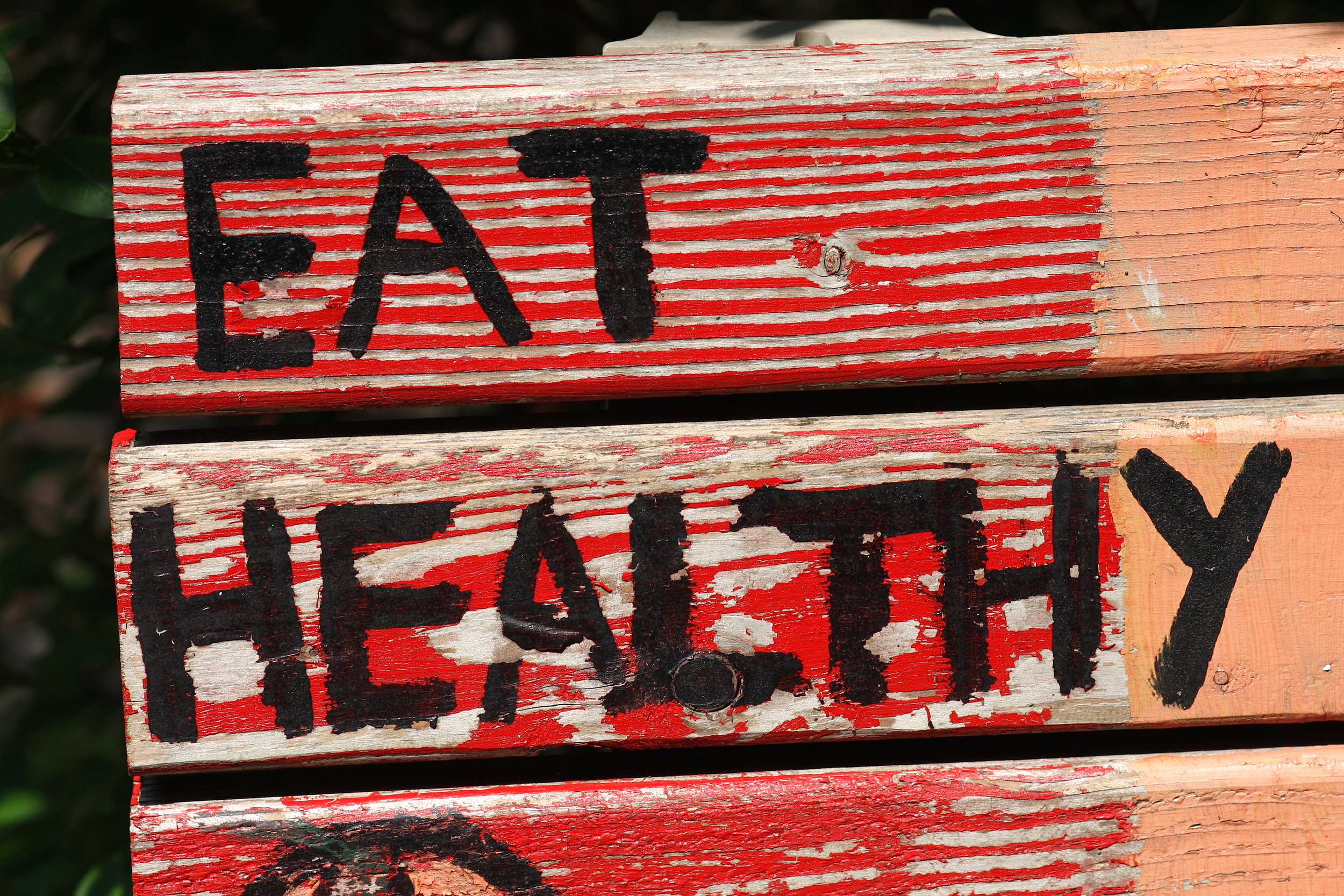
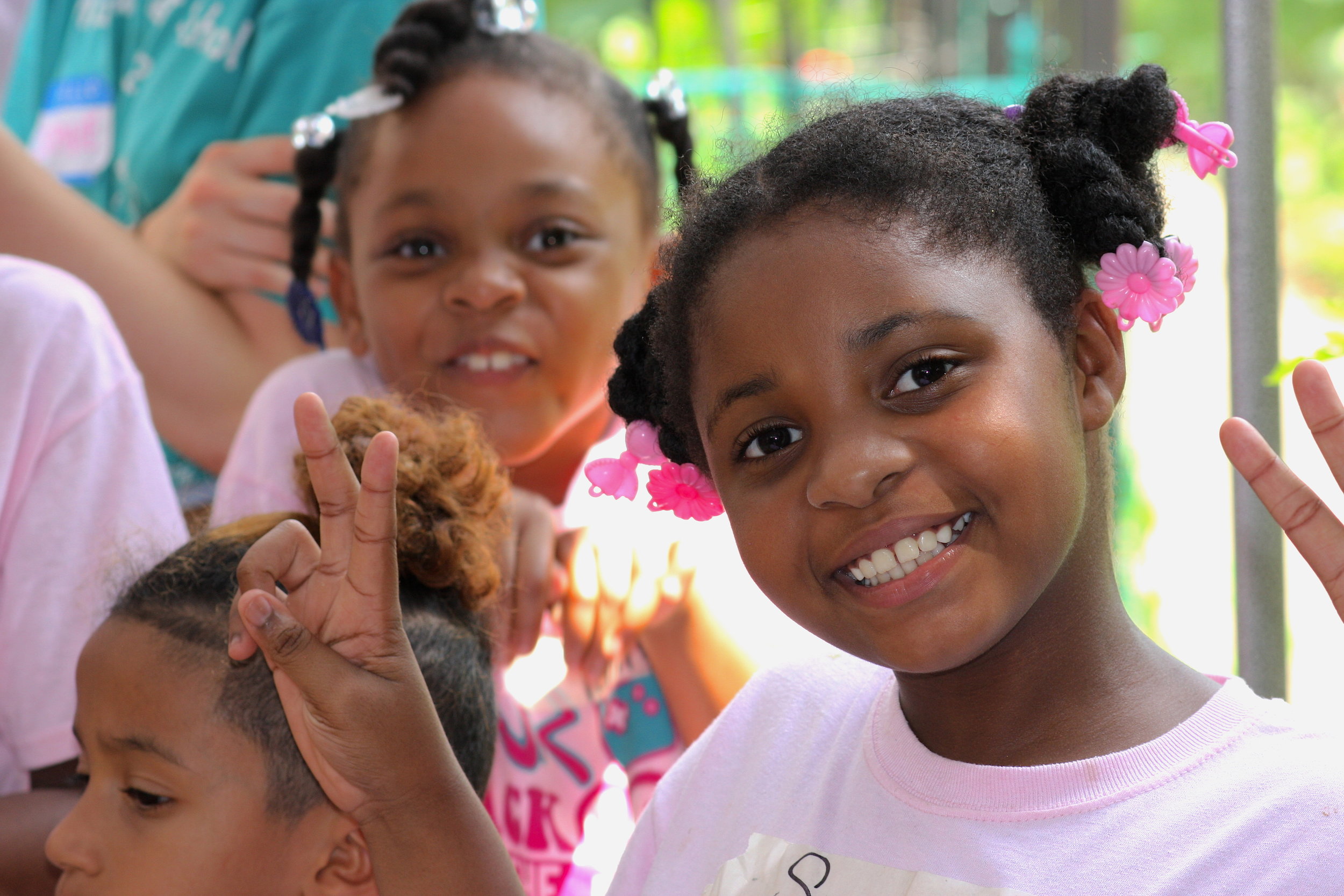
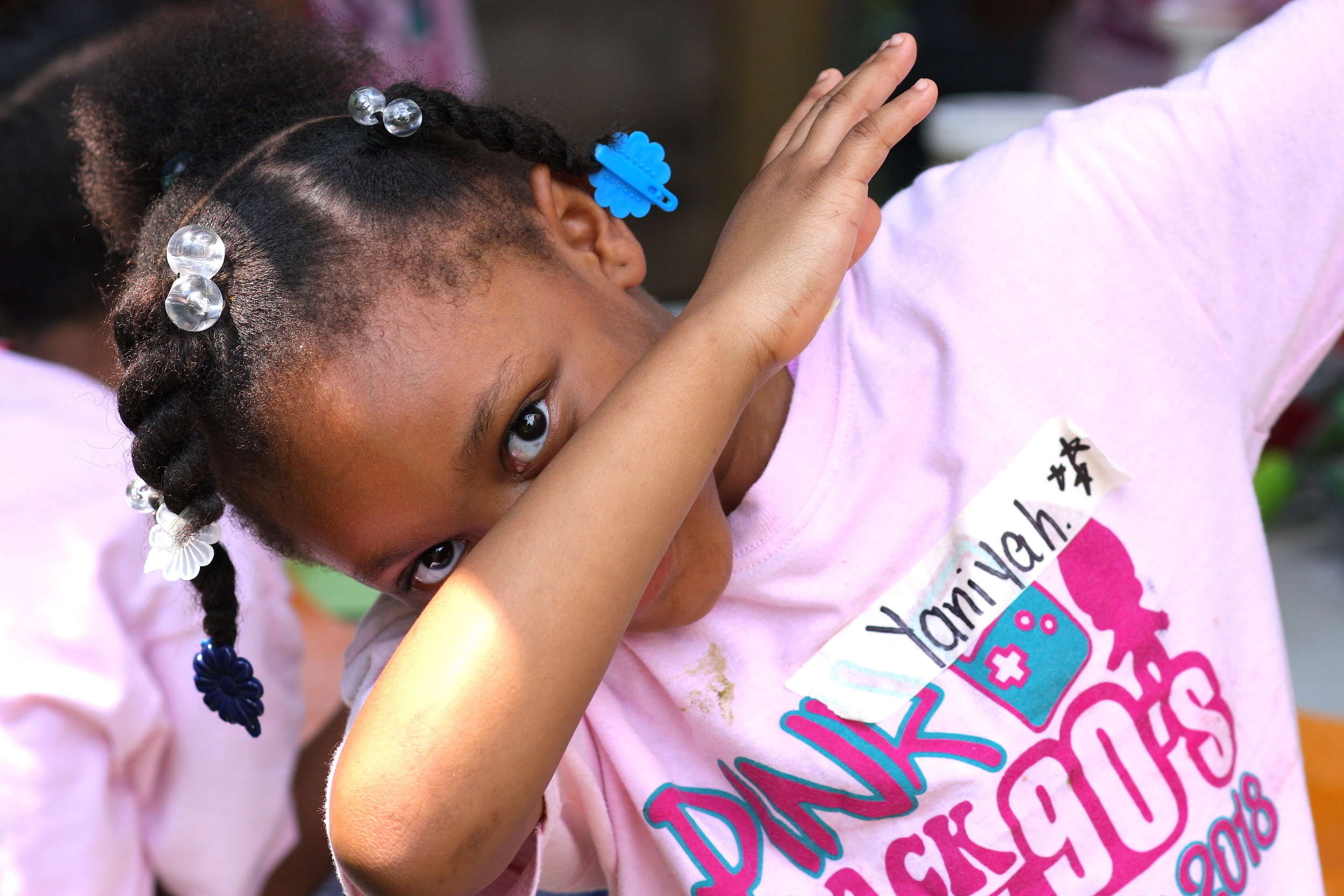
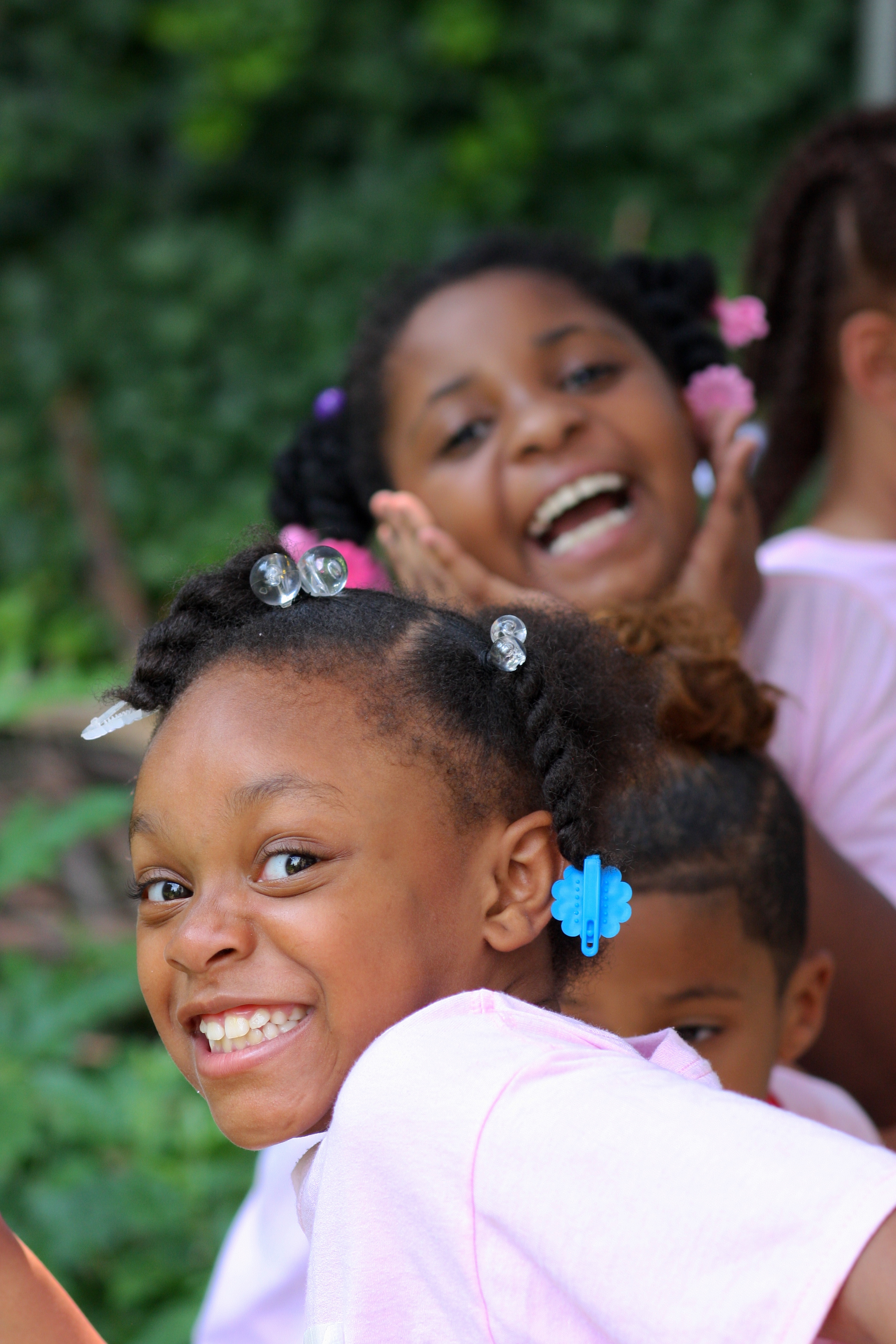
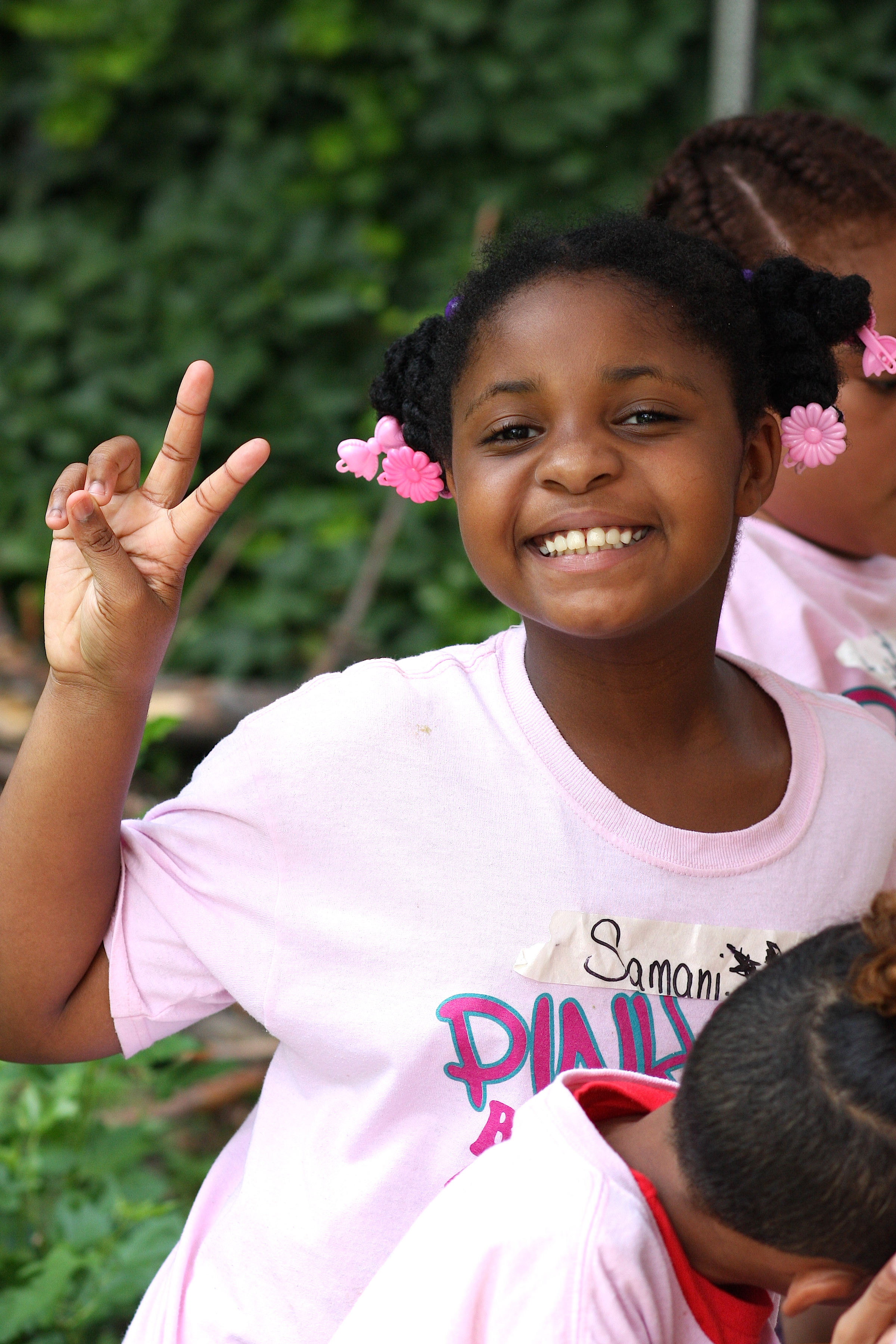
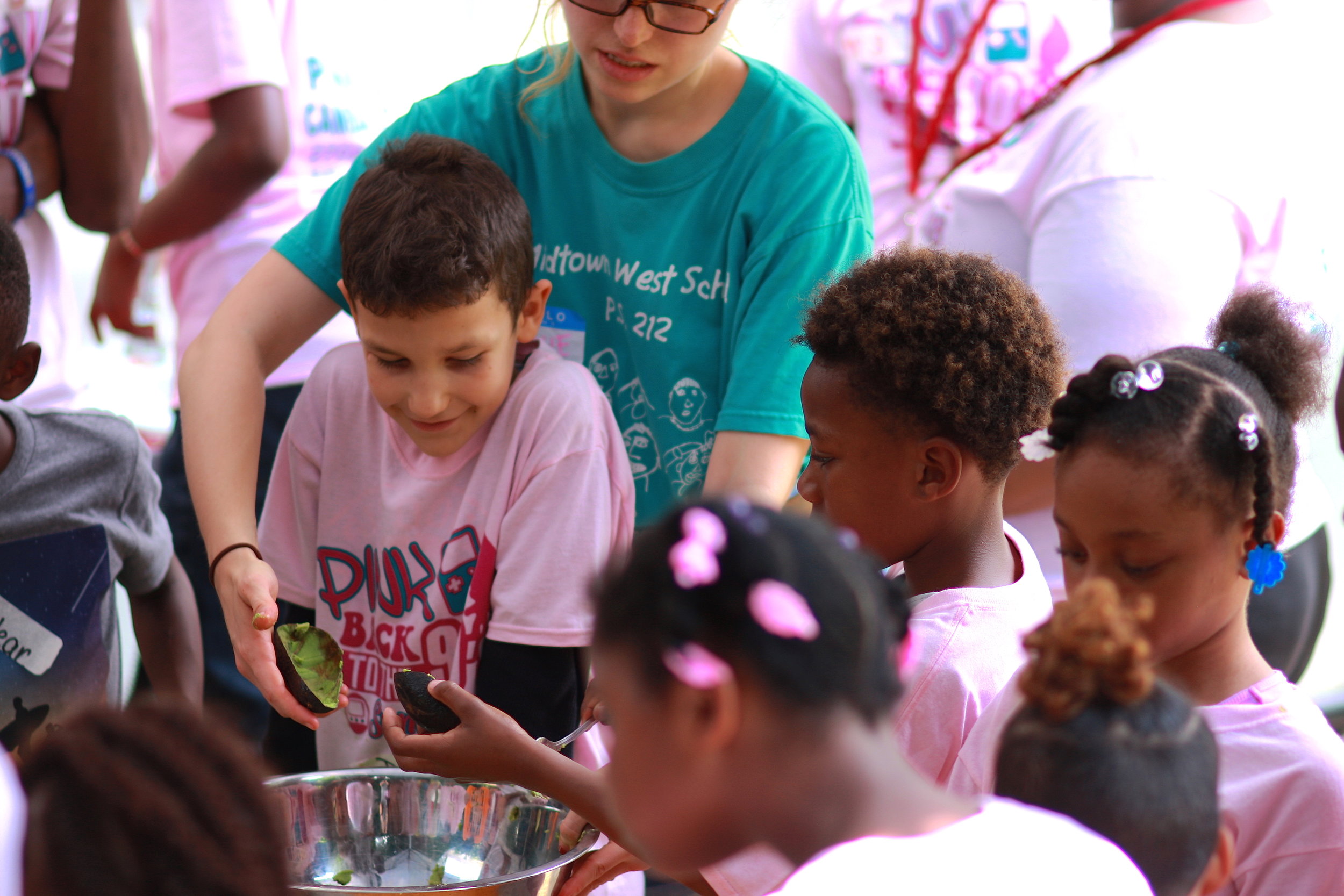
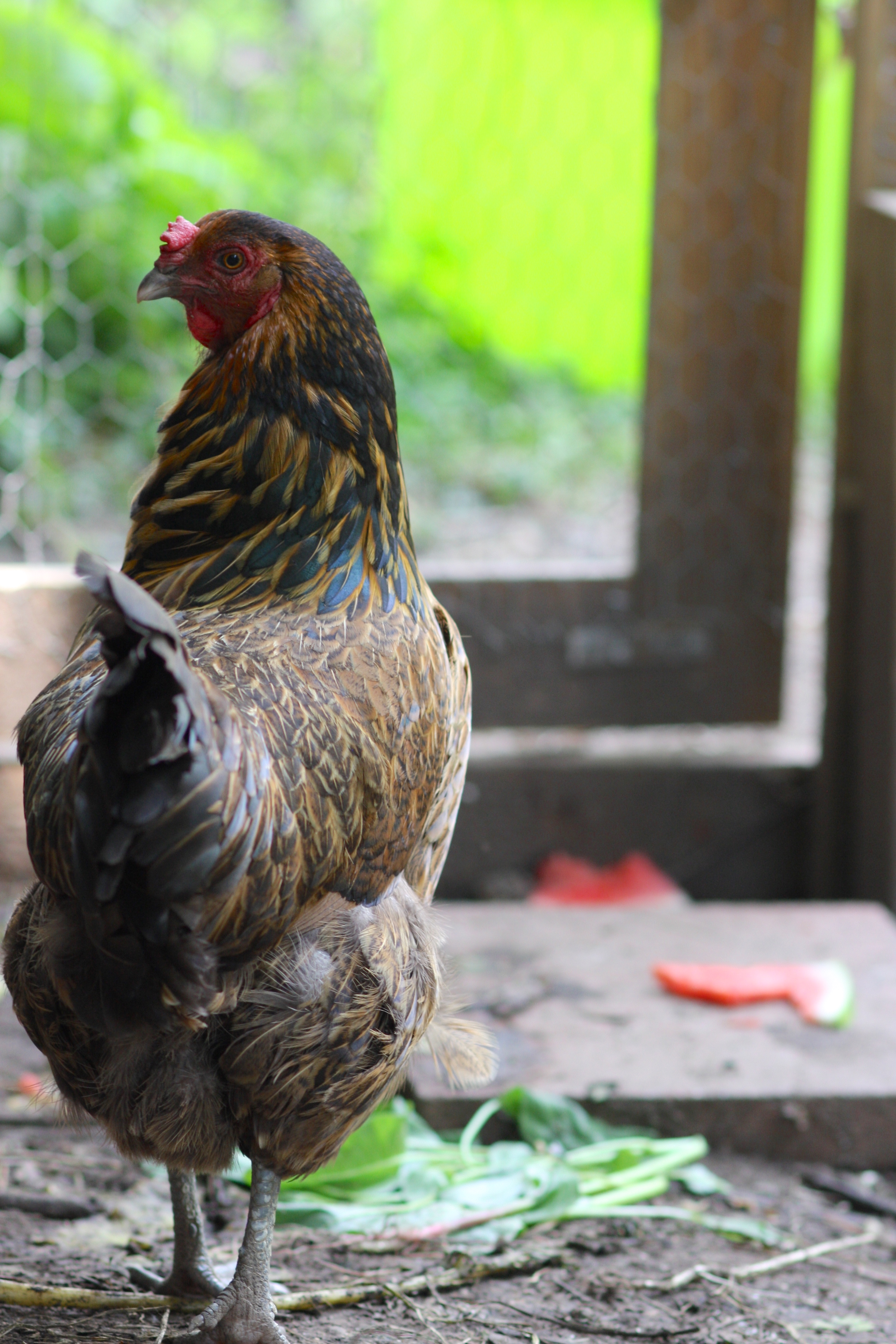
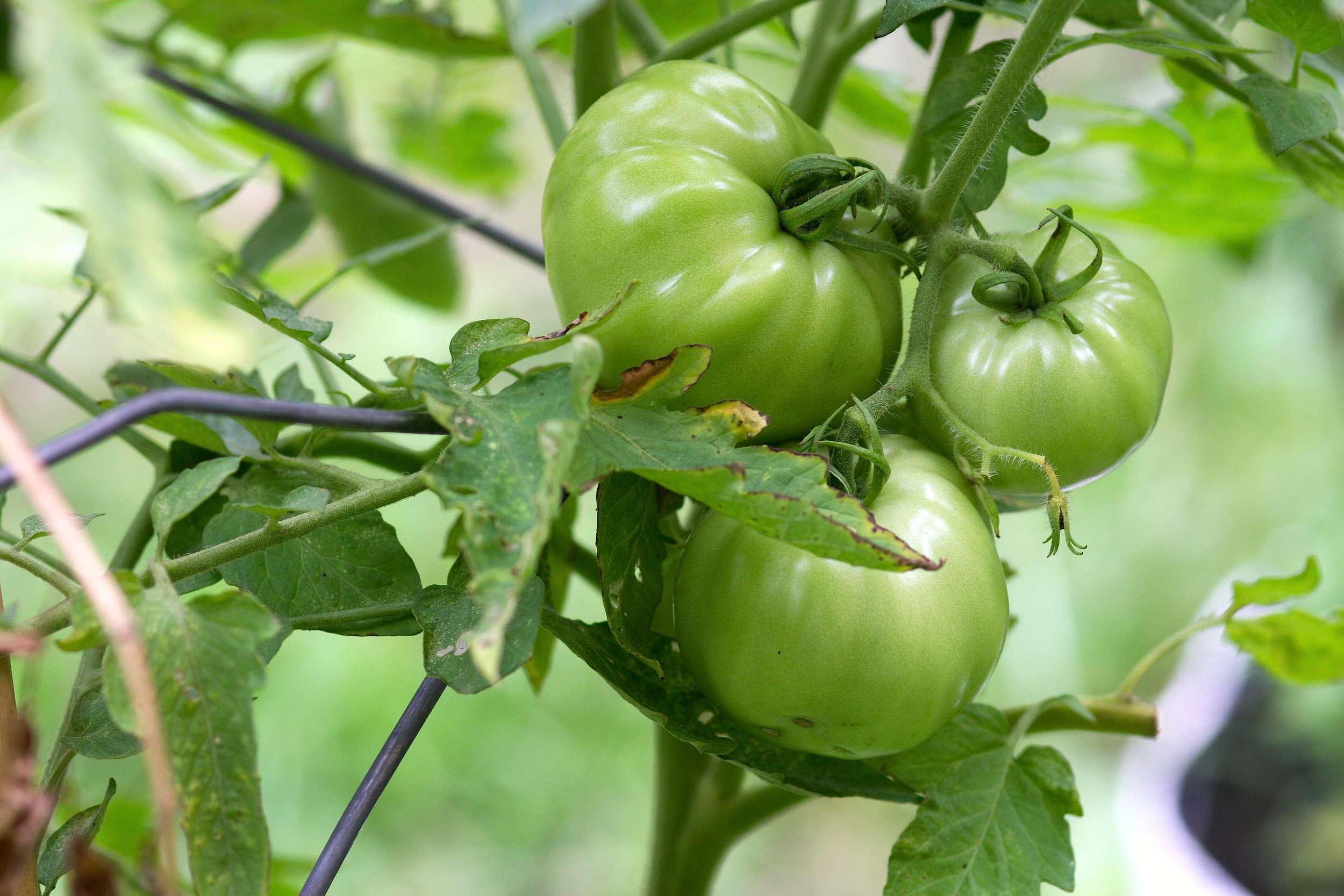
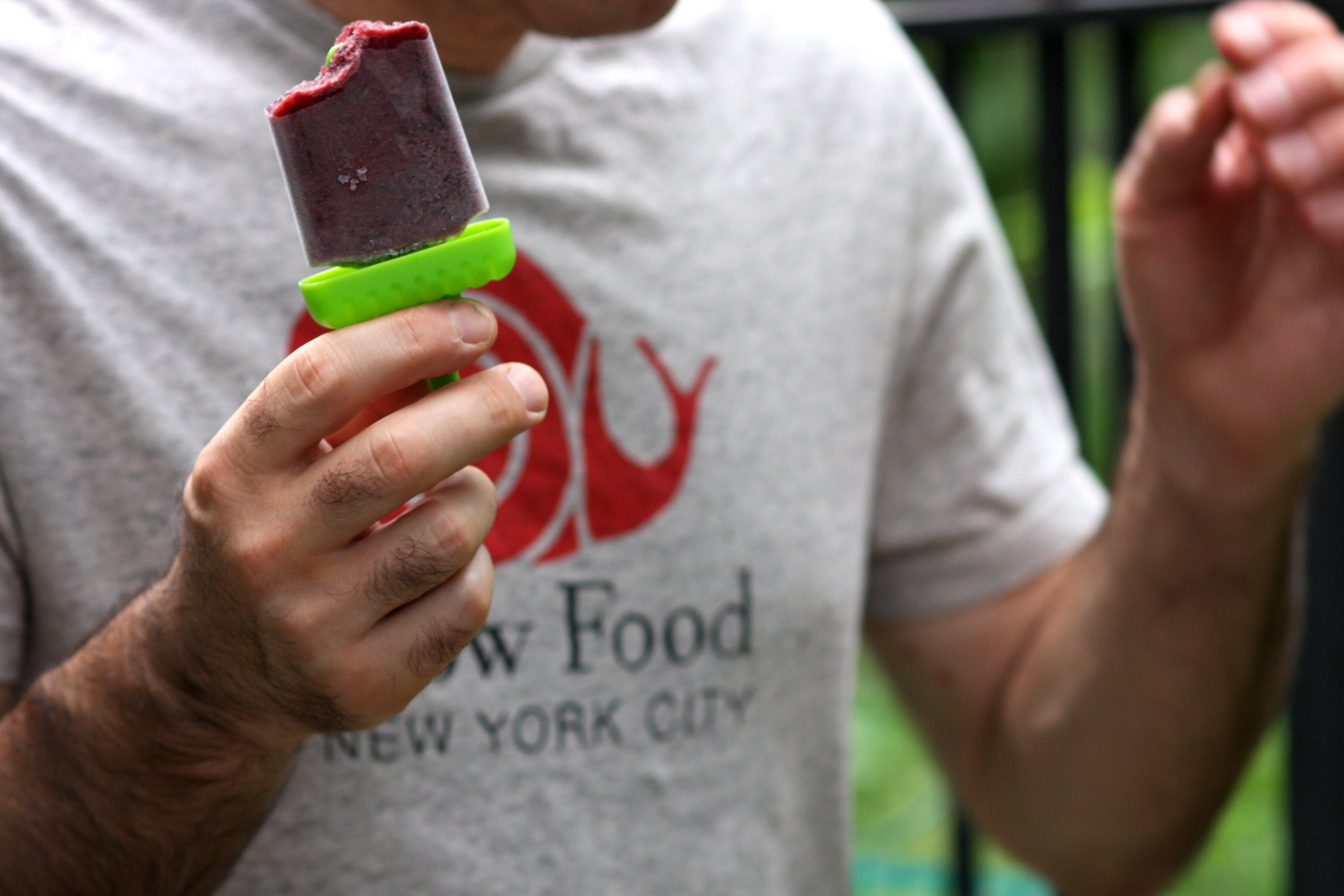
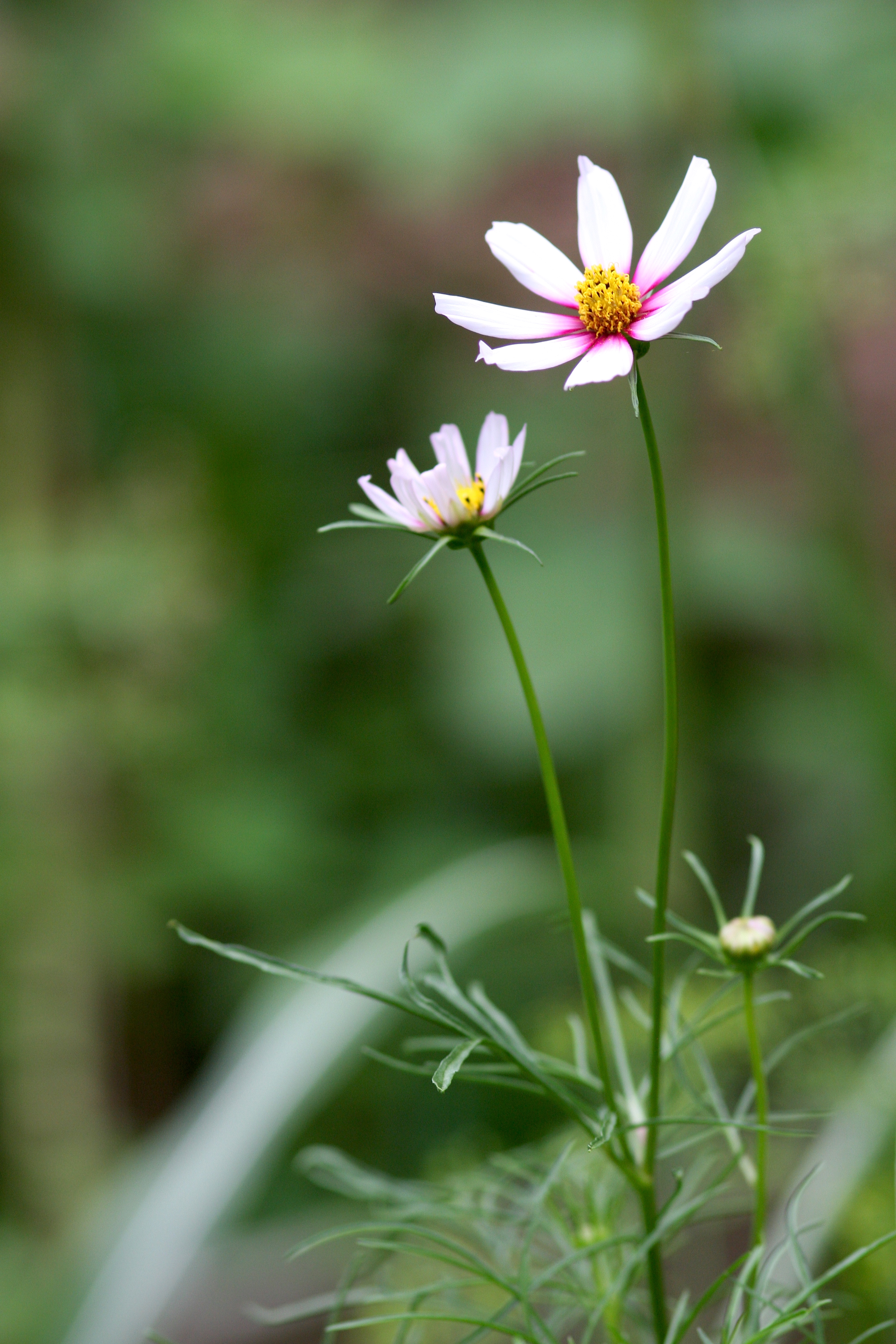
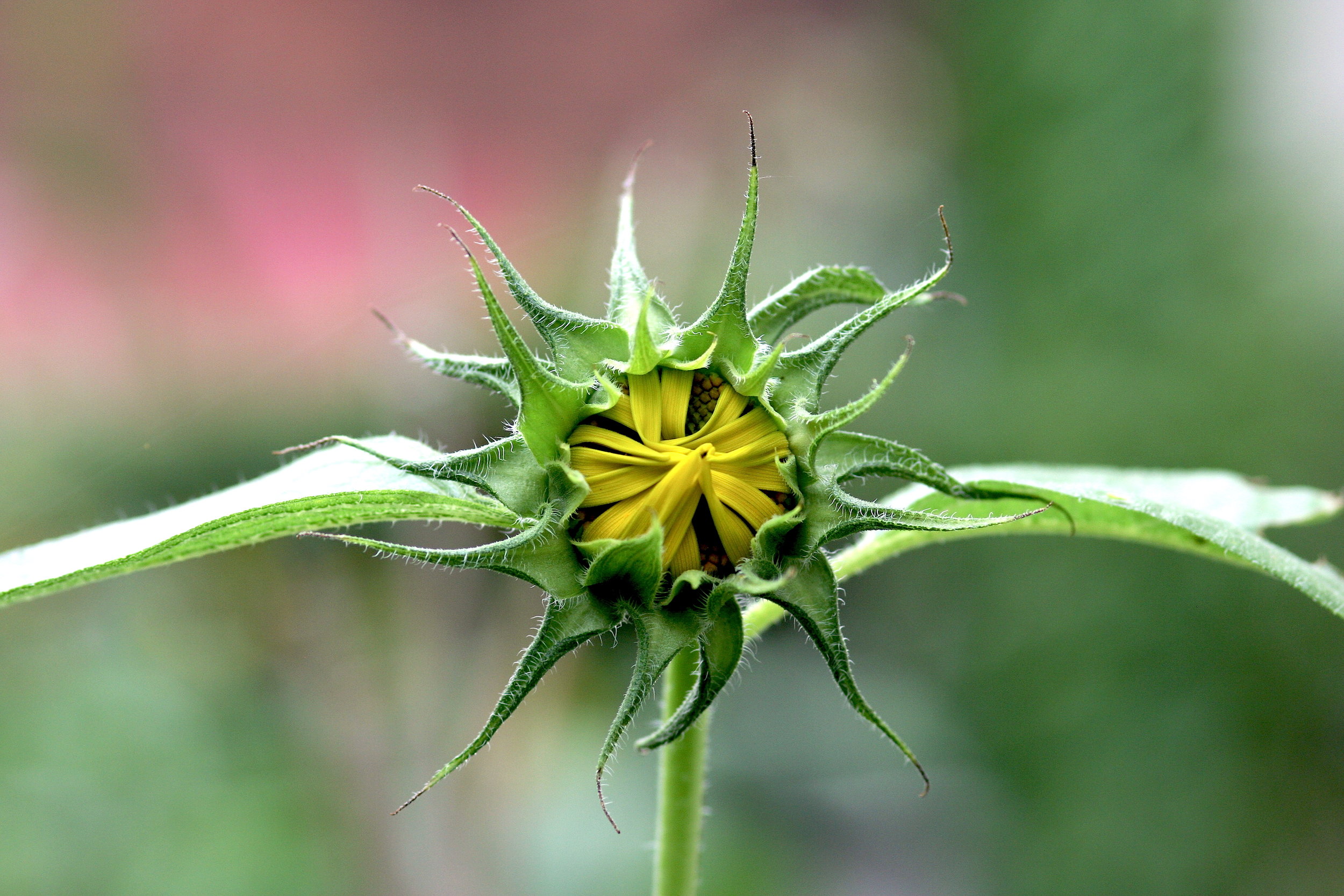
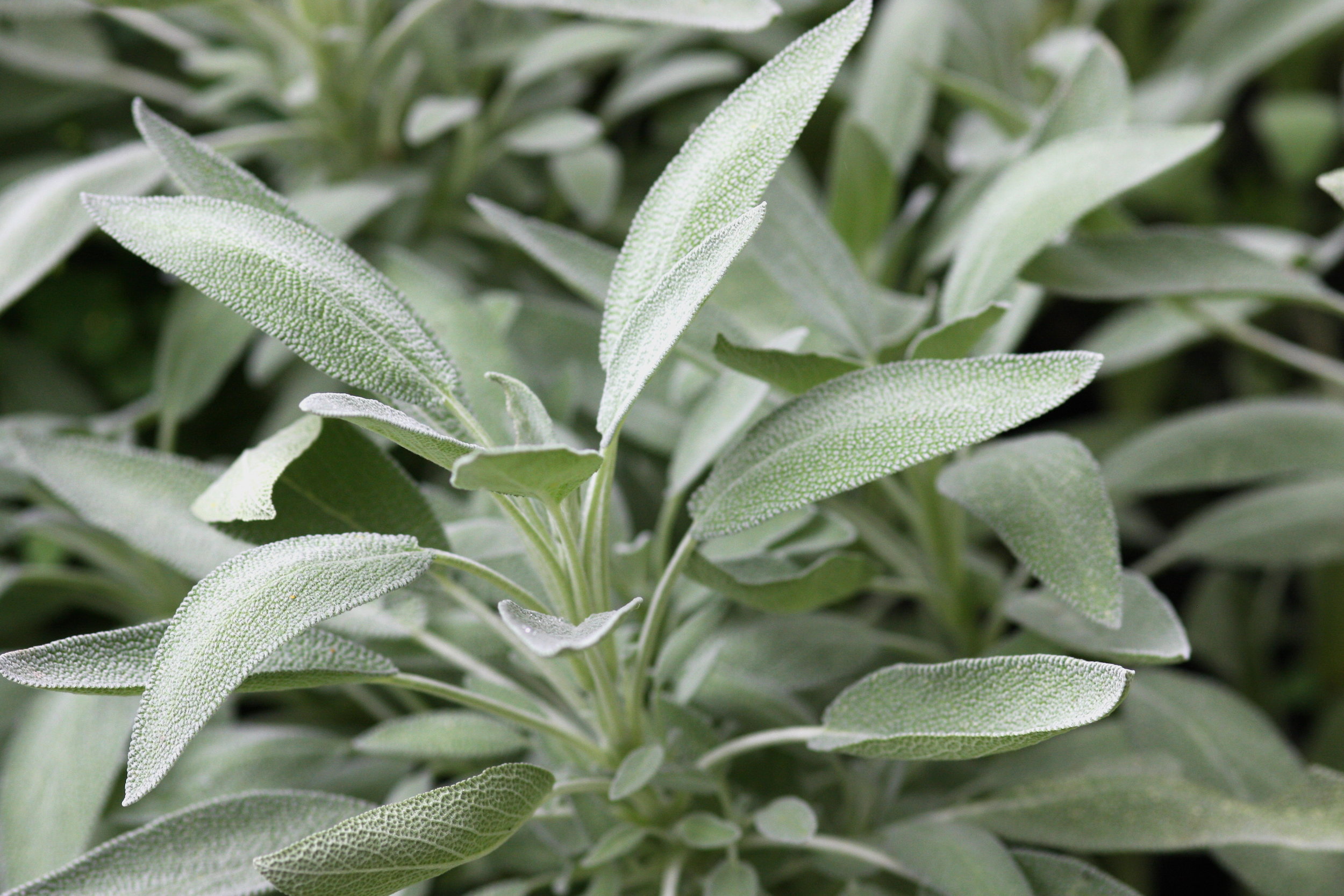
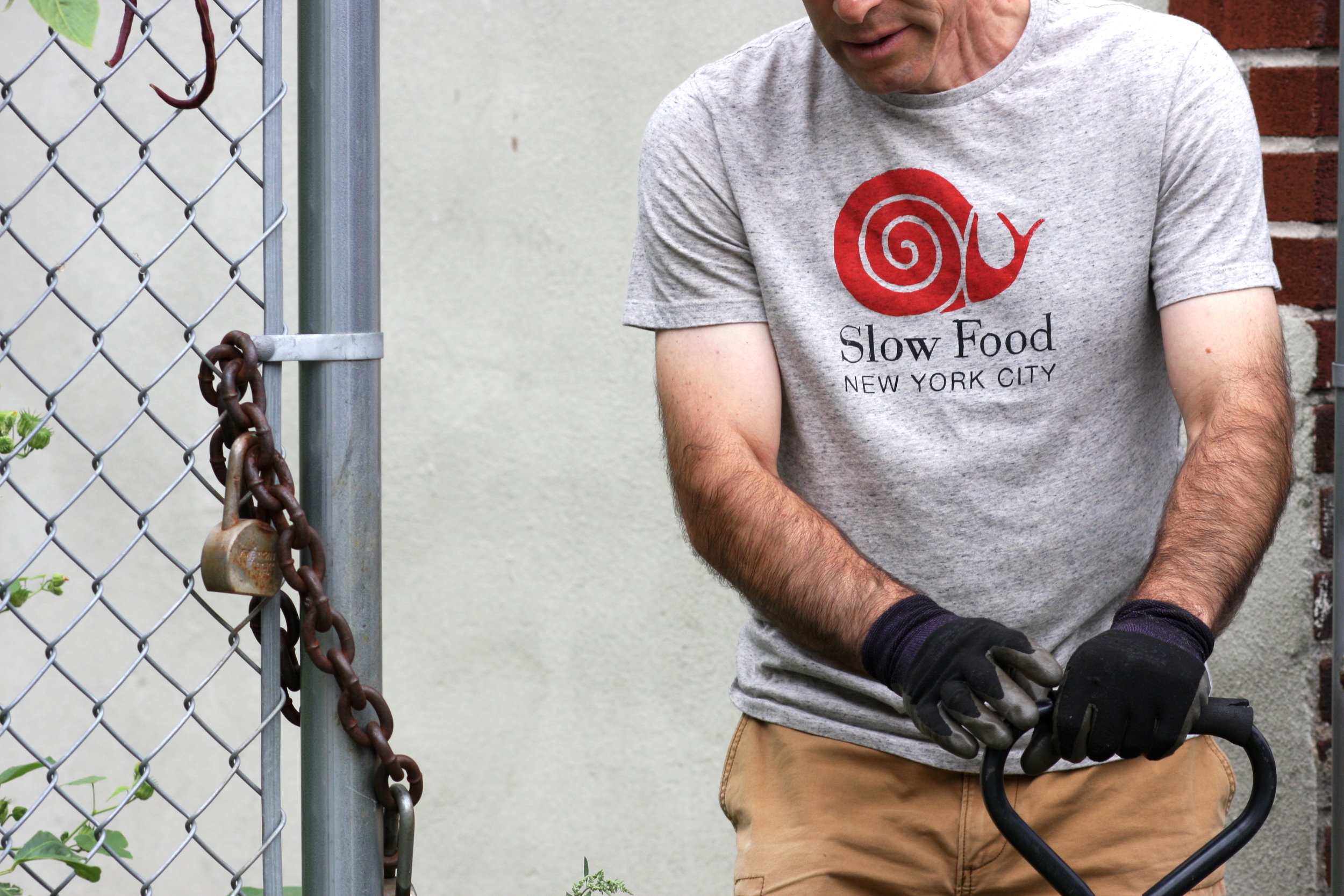
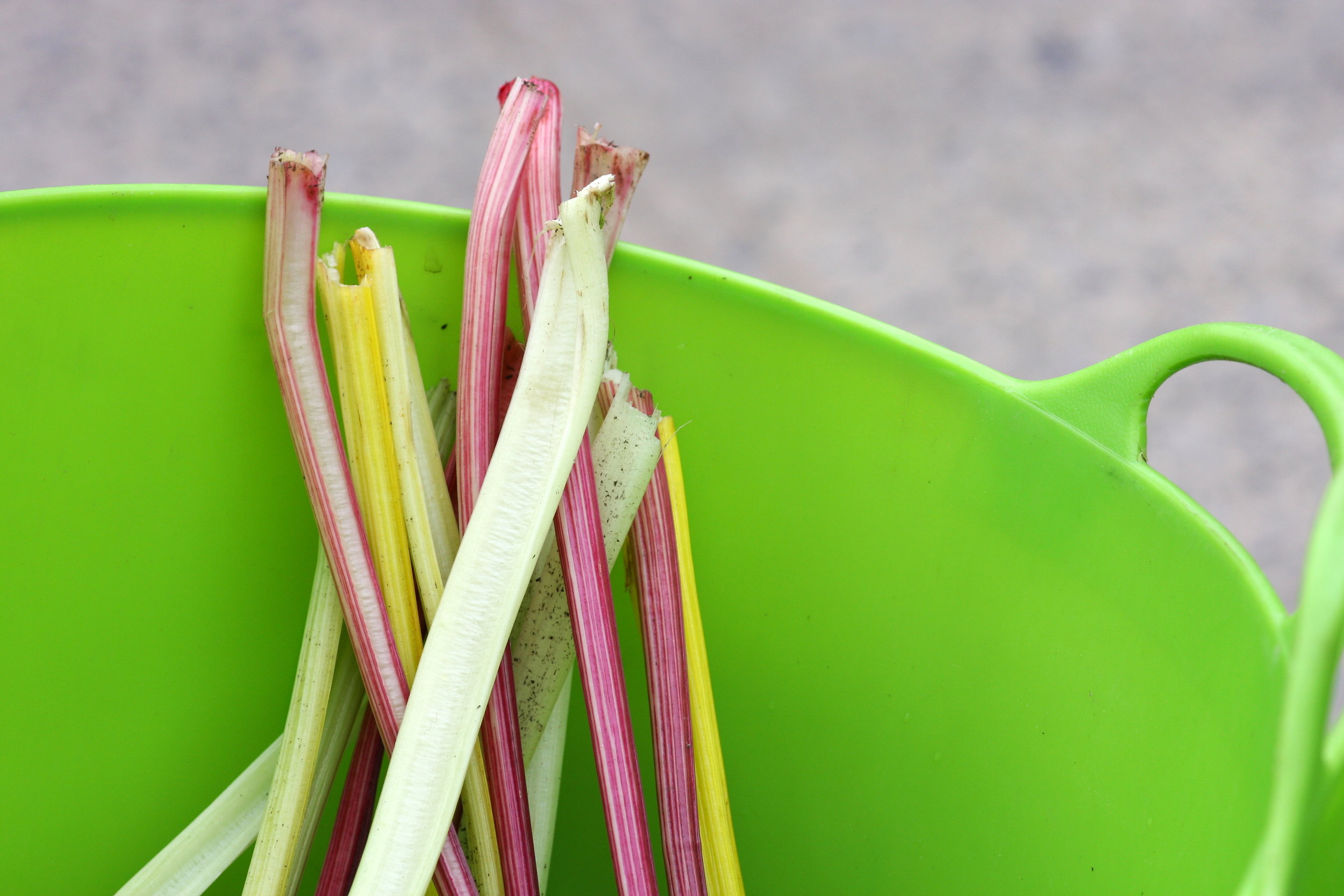
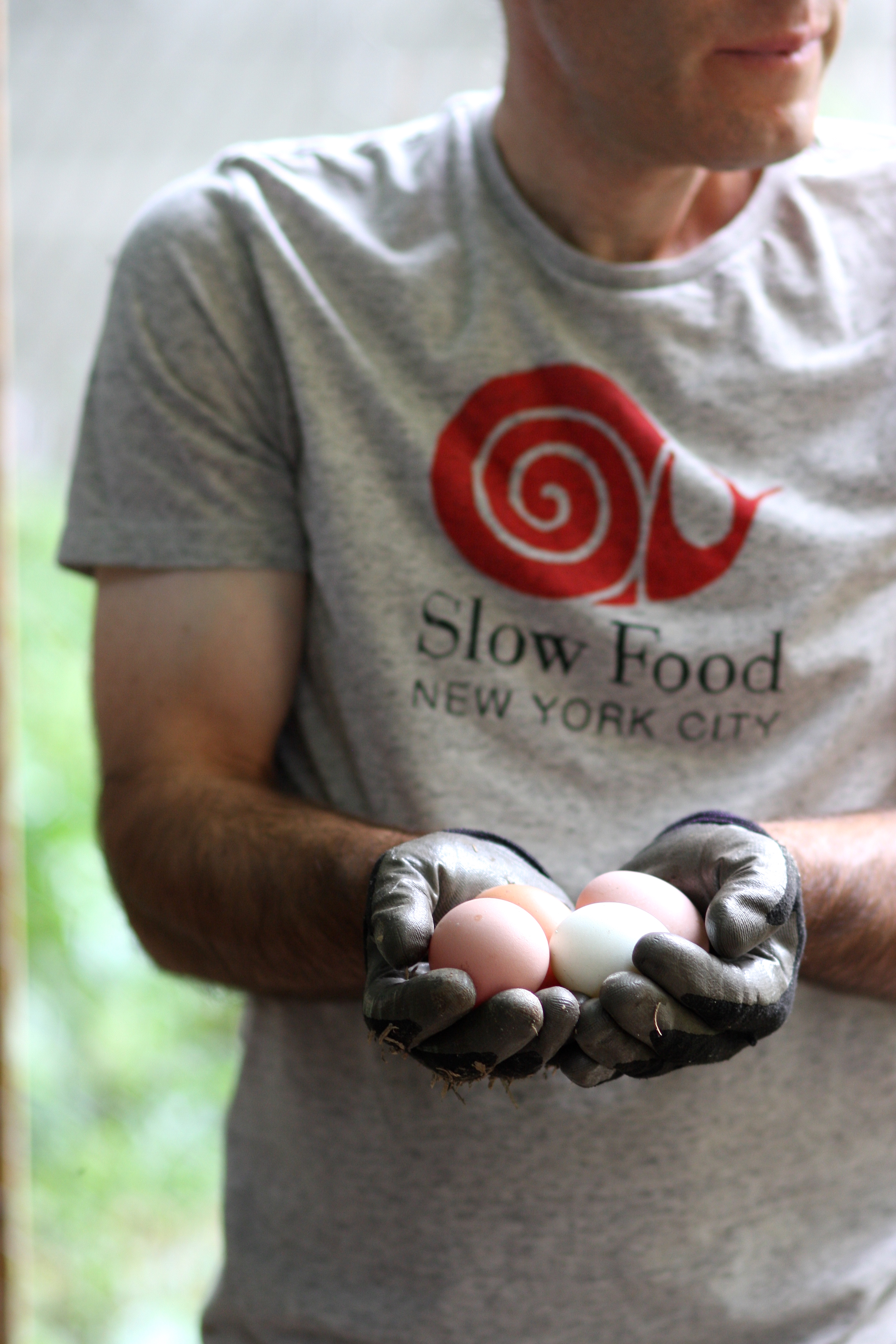
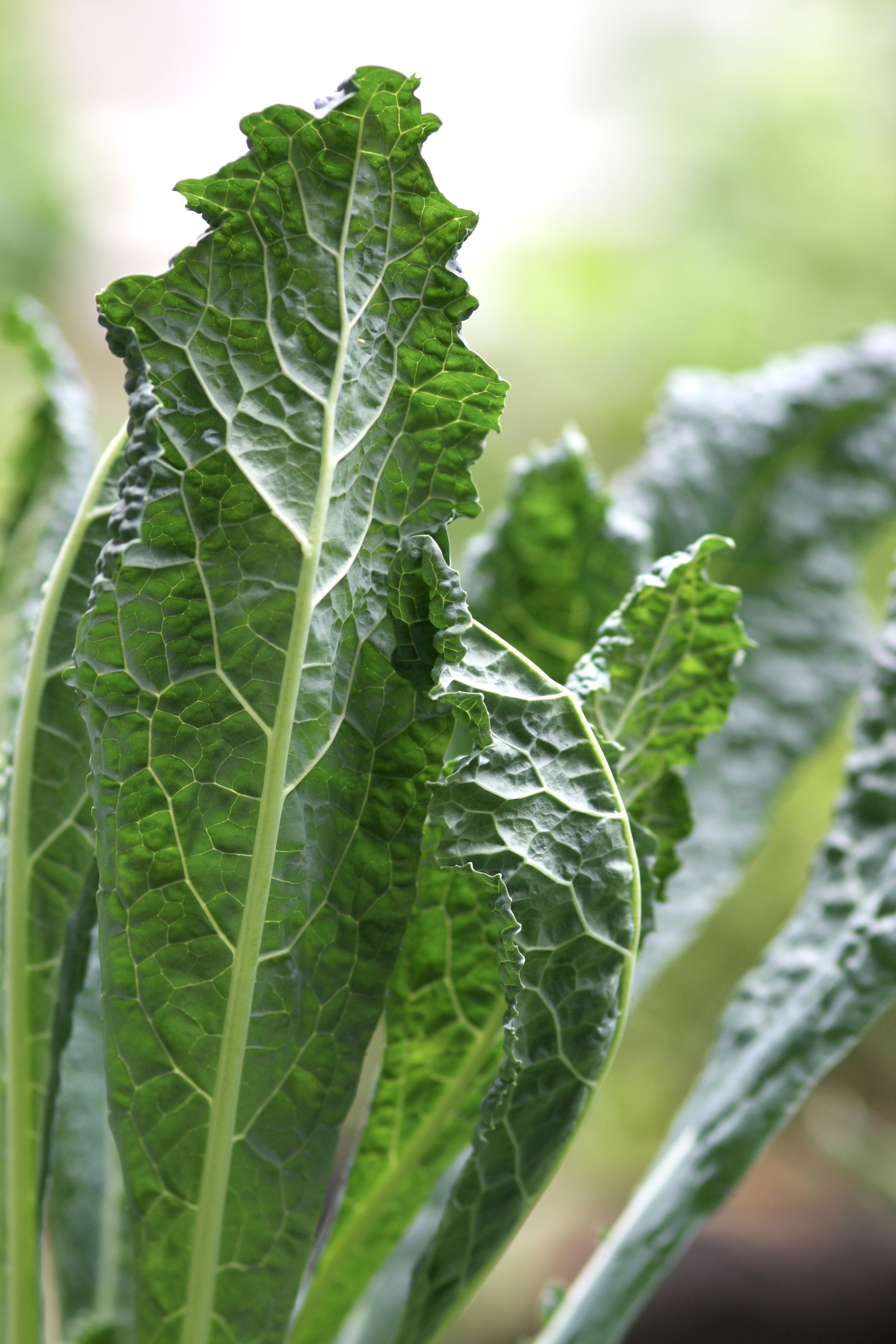
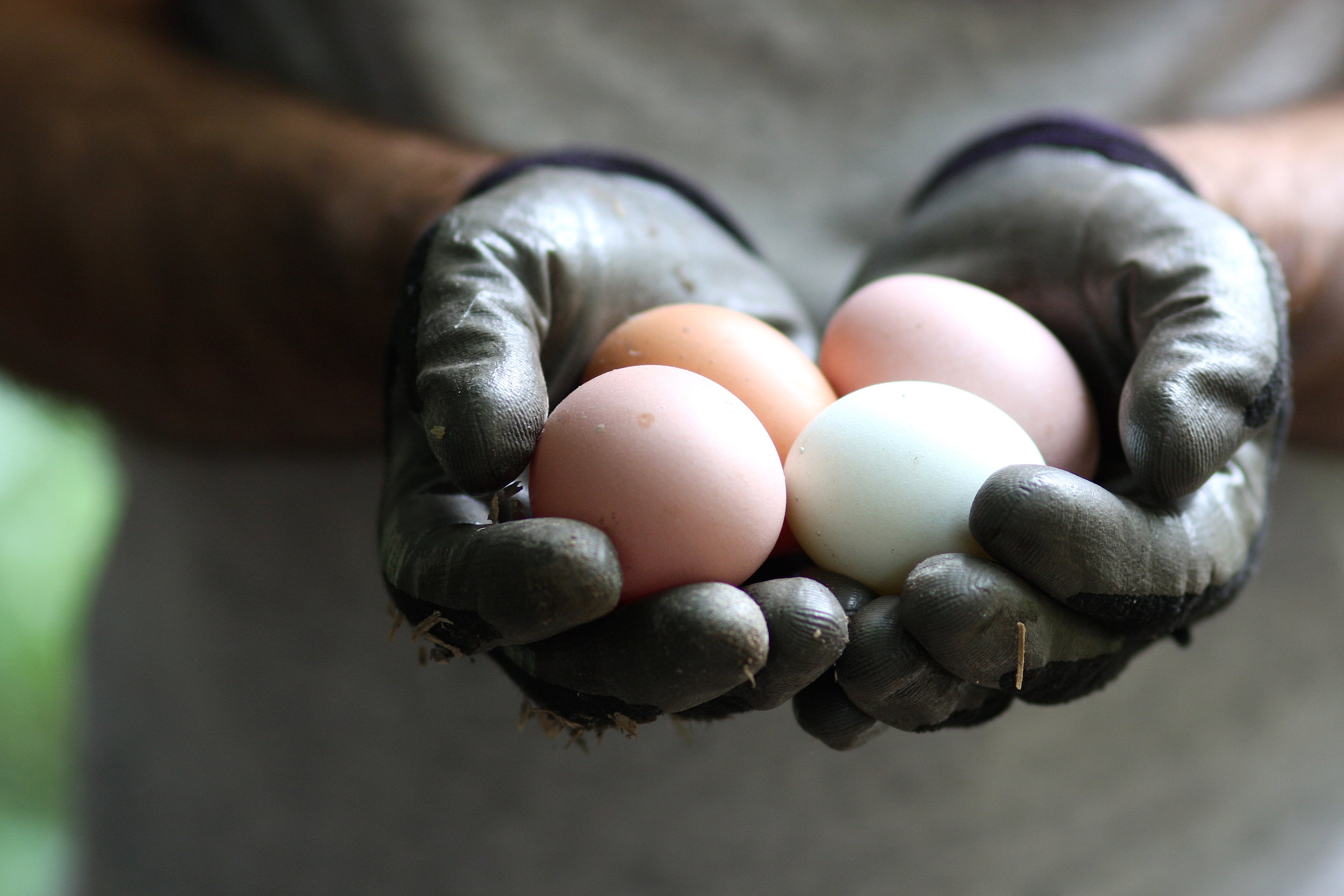
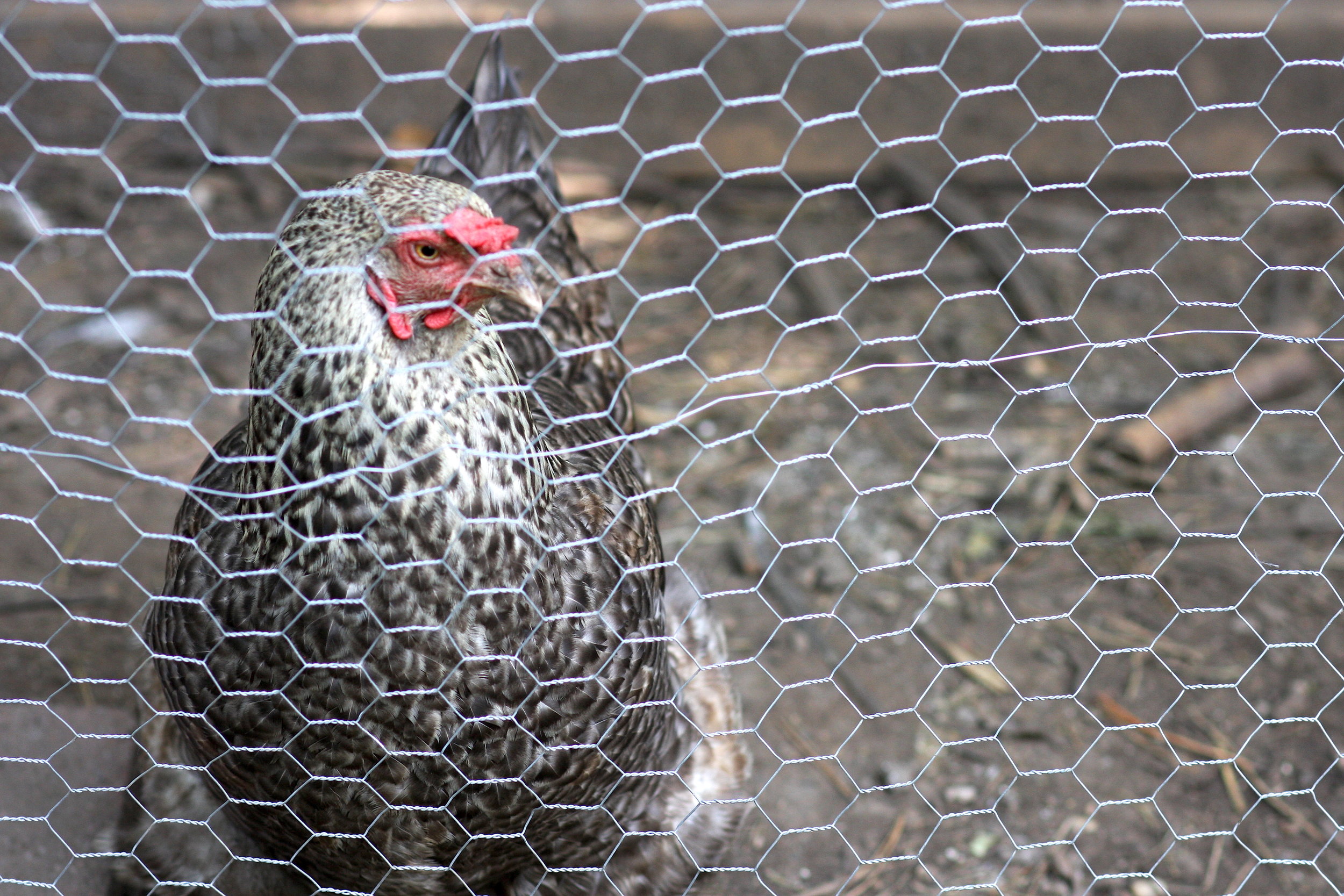
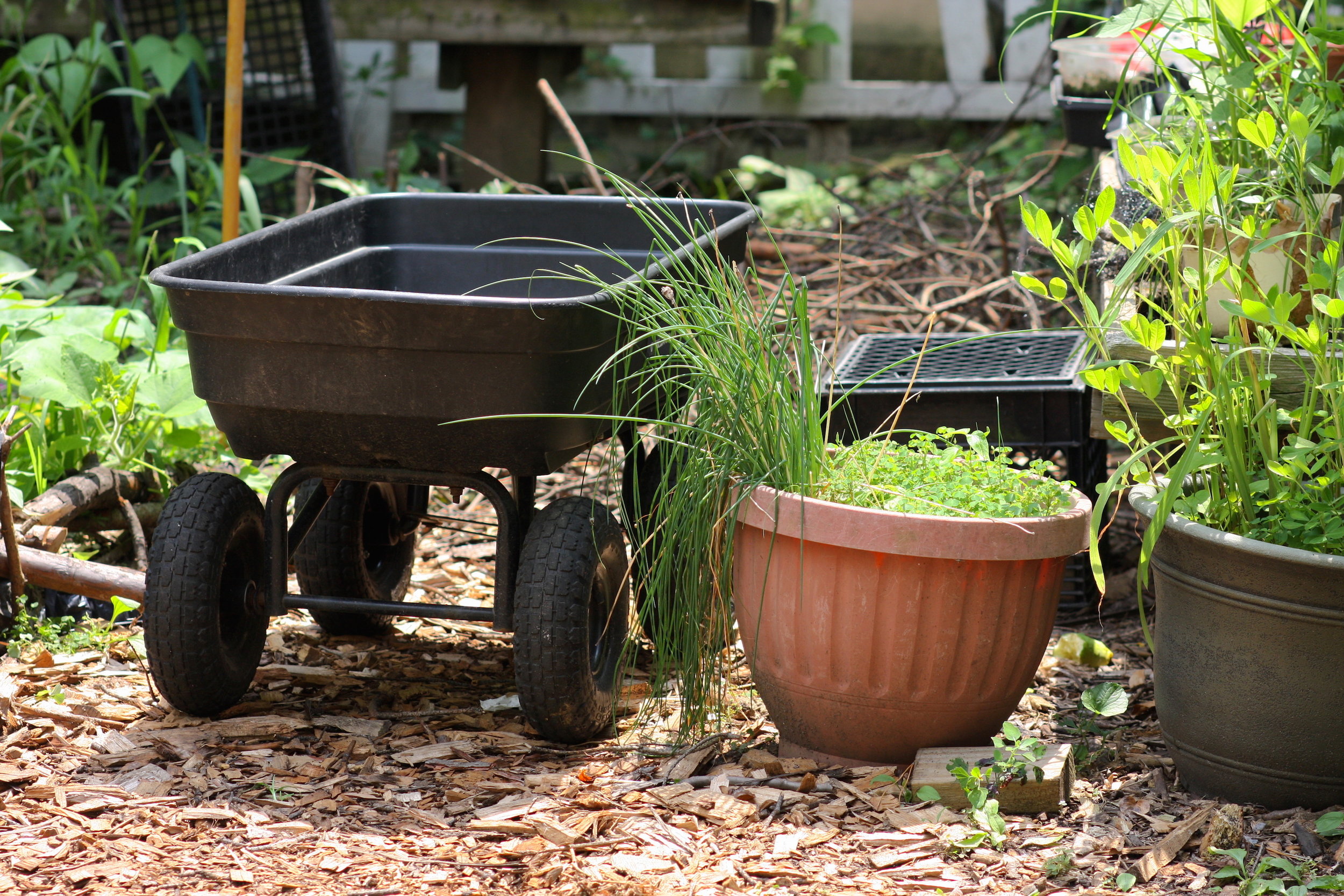
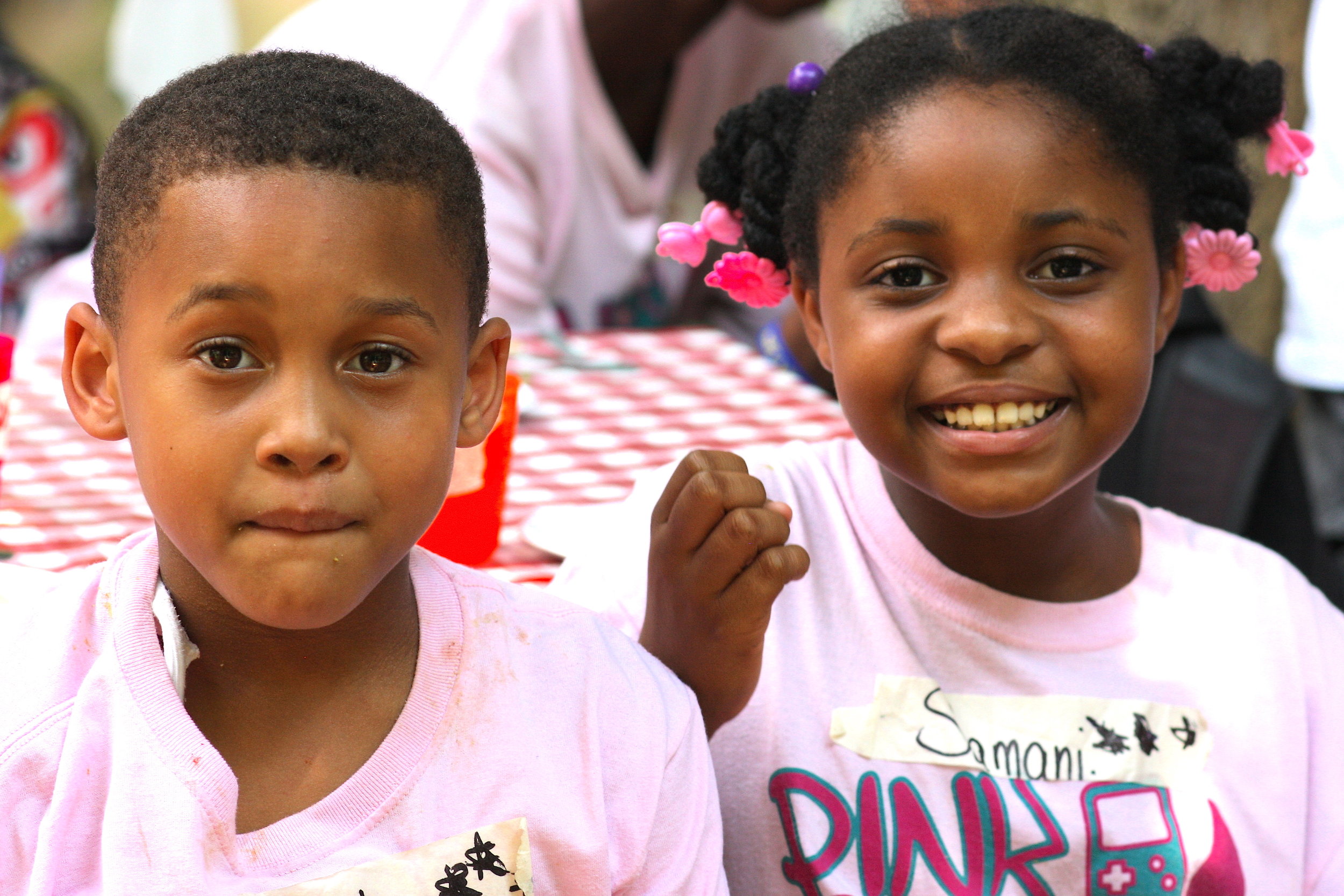
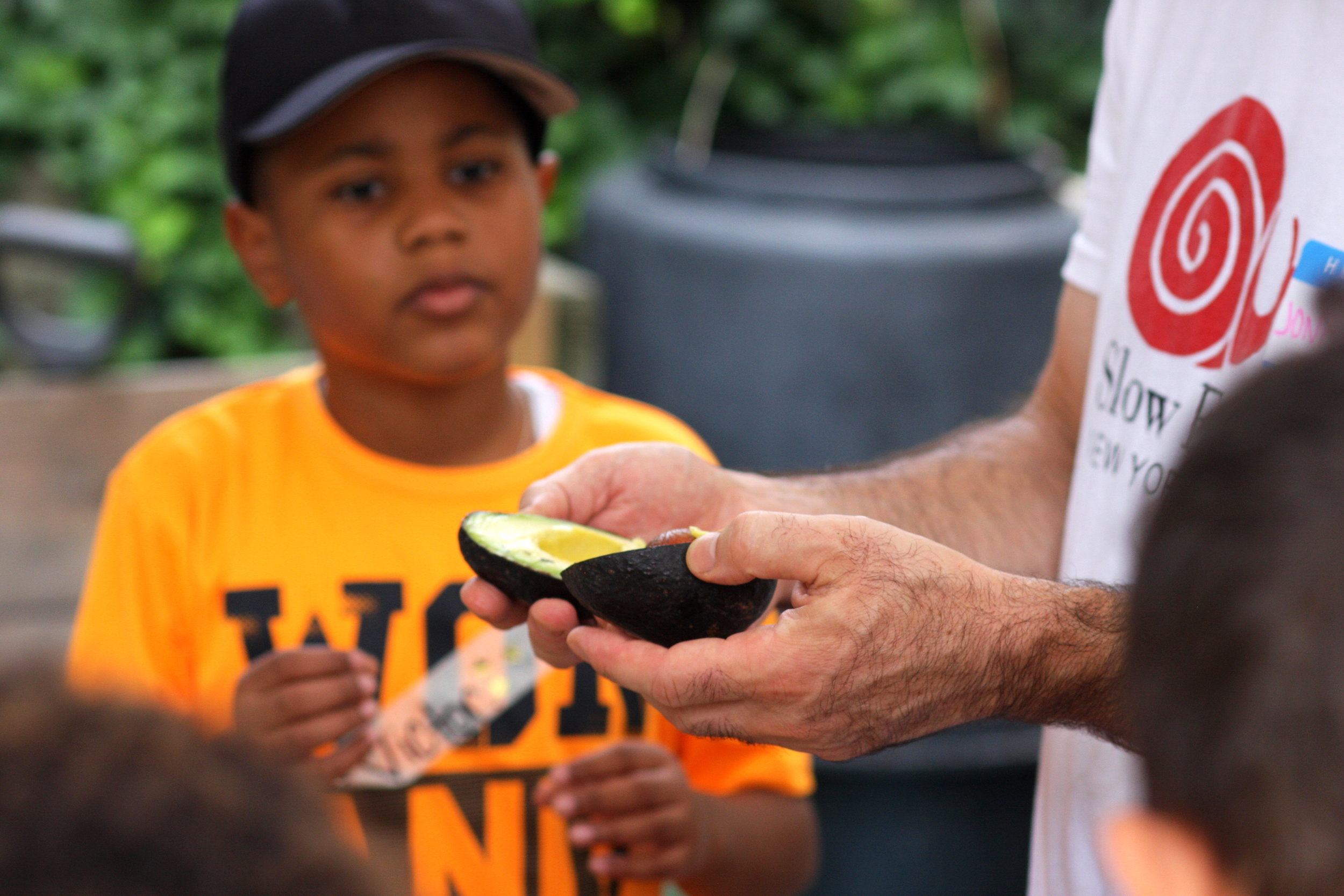
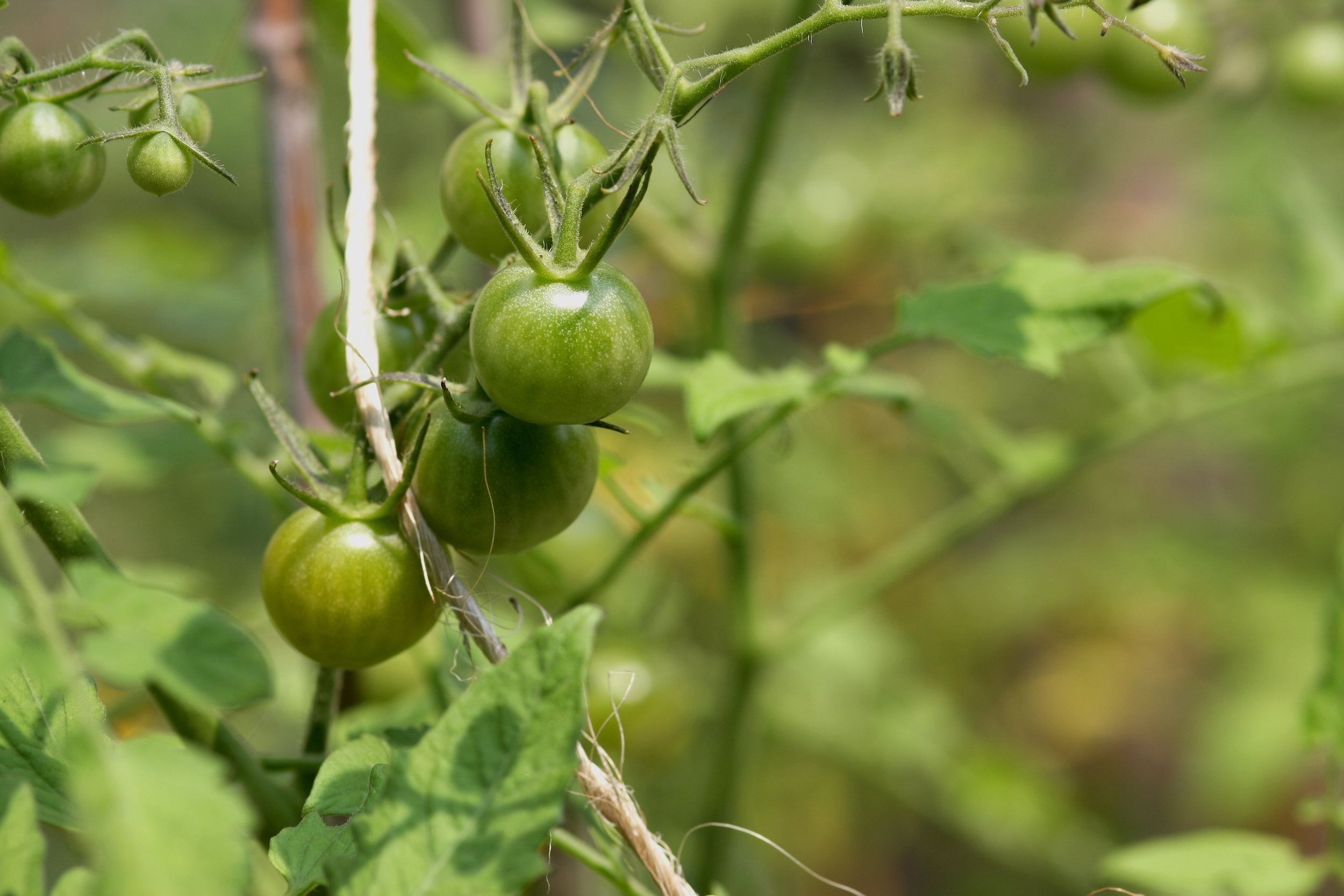
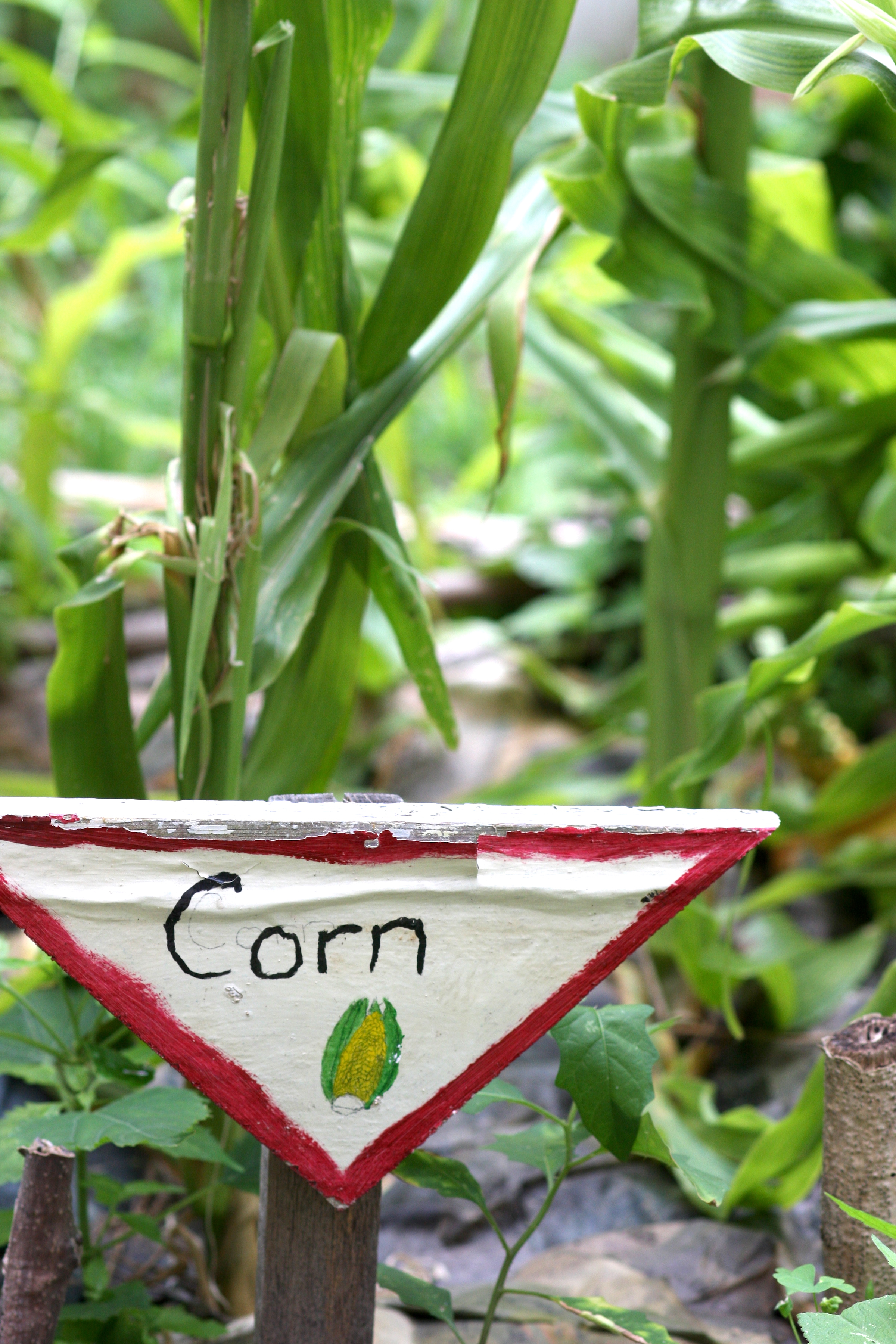
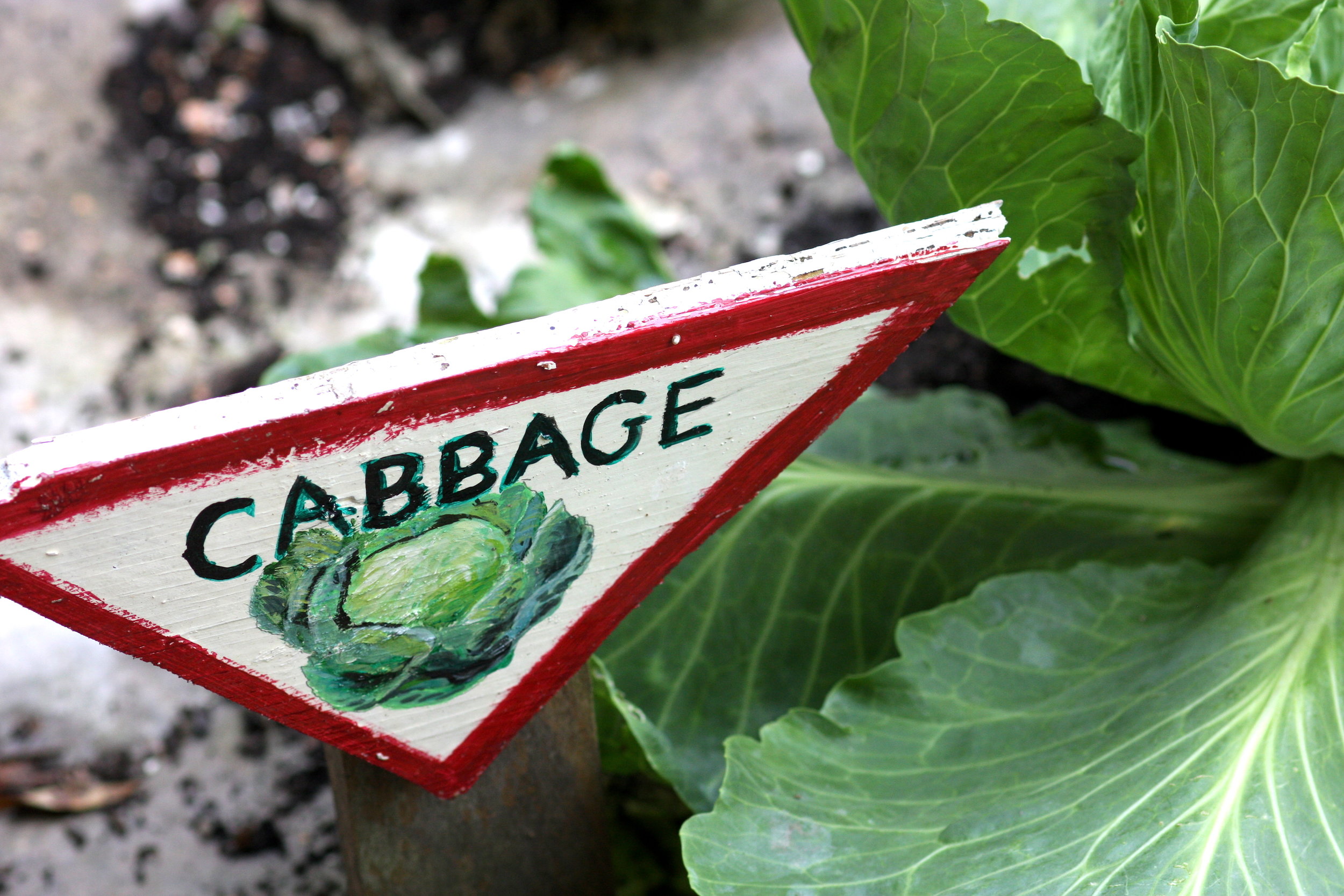
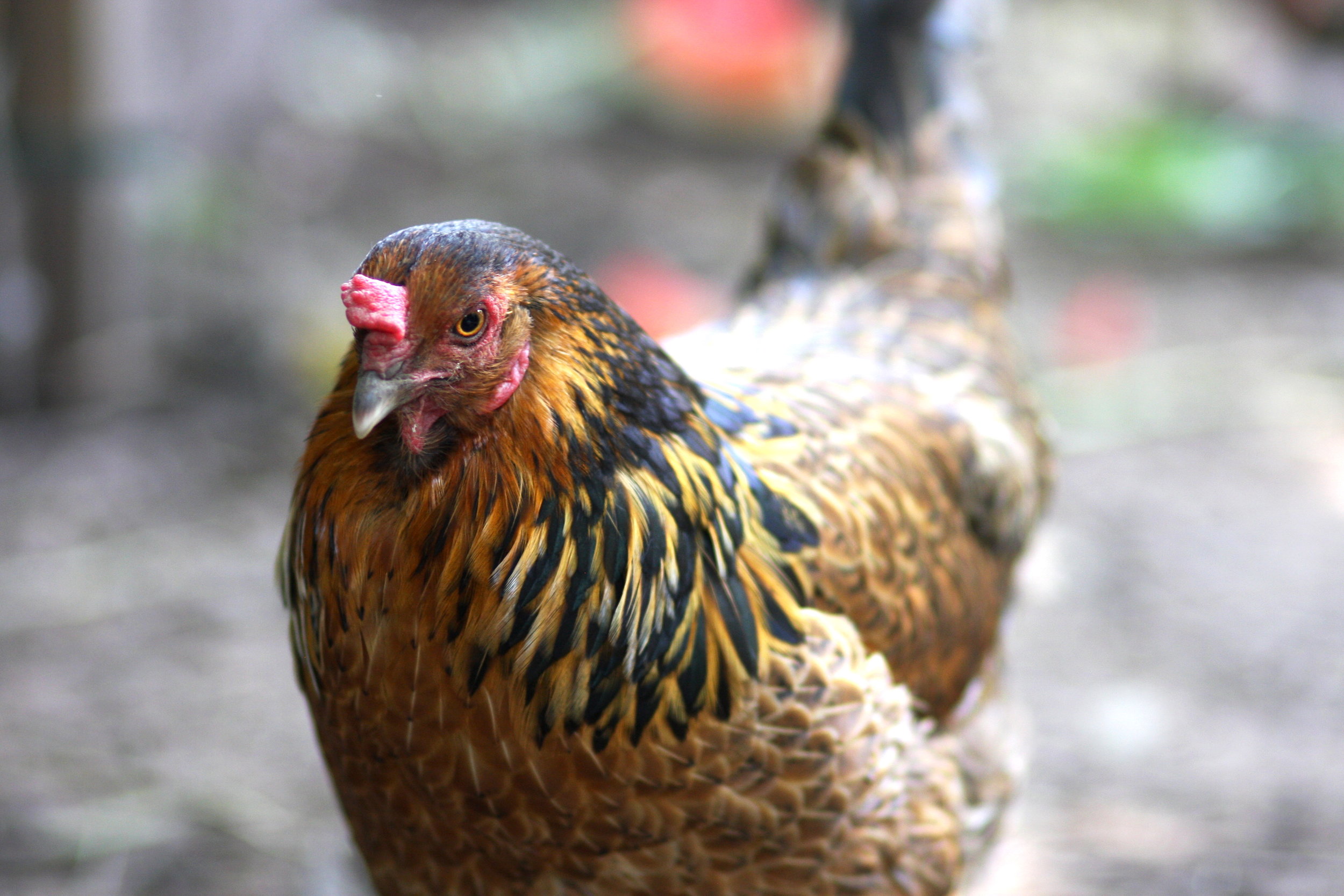
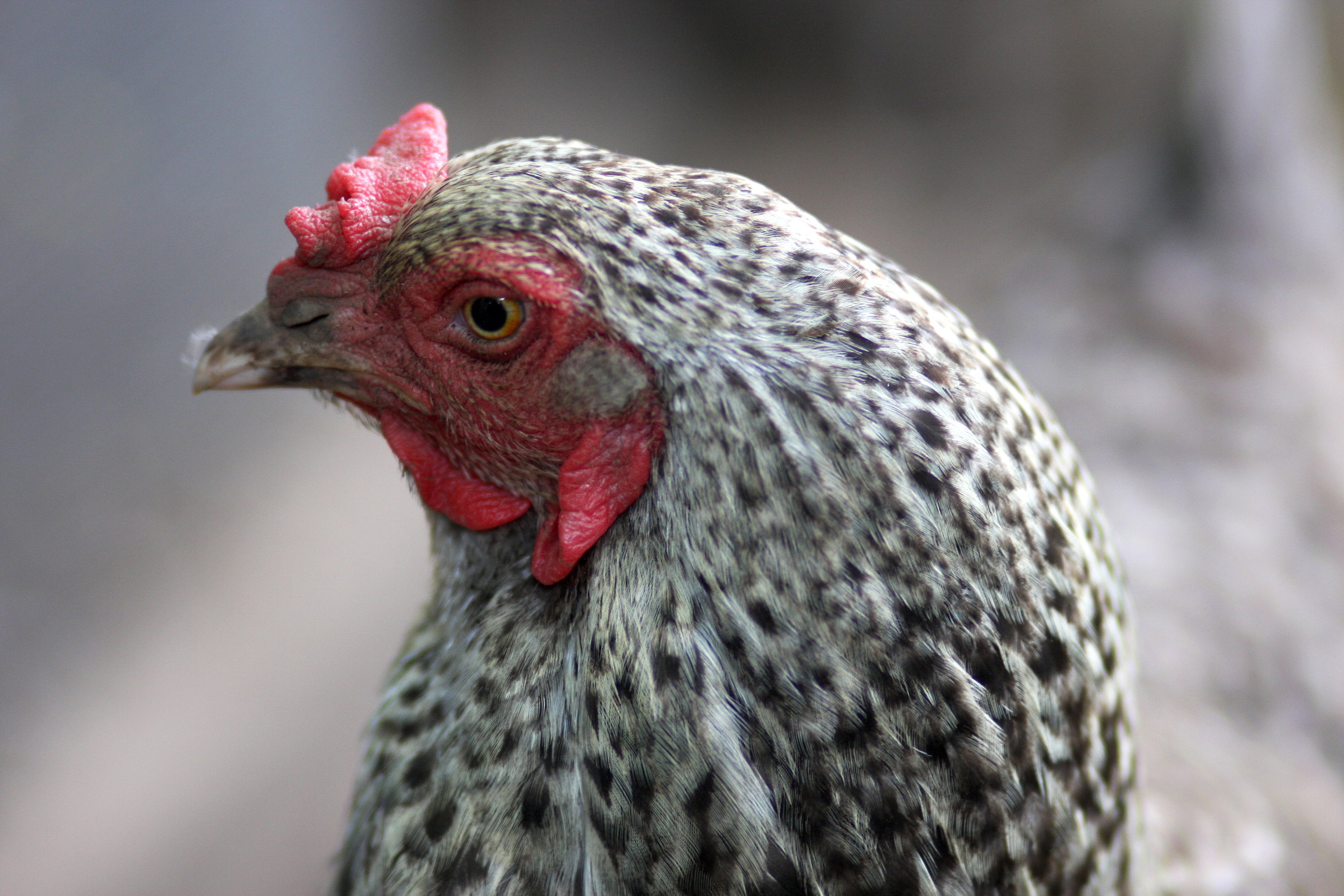
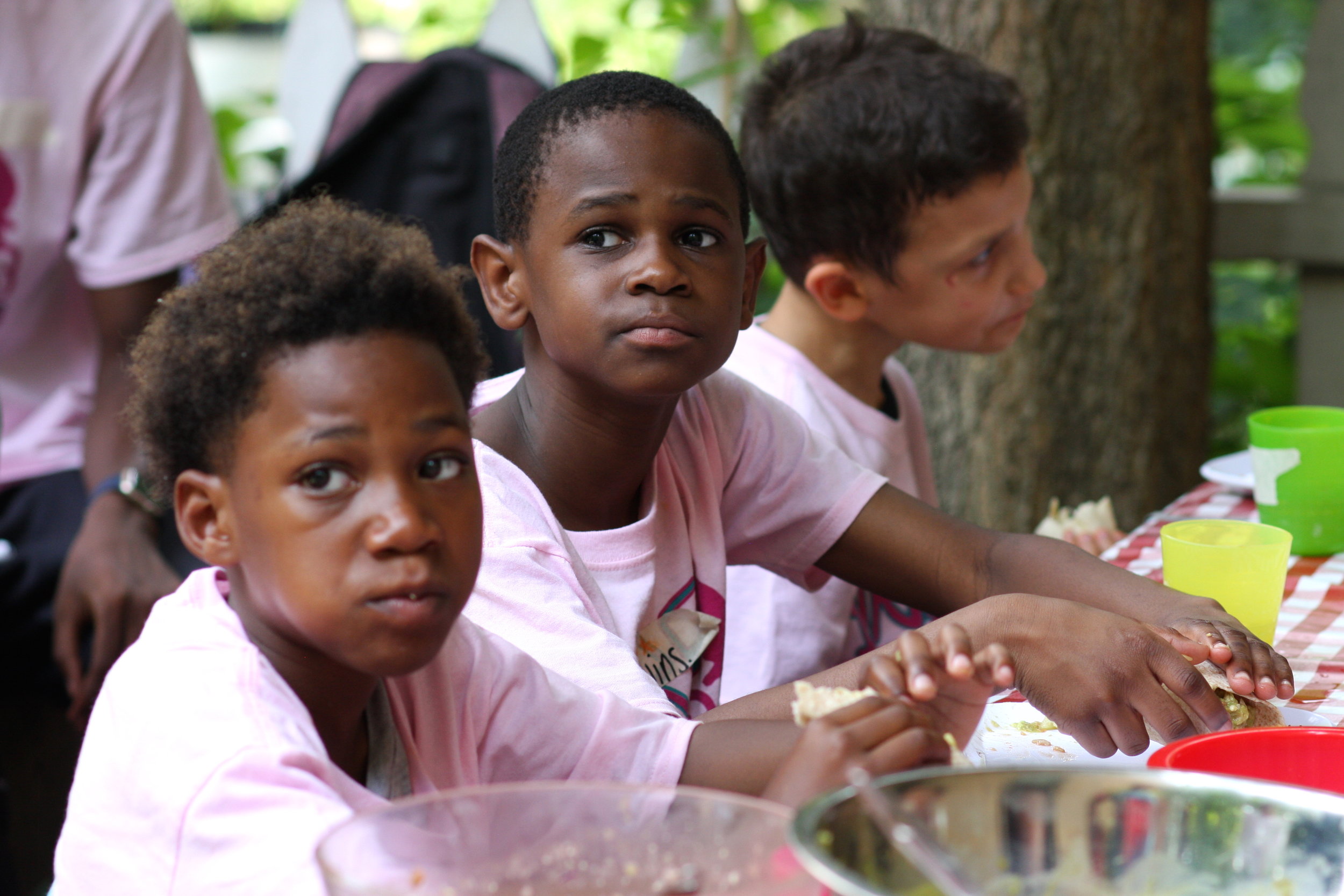
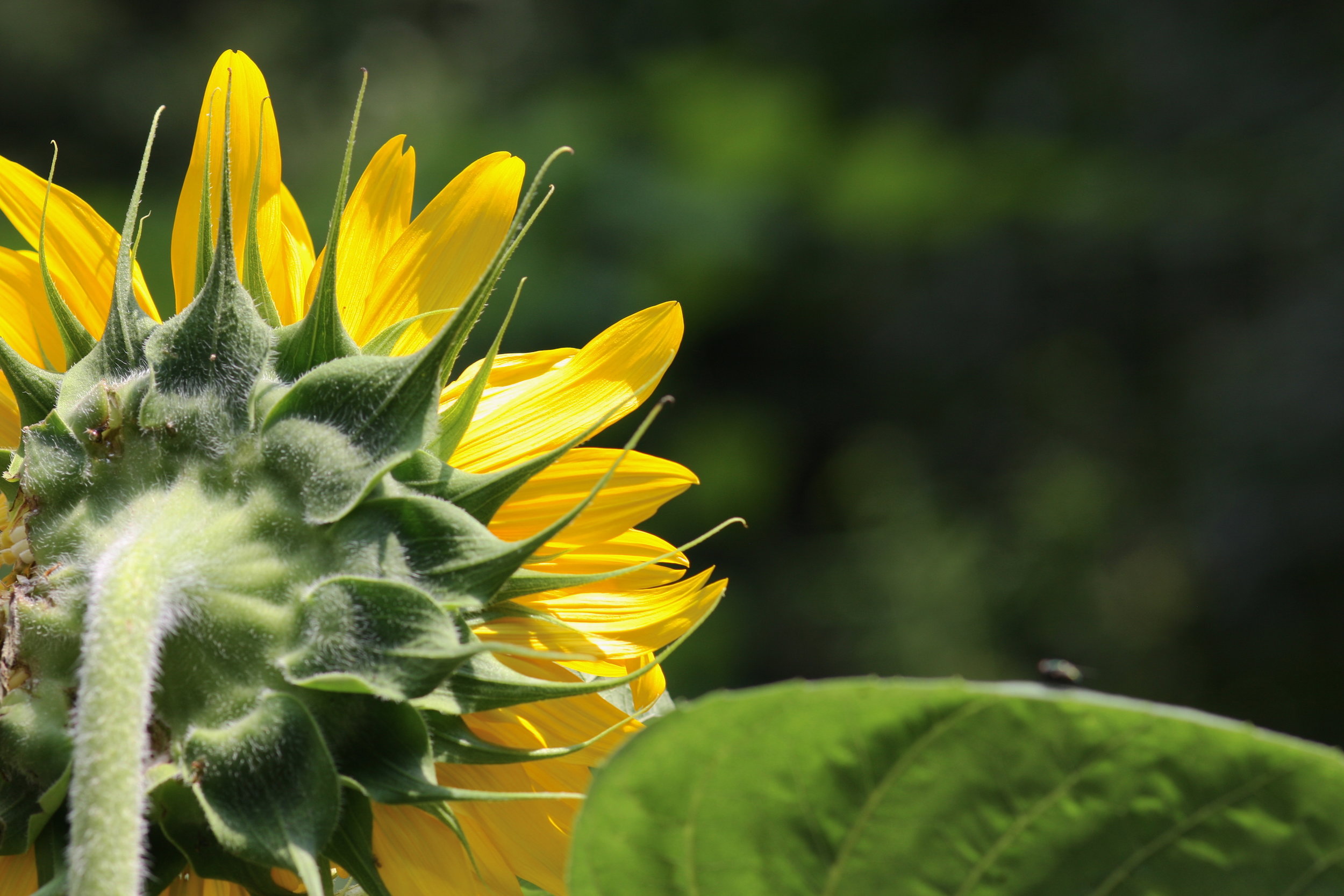
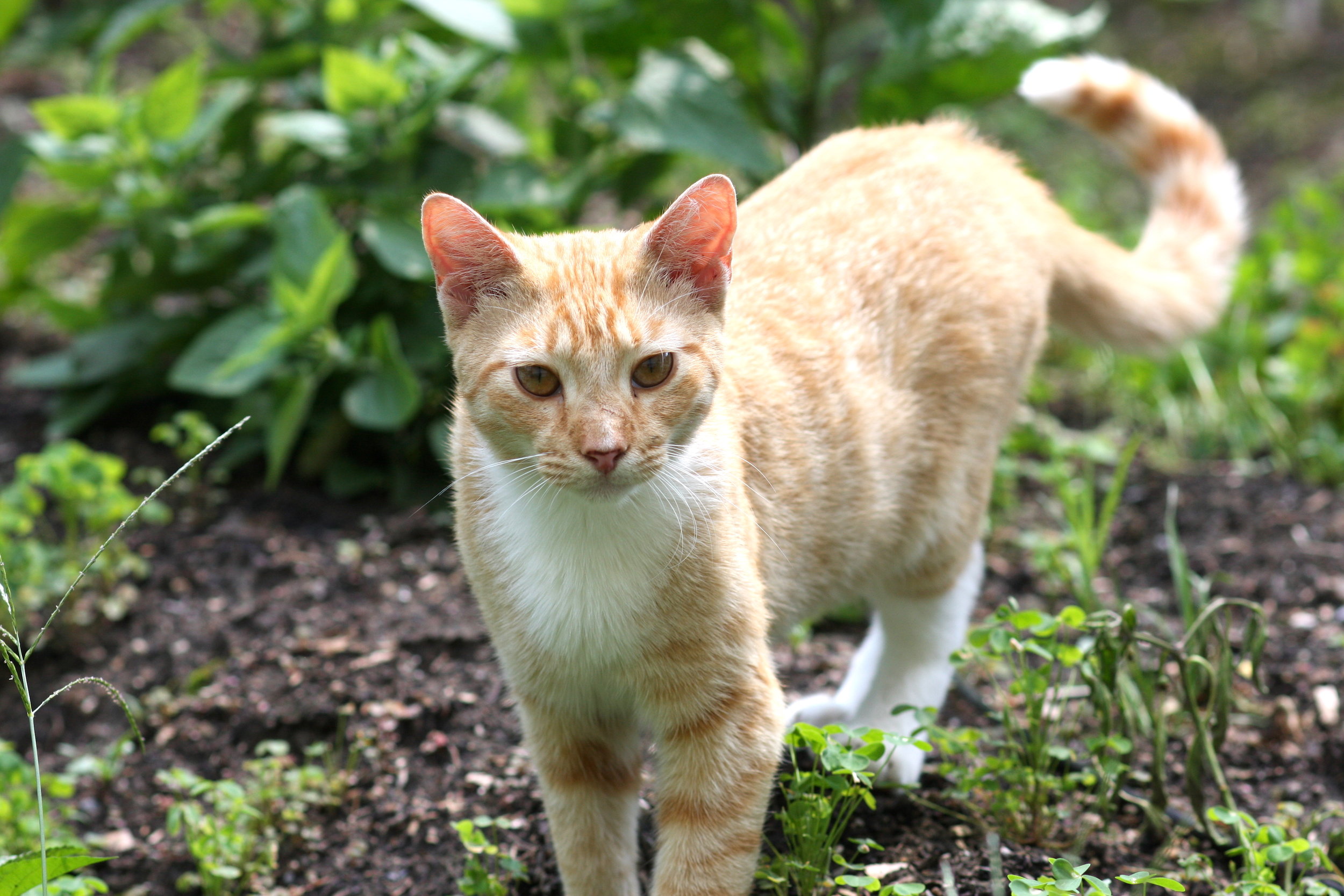
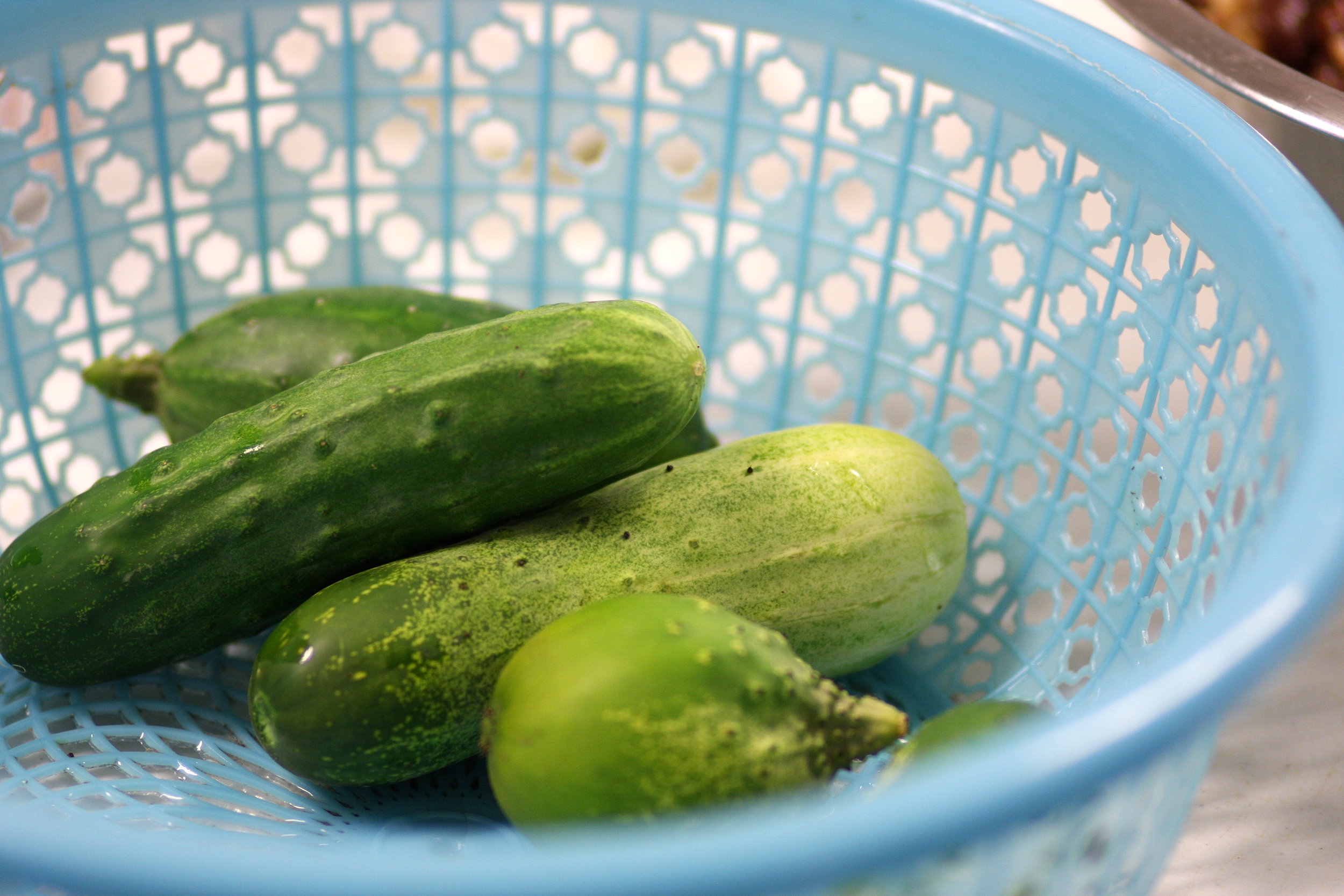
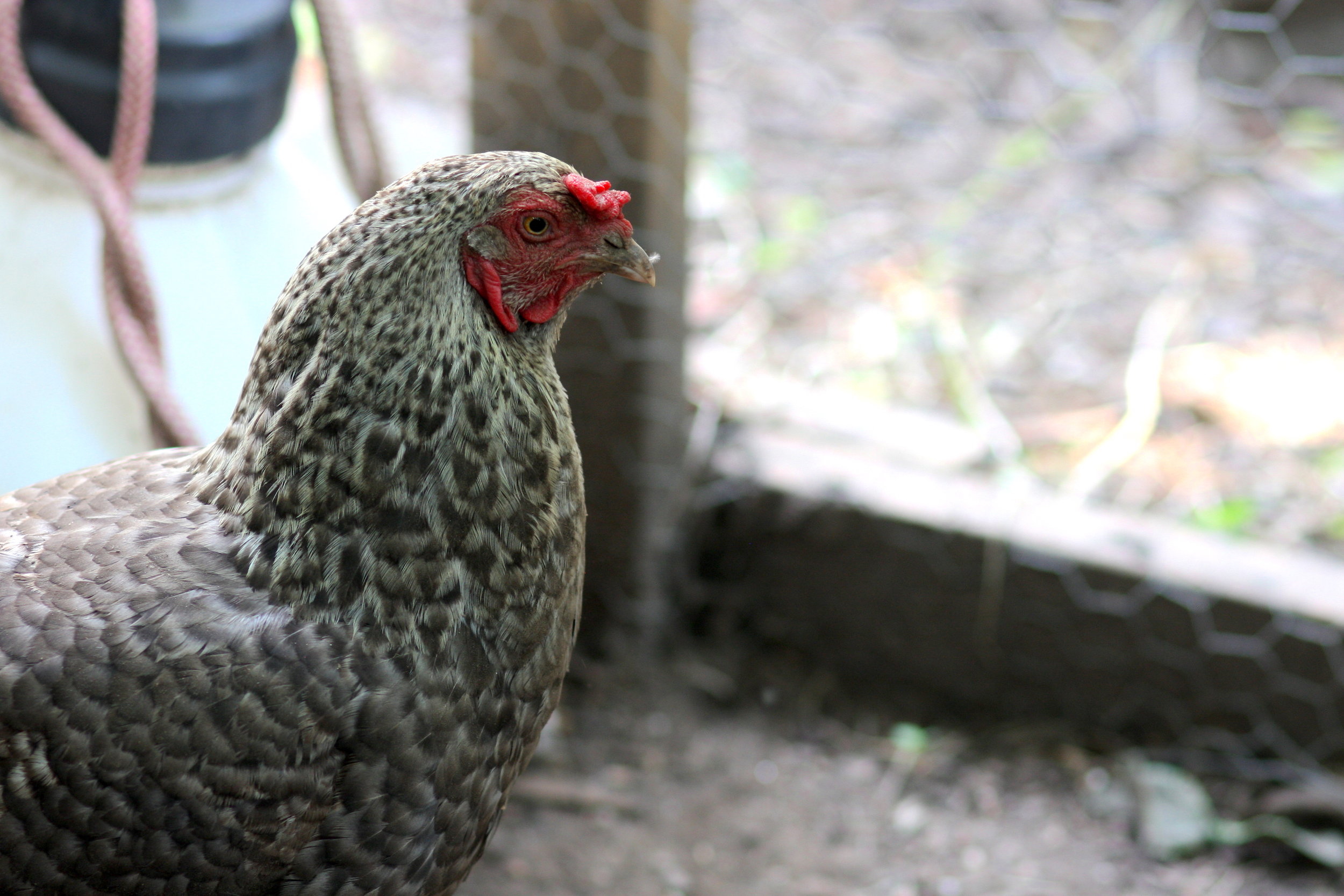
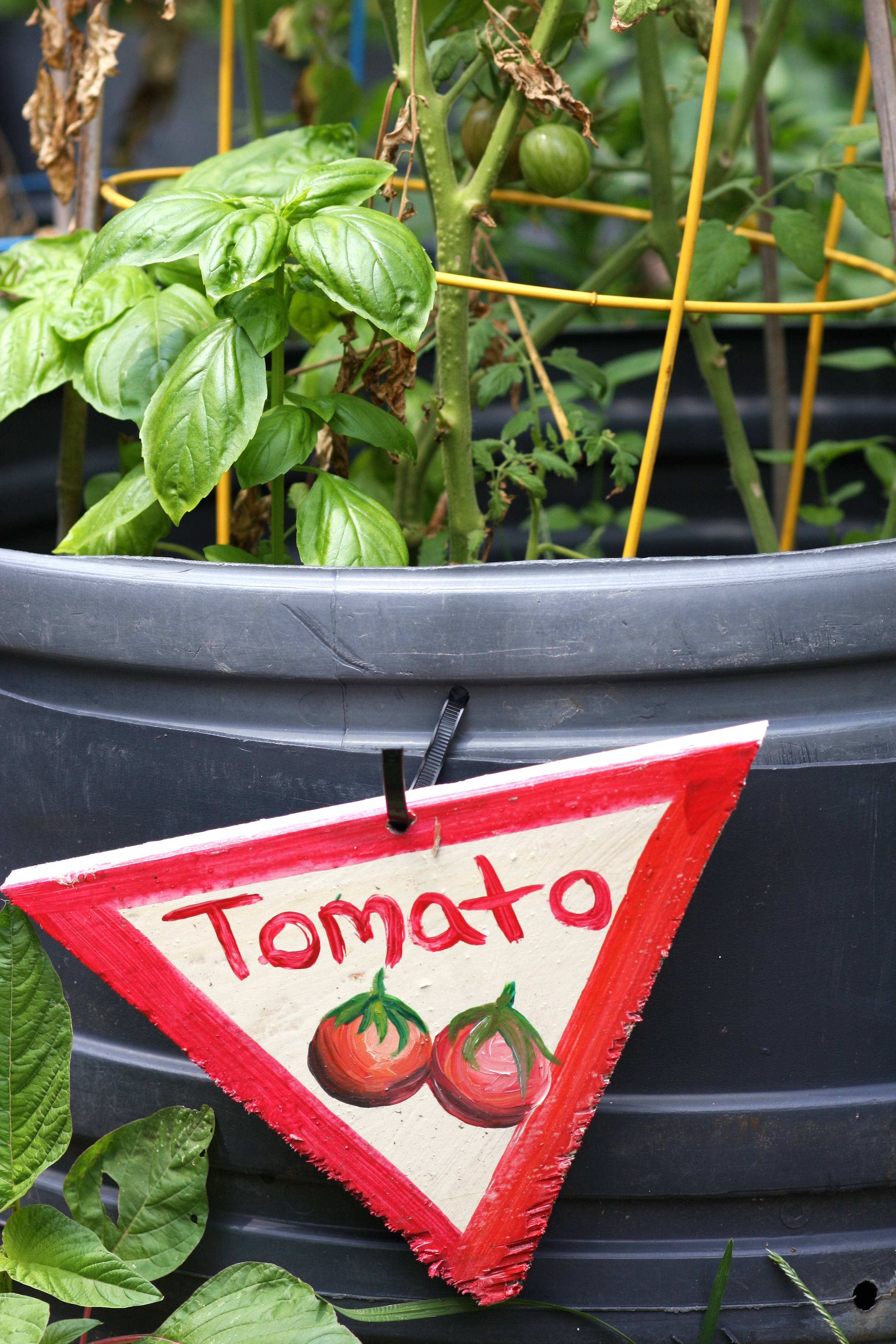
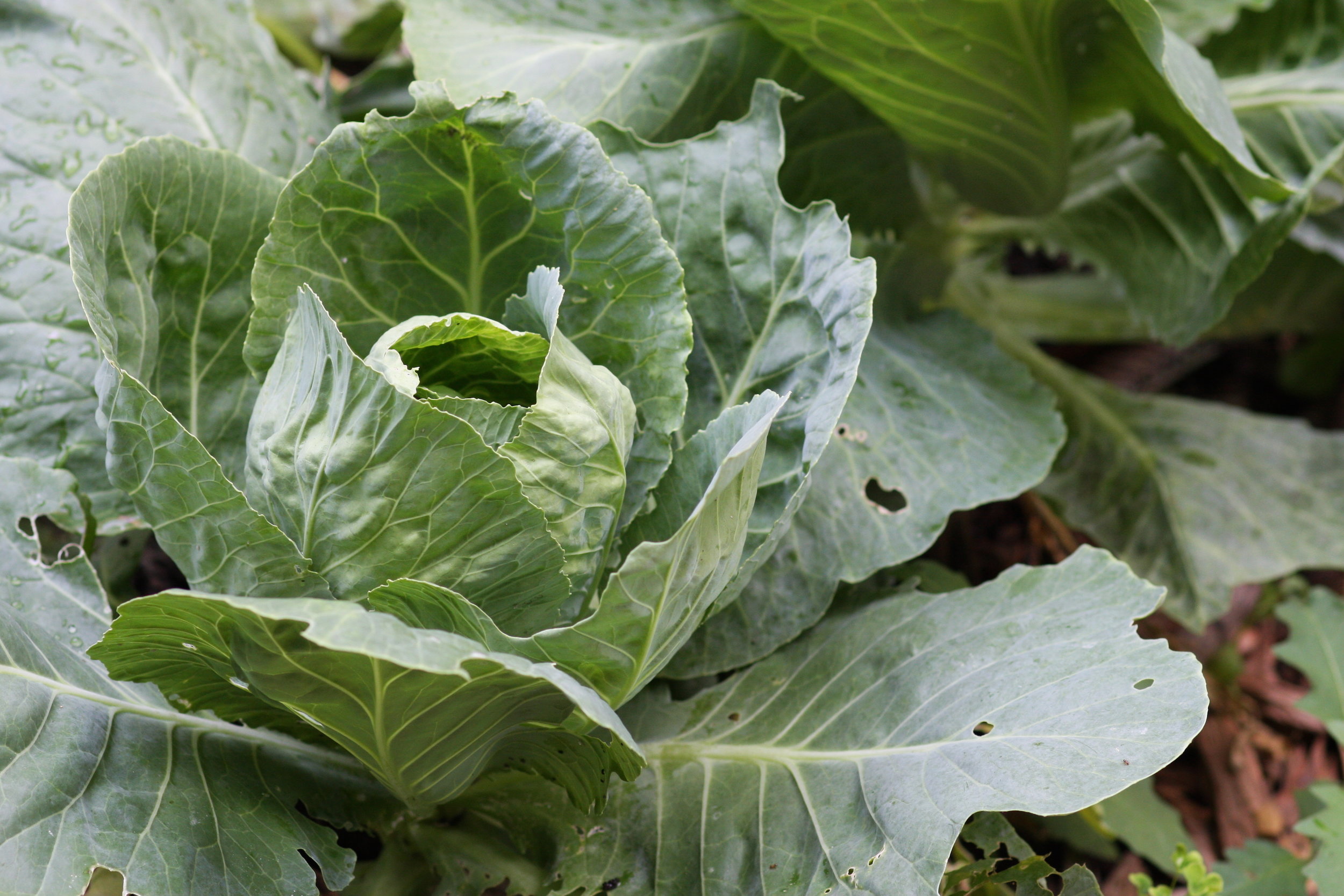
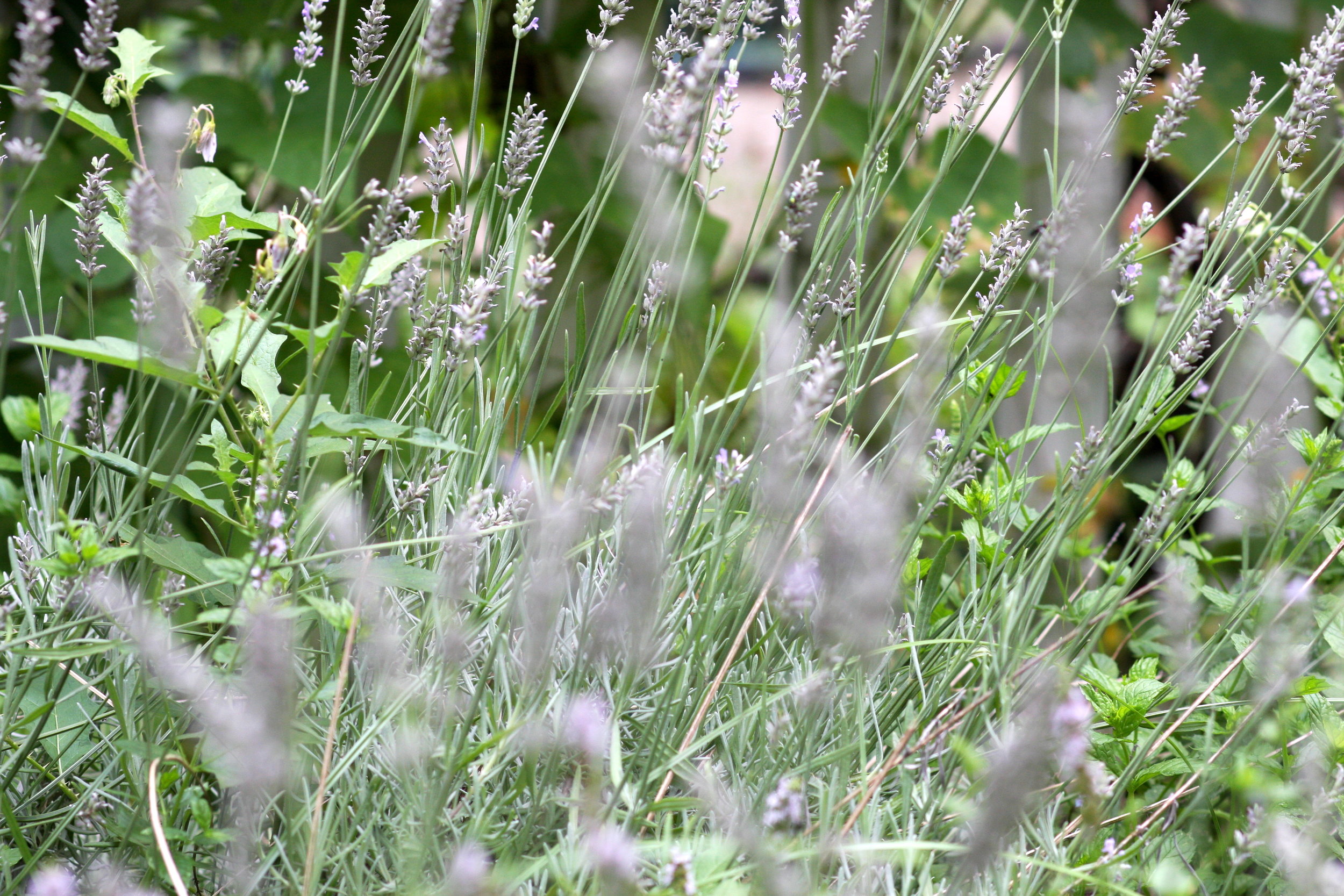
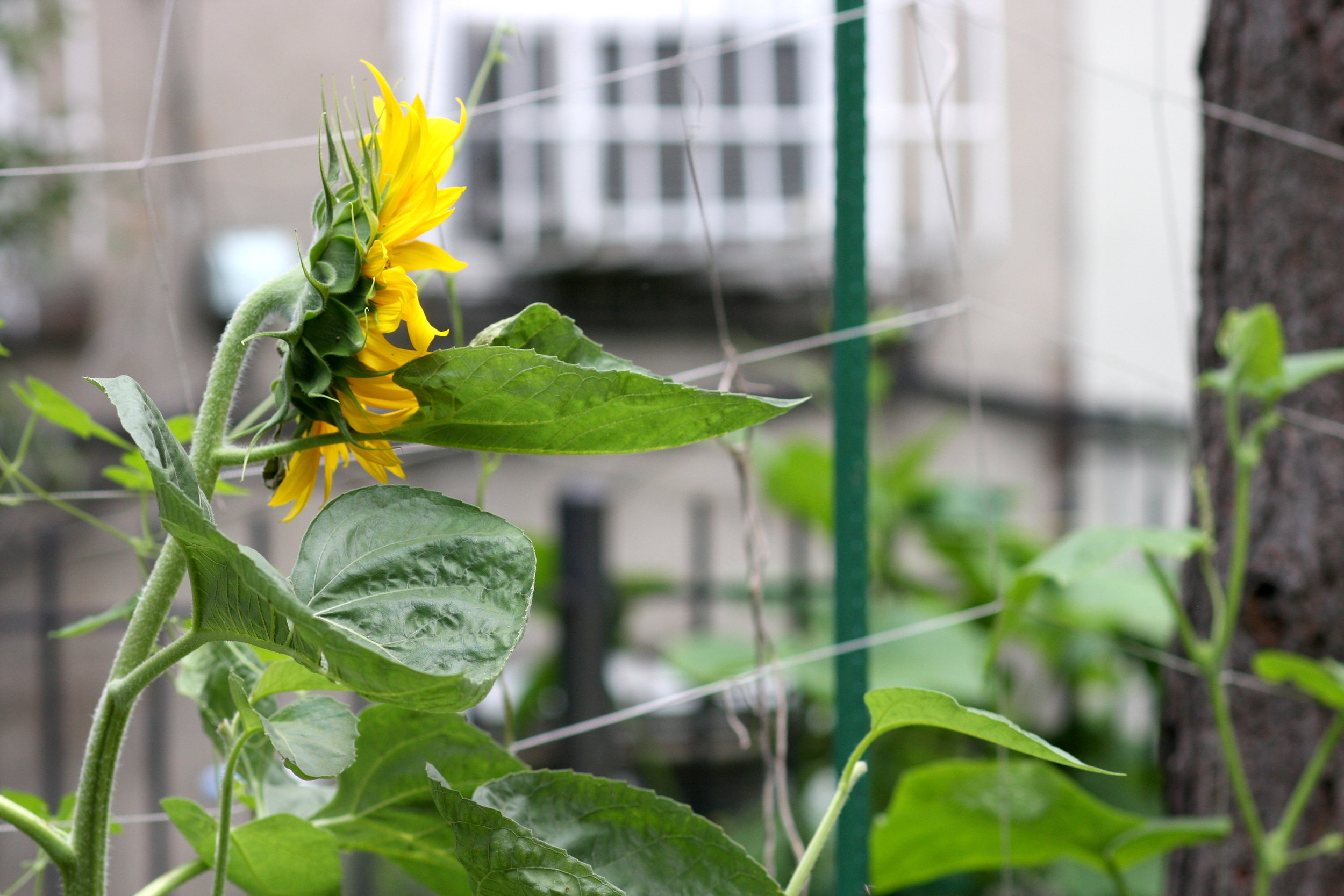
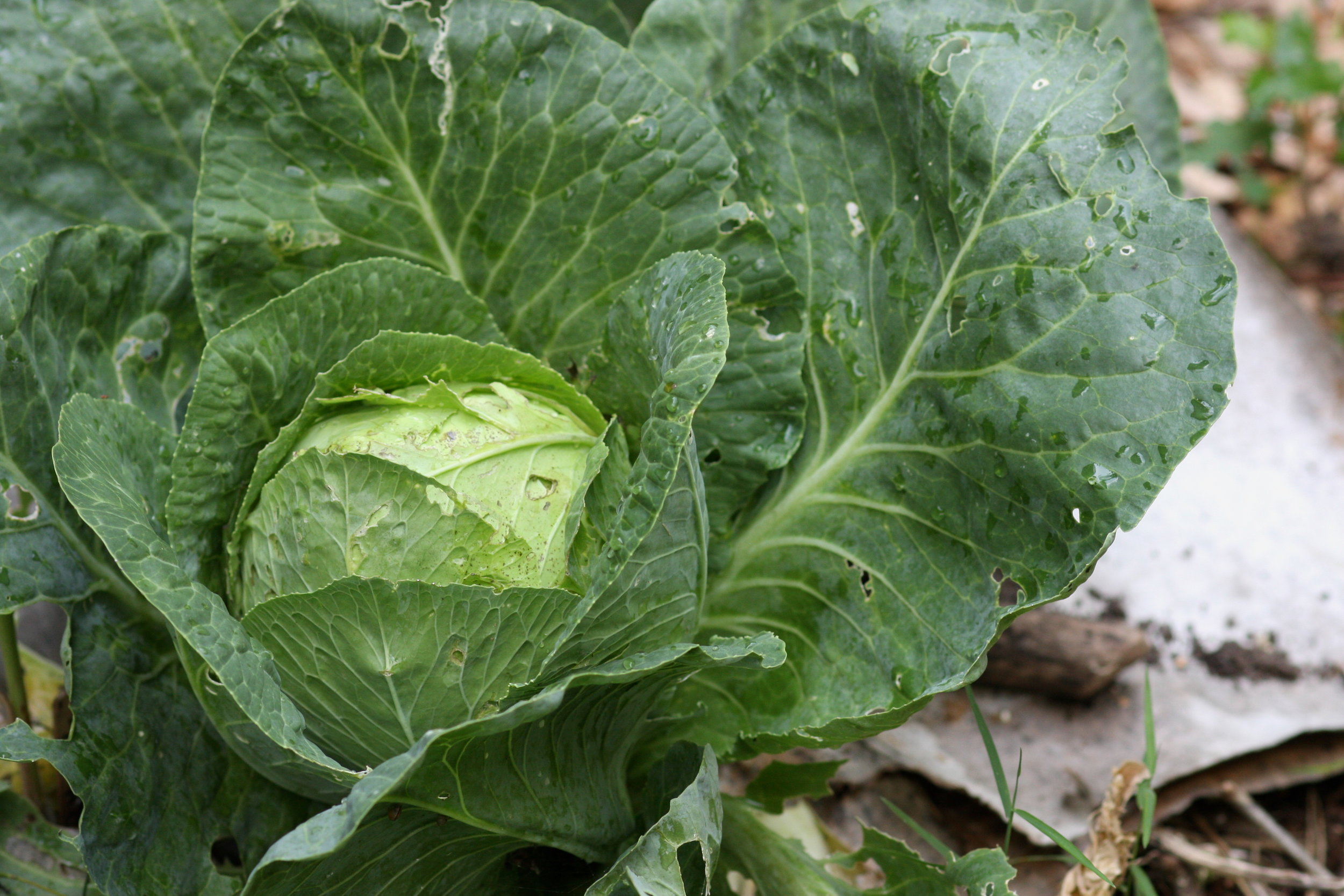
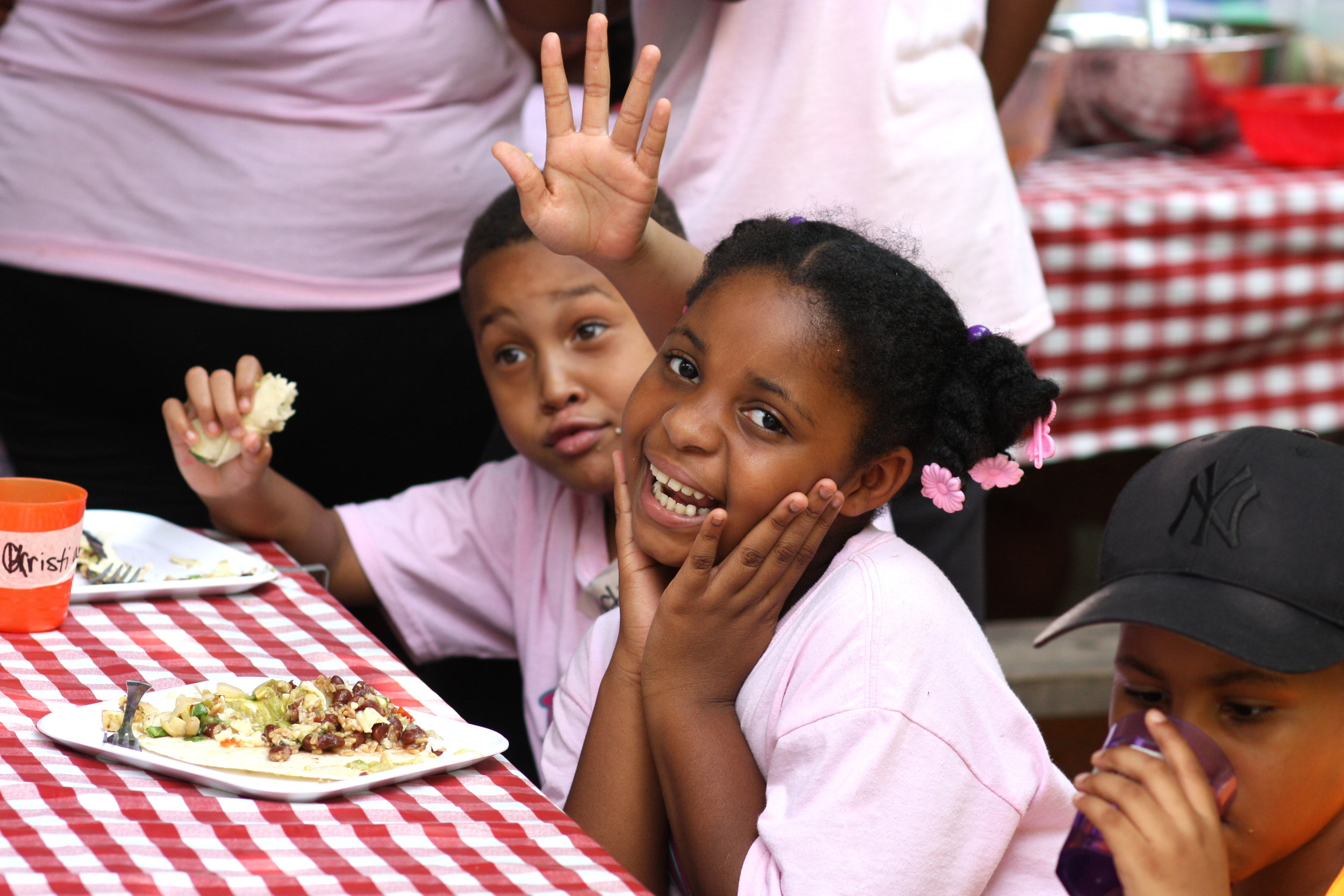
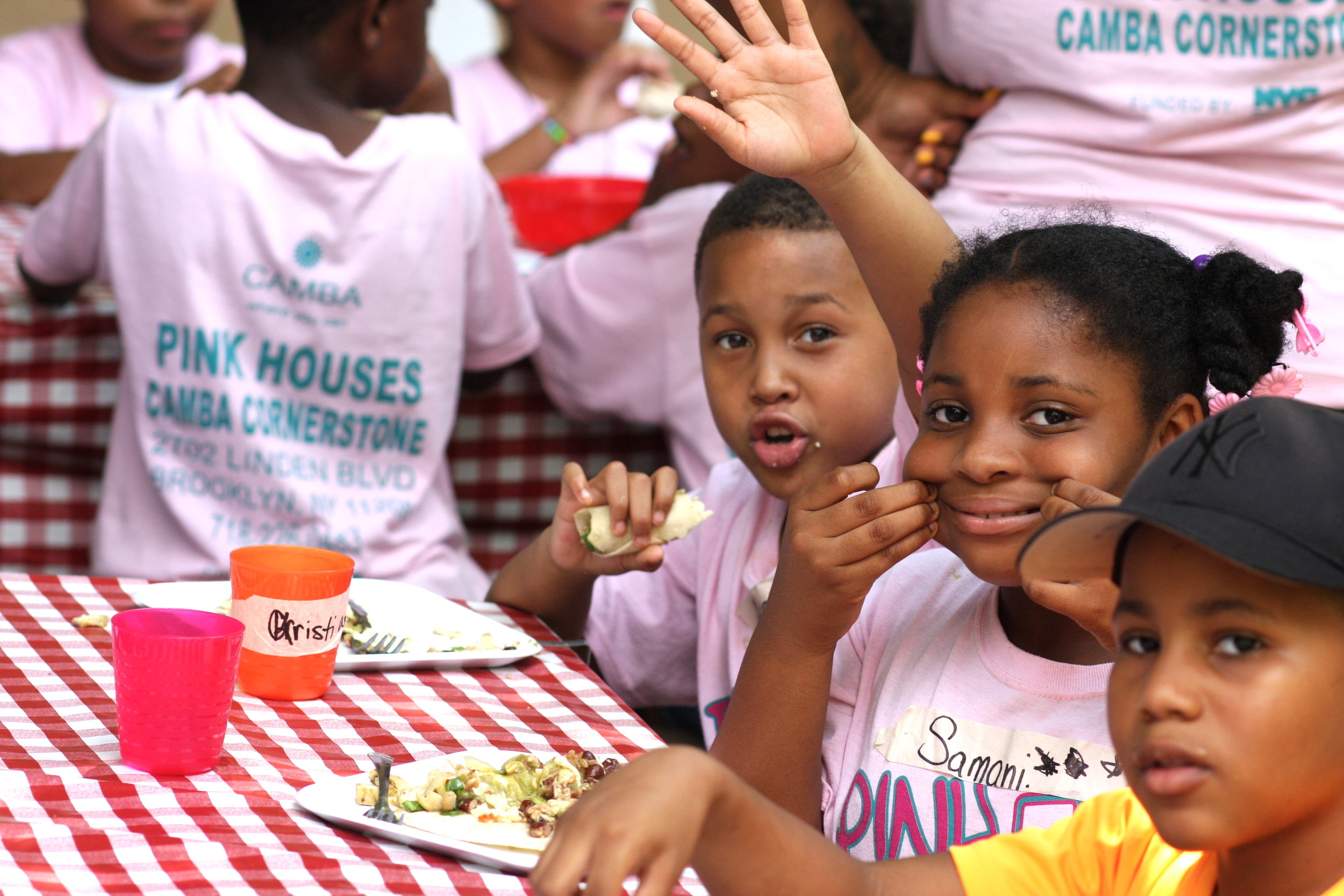
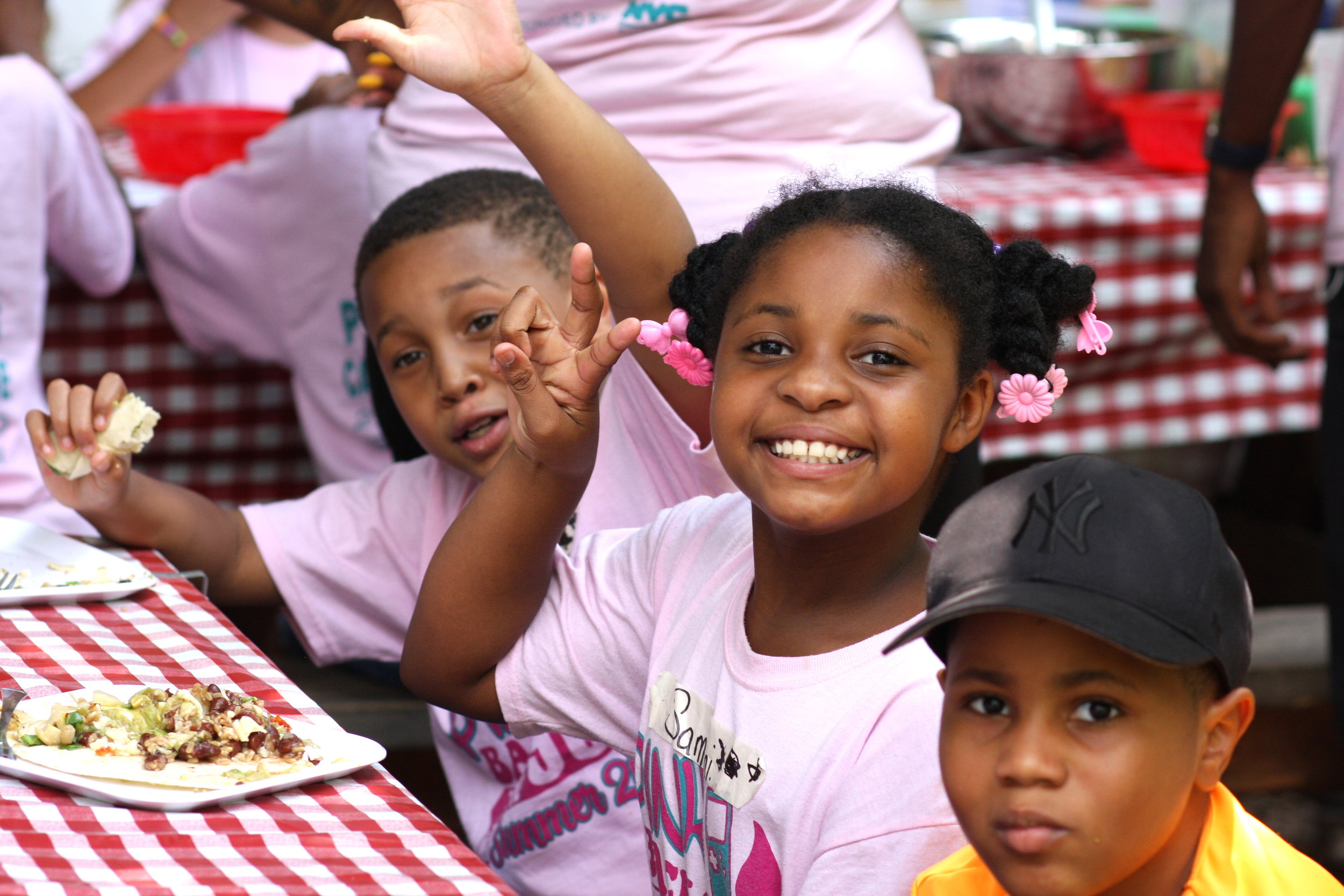
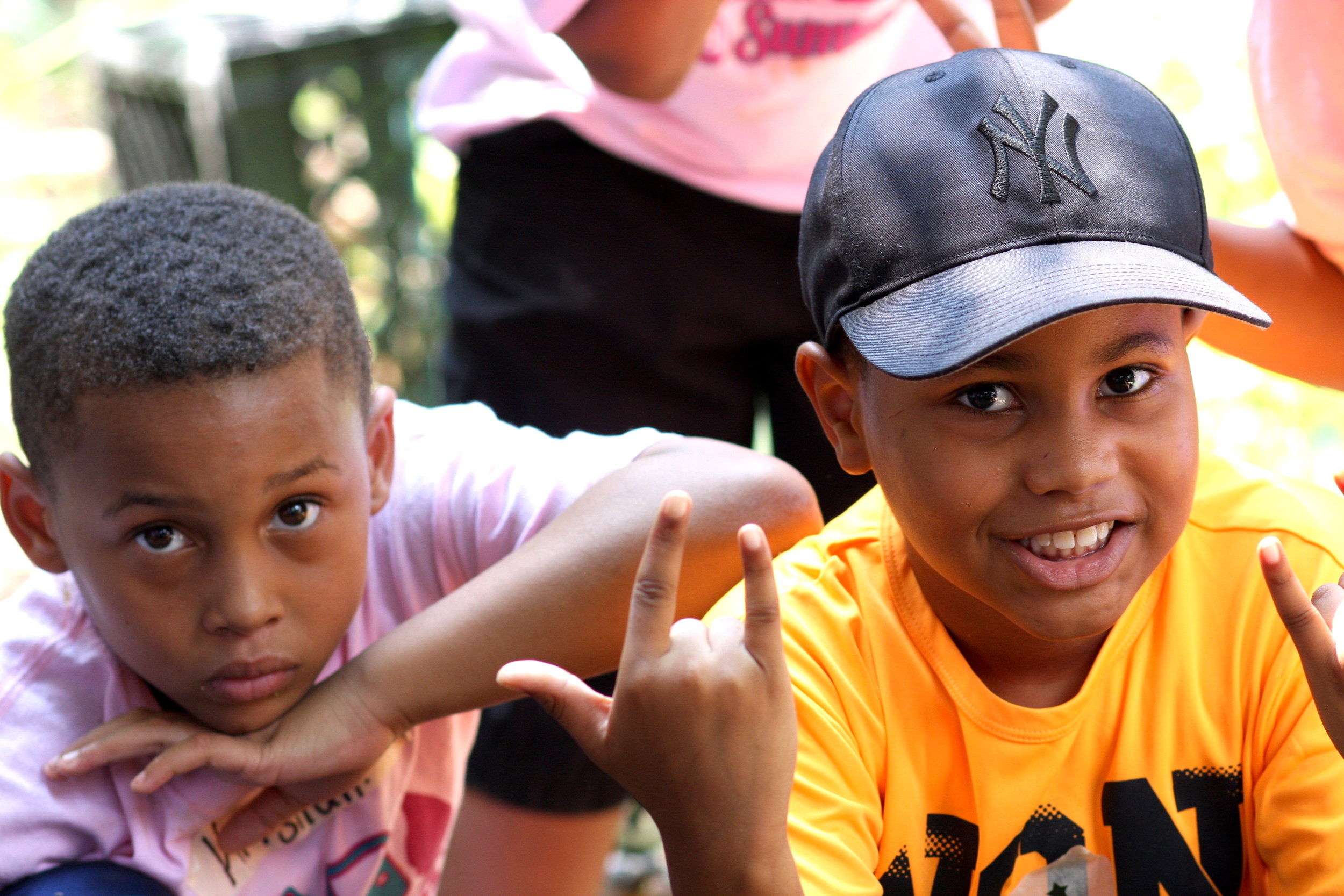
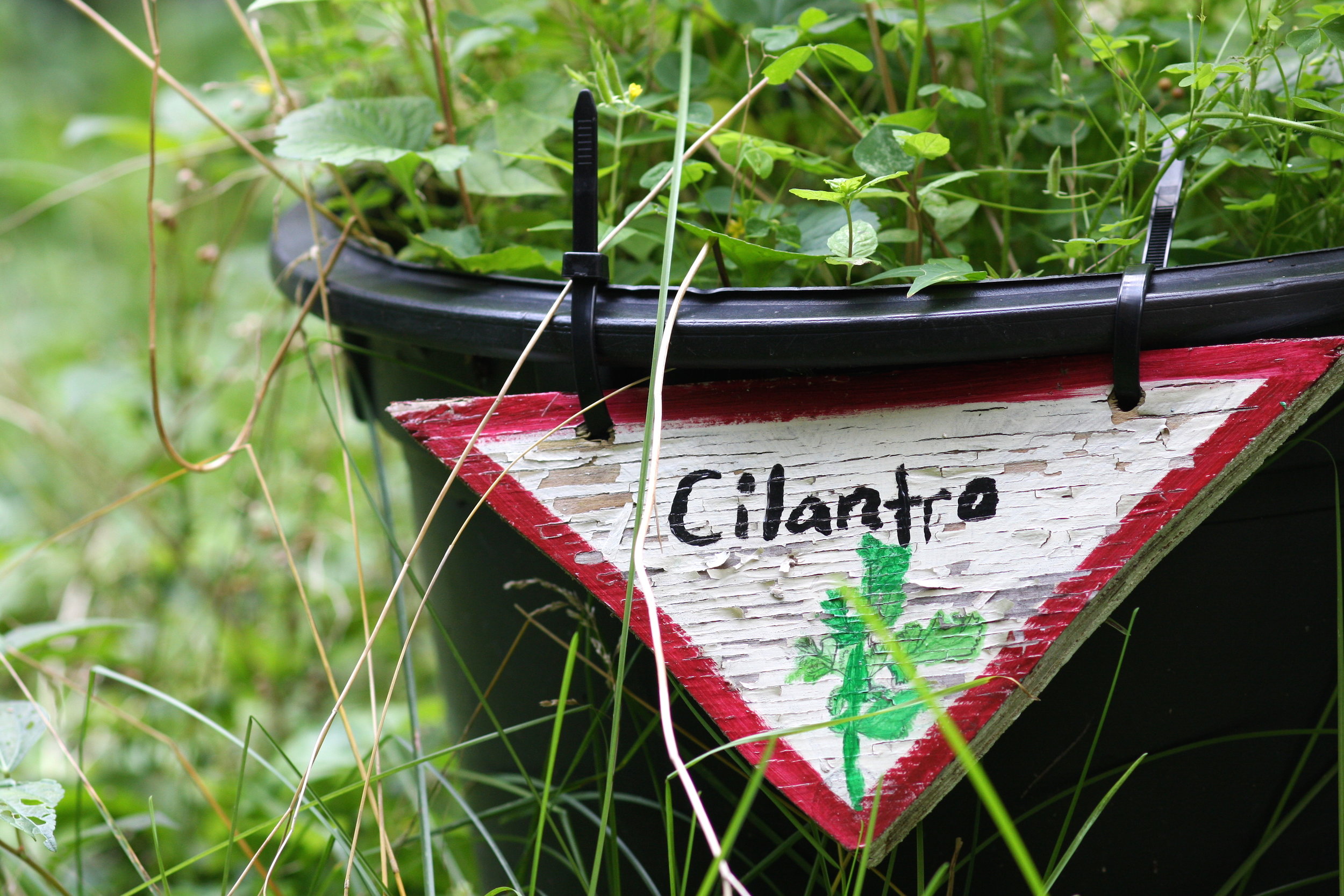
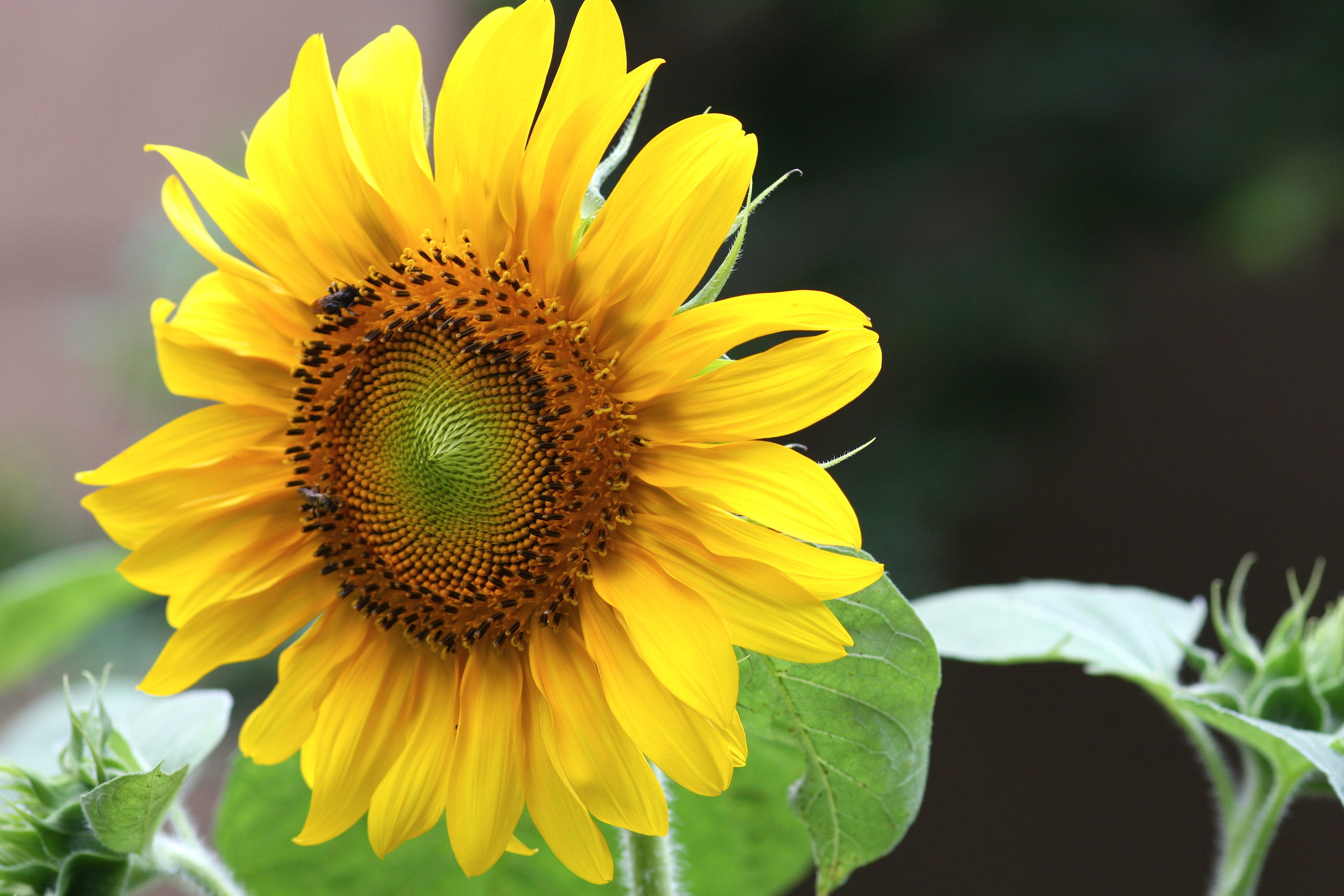
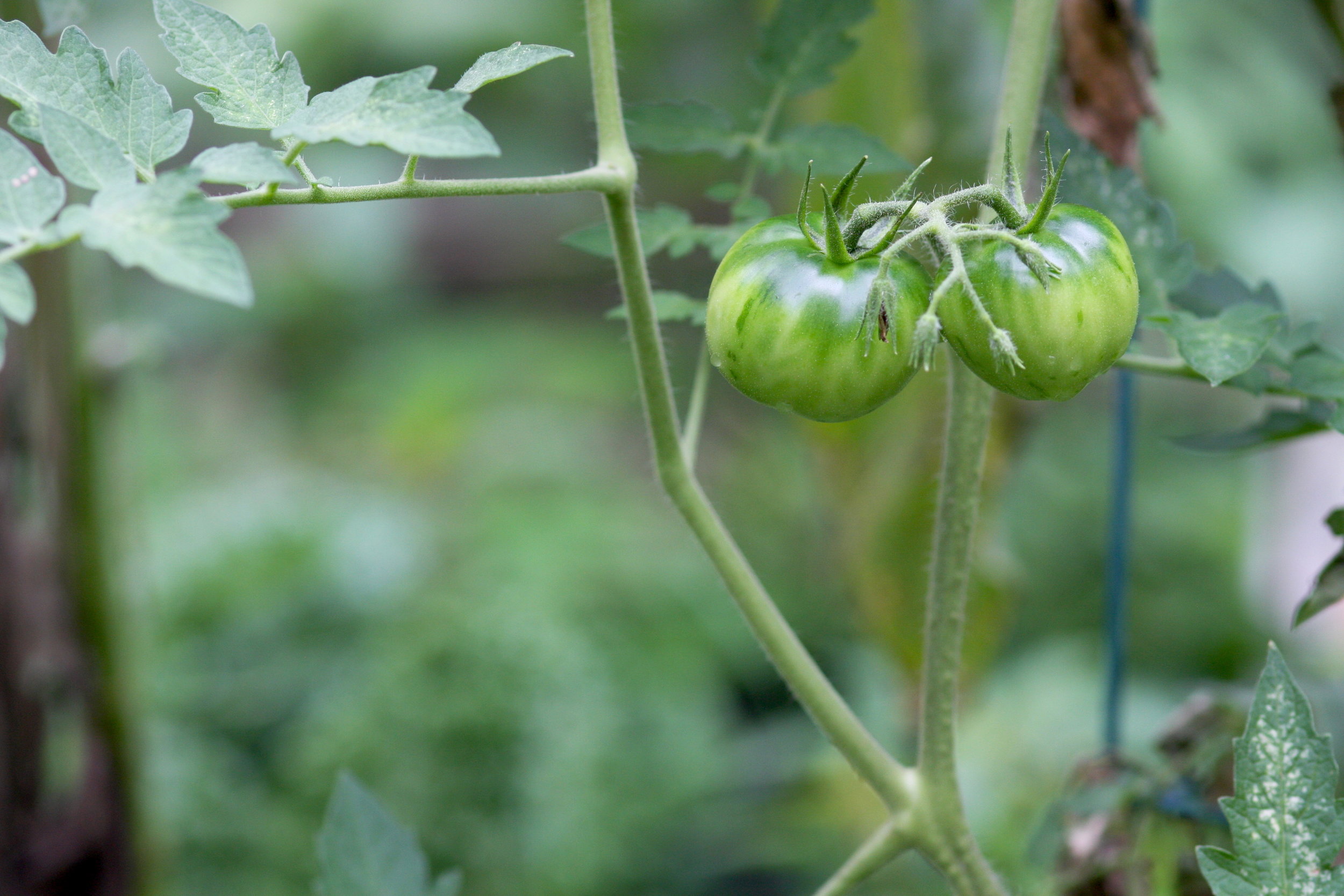
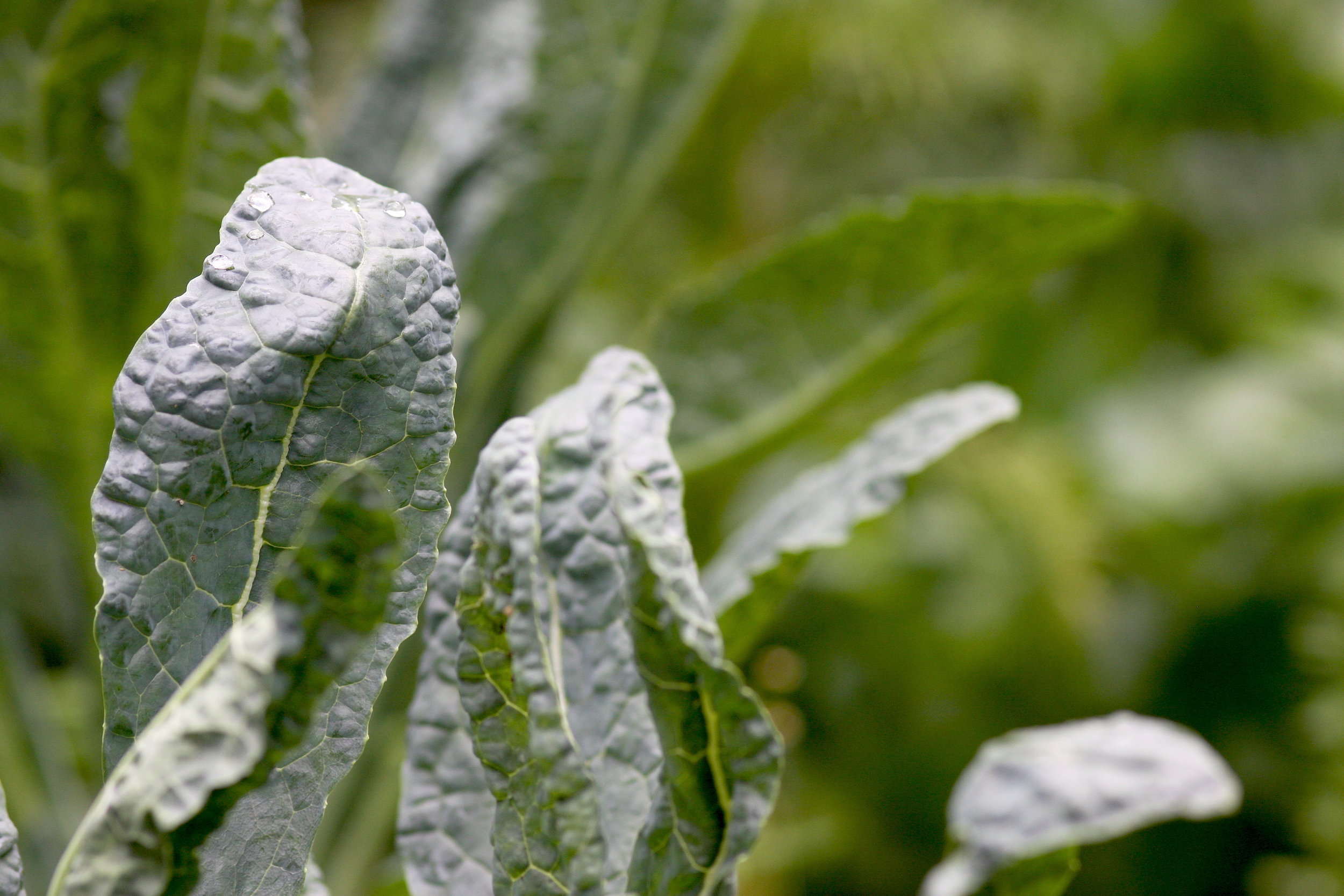
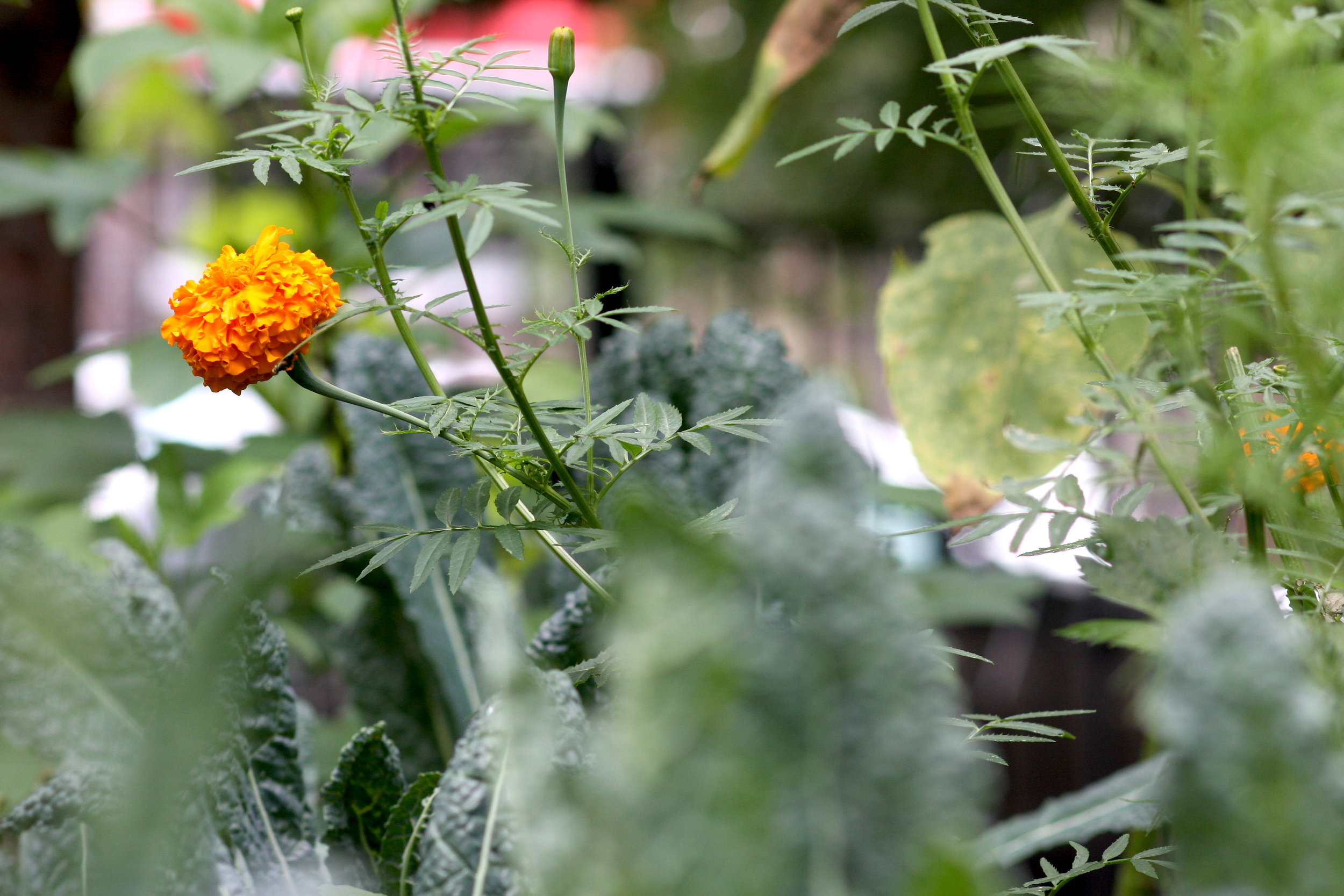
During July and August, community organizations have access to one or more exclusive or shared week-long program cycles. Groups of student farmers from the ages of six to 16 spend a week on the farm (Monday to Friday) with structured four-hour days of activities. Urban Harvest develops and maintains community food distribution channels to bring fresh, wholesome, Slow Food-grown produce to the neighborhood.
Thank You to our Urban Harvest Farm at Ujima Partners:
BRP Management Group, LLC / ENY Development, LLC
CAMBA Cornerstone at Boulevard Community Center
CAMBA Cornerstone at Cyprus Hills Community Center
CAMBA Cornerstone at Penn-Wortman Community Center
CAMBA Cornerstone at Louise H. Pink Houses
East New York Farms
Greenmarket, a program of GrowNYC
New York Community Food Advocates
Zegar Family Foundation
To learn more about our Urban Harvest program, please contact info@slowfoodnyc.org
The work we do through our Urban Harvest program would not be possible without the dedicated support and tireless efforts of Slow Food NYC Board Supporter Ed Yowell.
An additional special thanks to our amazing volunteers Erik Bardin and Matt Powell for the video of our urban farm resource at the top of this page!





